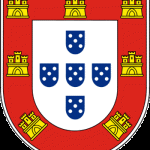|
 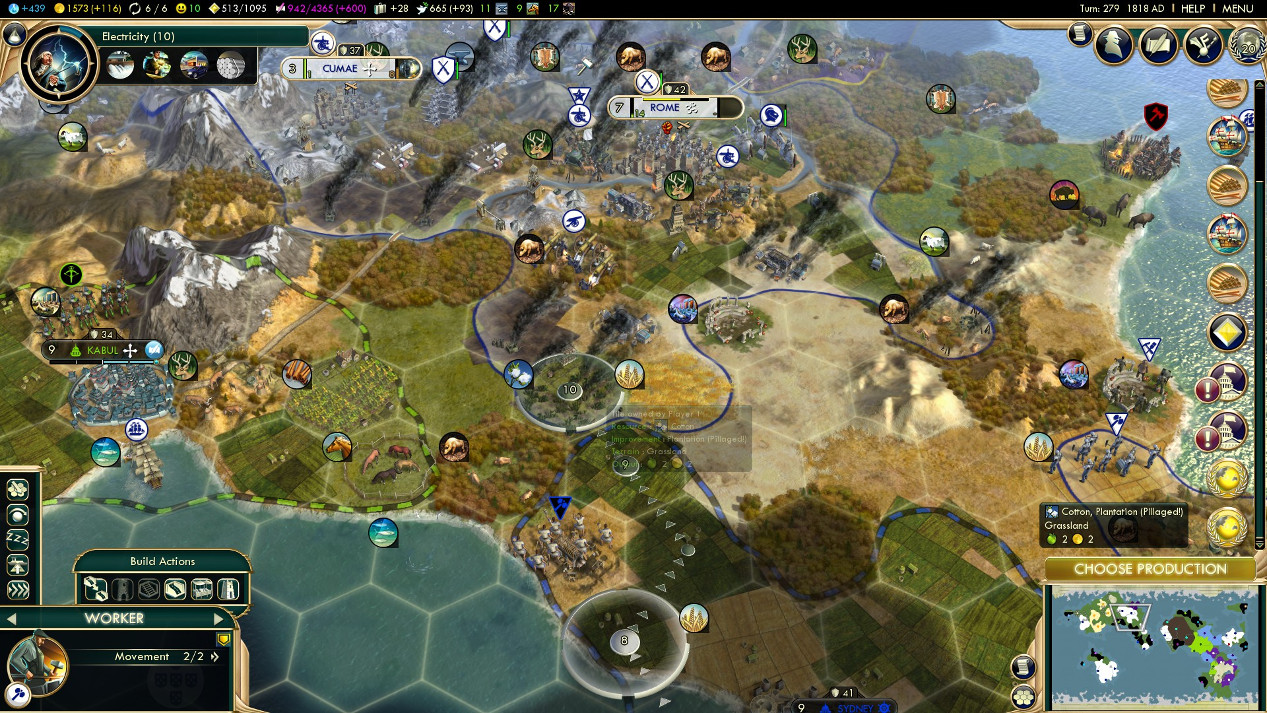 In the aftermath of the Roman conquest, there was a considerable push of popular support for what was later termed the "Restoration." A great number of architects, historians, and tradesmen from the Portuguese mainland, driven by a desire to see the historical Roman capital and its legendary pyramids and mausoleums for themselves, flocked to the city in an effort to repair its infrastructure. 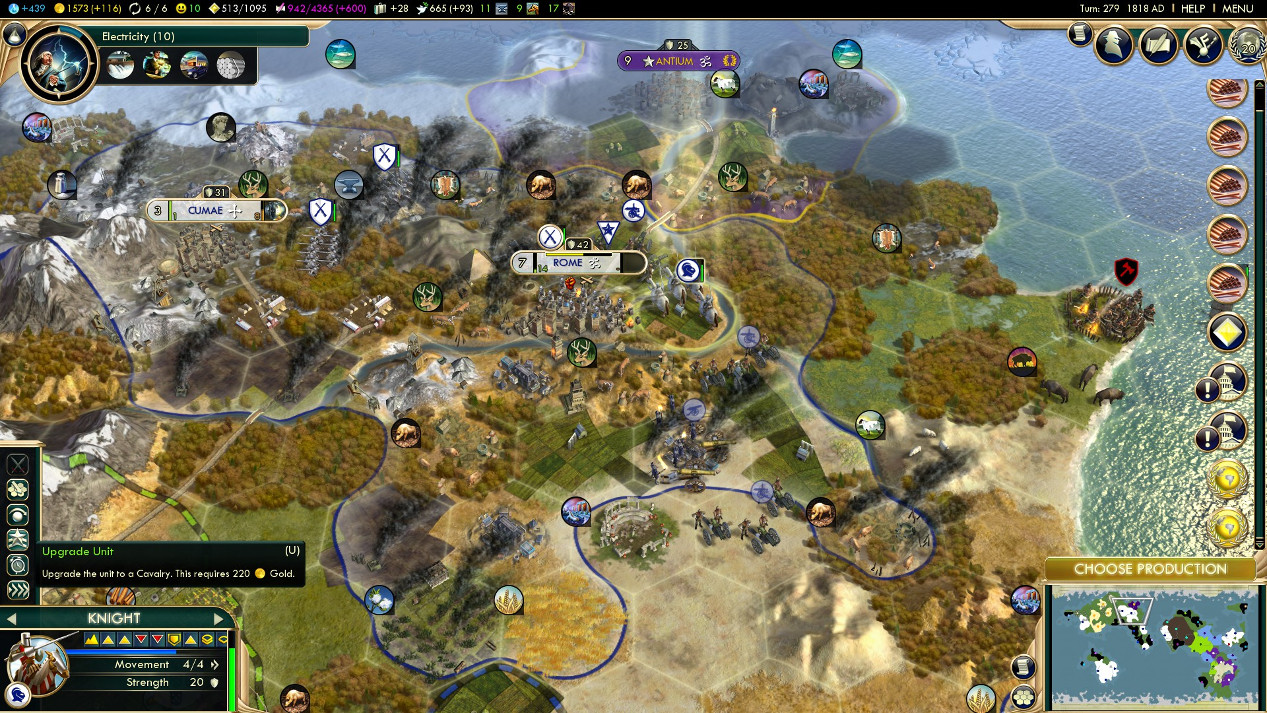 The move enjoyed a significant amount of governmental support, as it saw opportunities for employment and increased revenues from its new territory. Some of these revenues were earmarked for military modernization. 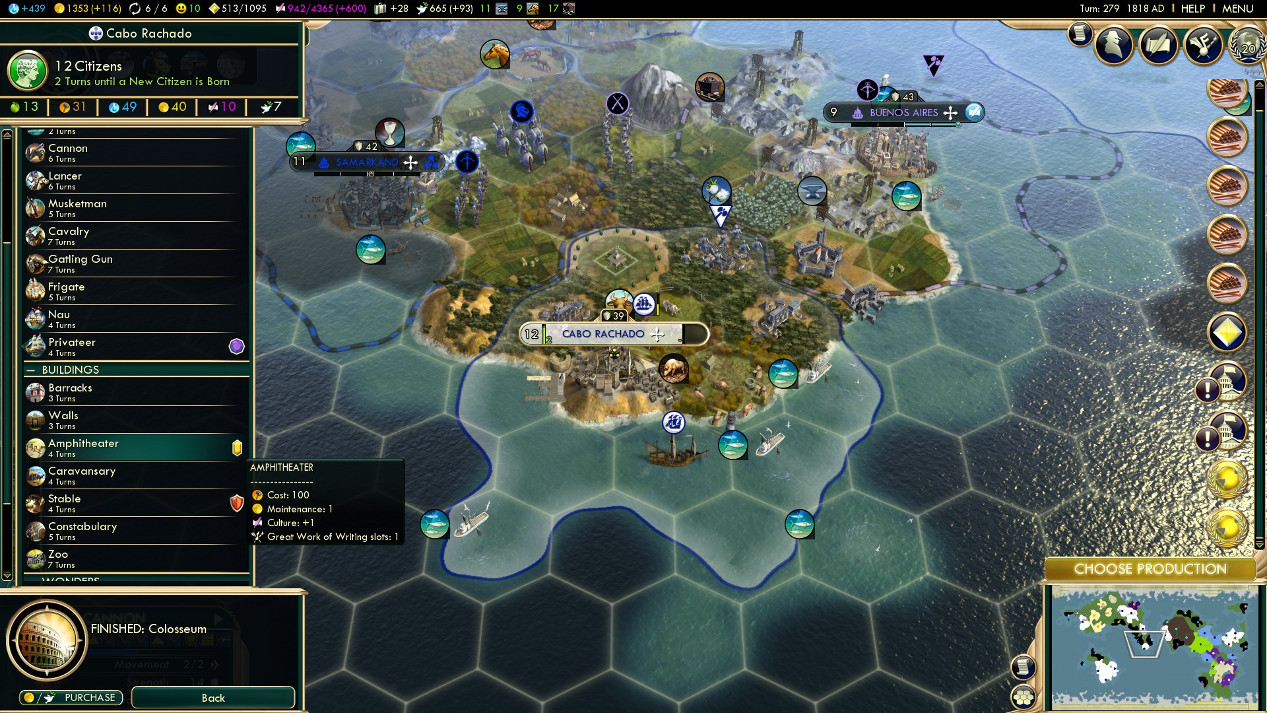 The subsequent economic boom resulted in a greater level of urbanization and development in the distant corners of the Portuguese economic sphere.  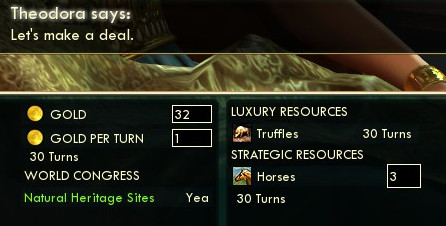 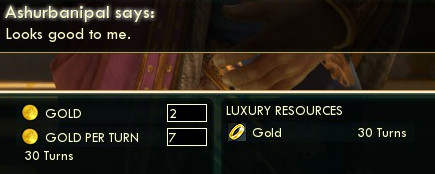 However, President Bragança was reportedly still developing as a statesman, attempting to negotiate deals of varying complexities with distant allies 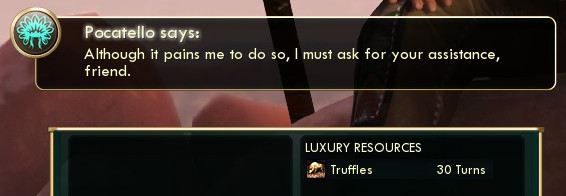  At this time, the campaign of "passive aggressiveness" so coined by contemporary scholars was continuing unabated, with reportedly basic negotiations with Shoshone diplomats suddenly becoming quite chilled, even outright hostile. 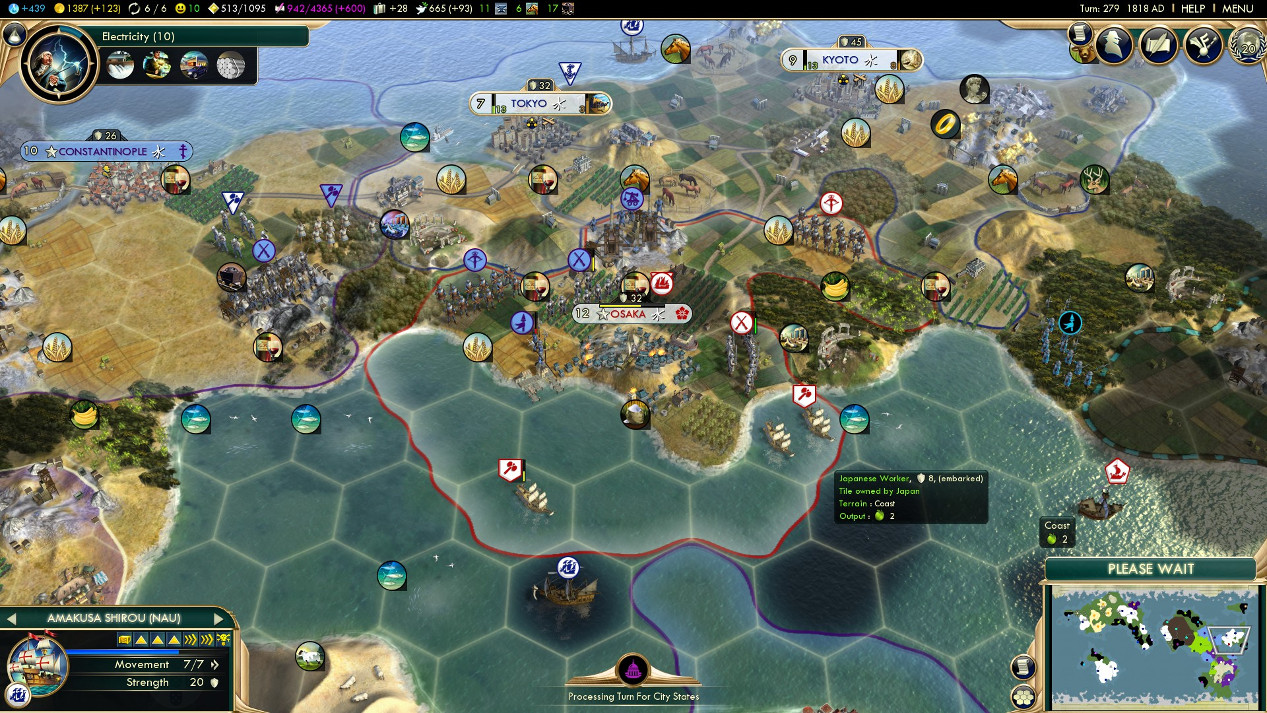 At around this time, there was said to be a migrant crisis as a result of Byzantine invasion, as the ongoing Japanese military dictatorship struggled to maintain a hold on their last remaining city. 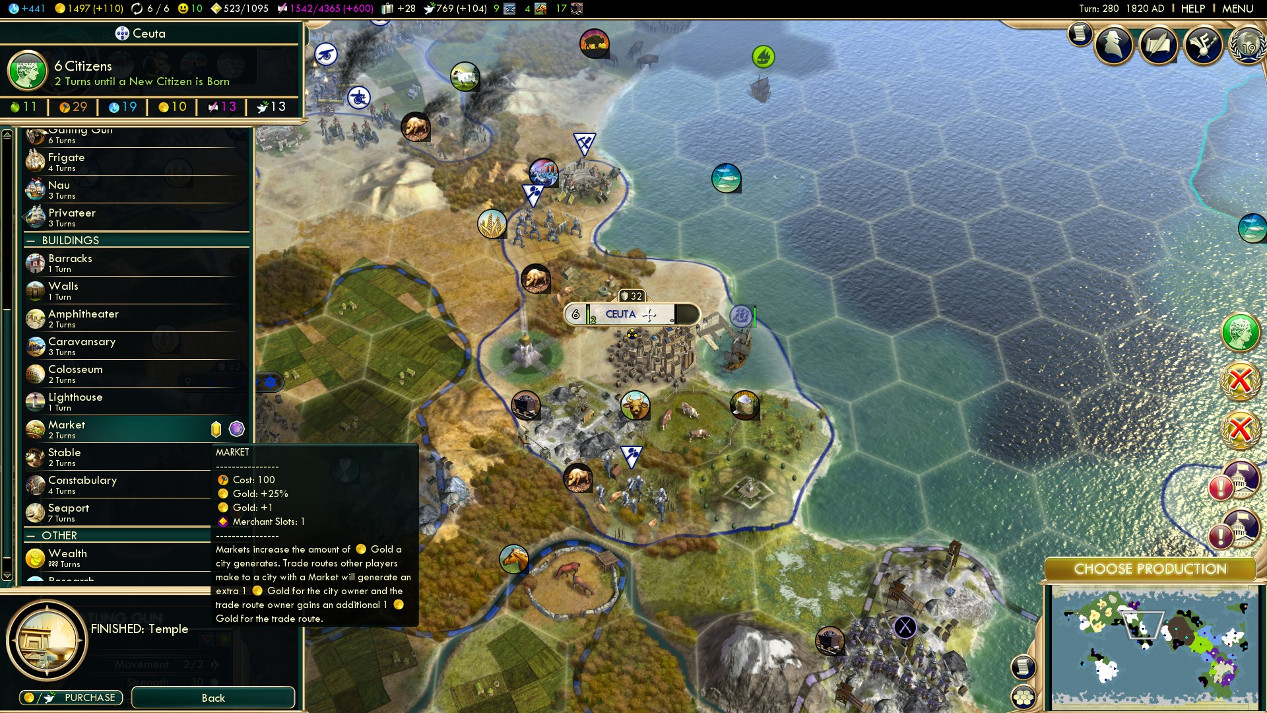 Ceuta, originally built as a stronghold to support the Portuguese invasion of Roman mainlands, was starting to come into its own as a centre of trade and cultural history. 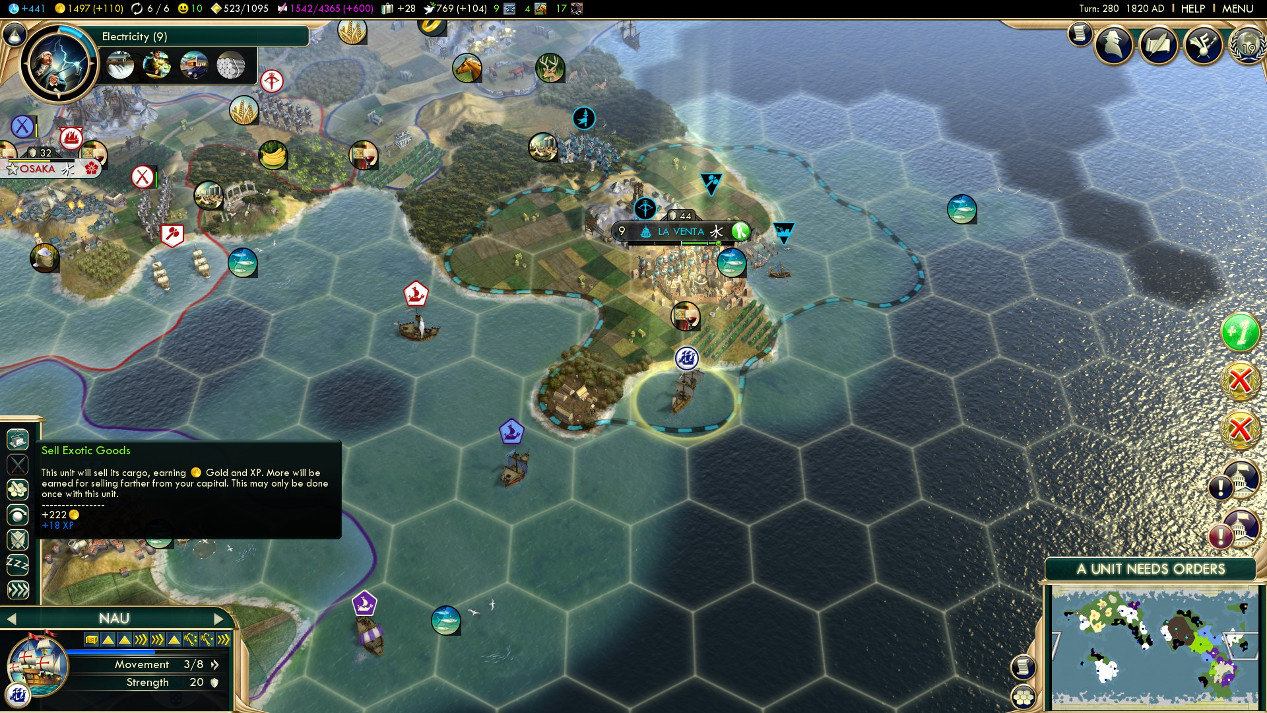 However, it is at this point that an unusual military reform began to take place, known as the "Armada Mundial." The Portuguese naval force, expanding significantly in size through the acquisition of ships from overseas territories, was beginning to bloat, so plans were made to surplus the ships to various City-States in the interest of promoting "self-defence and national mutuality." 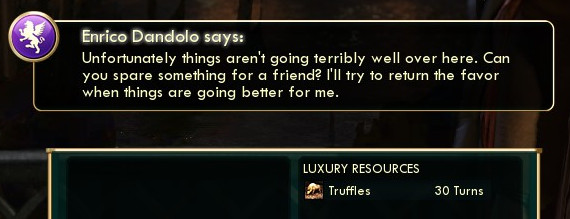  Similar generous allowances were made for allies internationally. 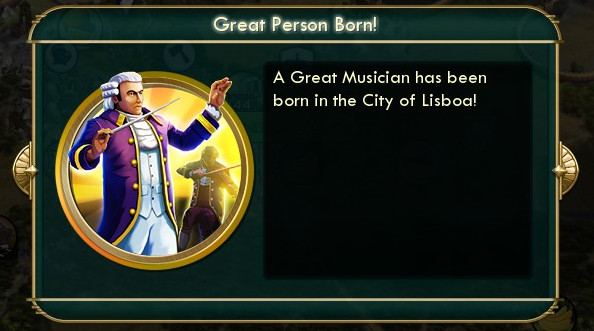 The Fado tradition began to more fully assert itself in this time, and Lisboa in particular gained some recognition for inspiring some of the greatest artists of the genre. 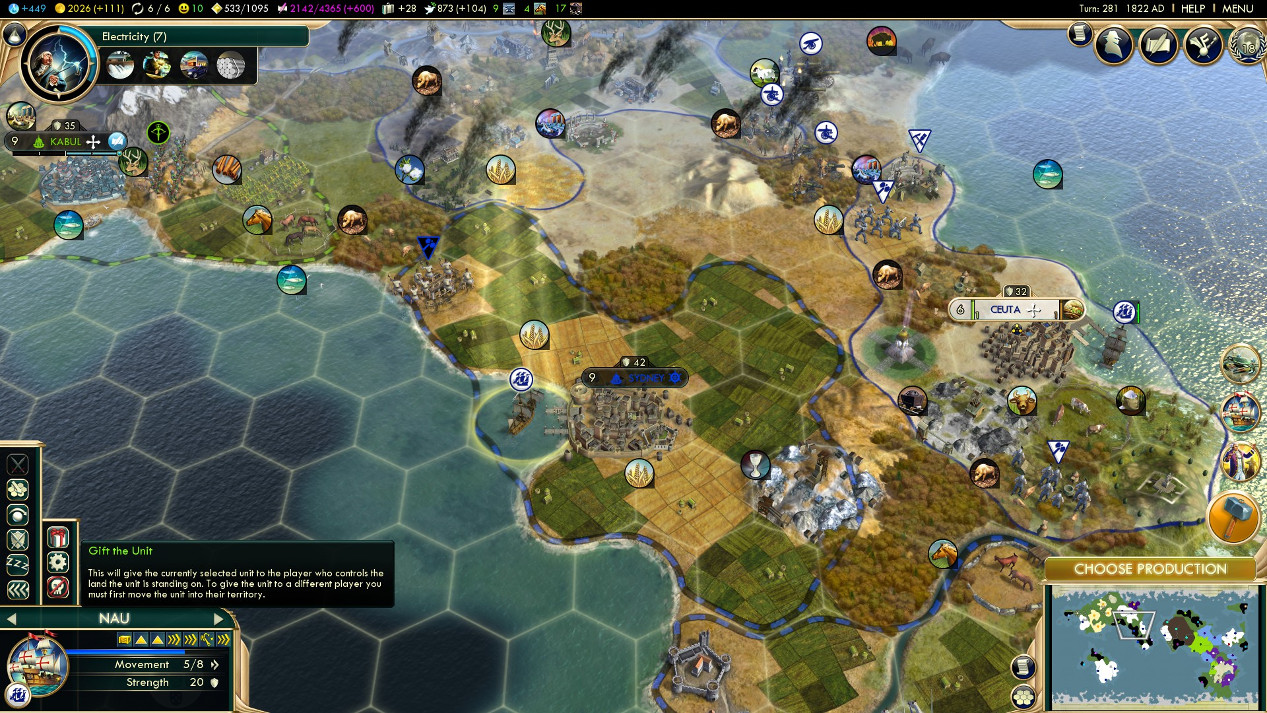   "National defence and mutuality" were some key phrases used in international discussions with allies, and formed the basis of the Portuguese peacetime diplomatic efforts. 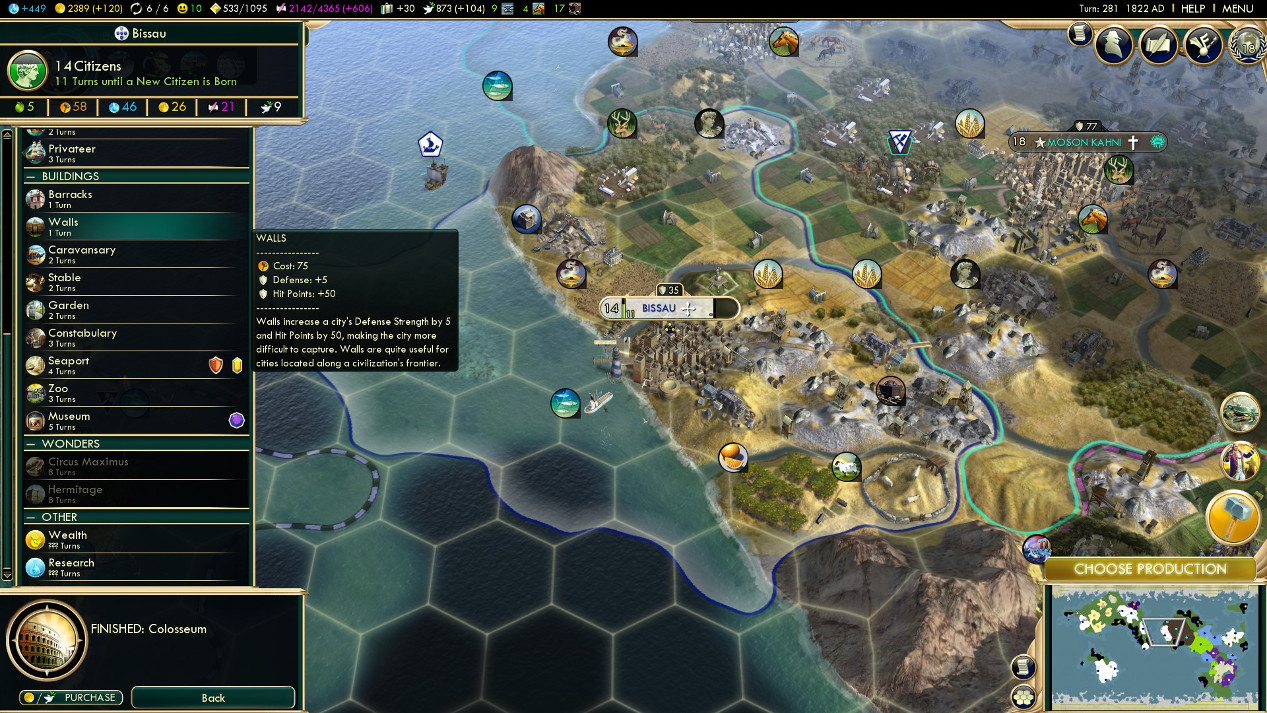 A recognition that some military considerations were required even when there was no active warfare meant that military projects previously abandoned as frivolous began to take root in various parts of the empire. 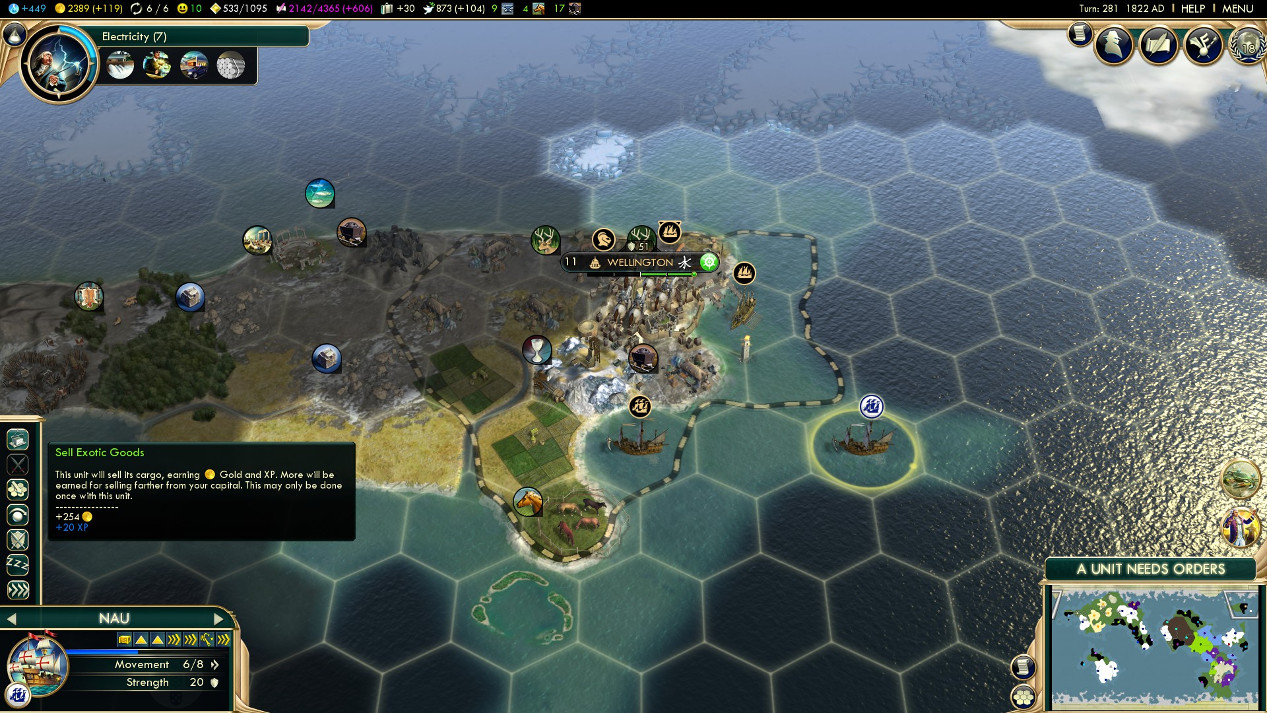 By the same token, the knowledge that the "Armada Mundial" project was part of this plan was eventually revealed, and Lisboan shipyards continued their production of Nau unabated. The term "military-diplomatic complex" was occasionally used pejoratively to refer to the same idea. 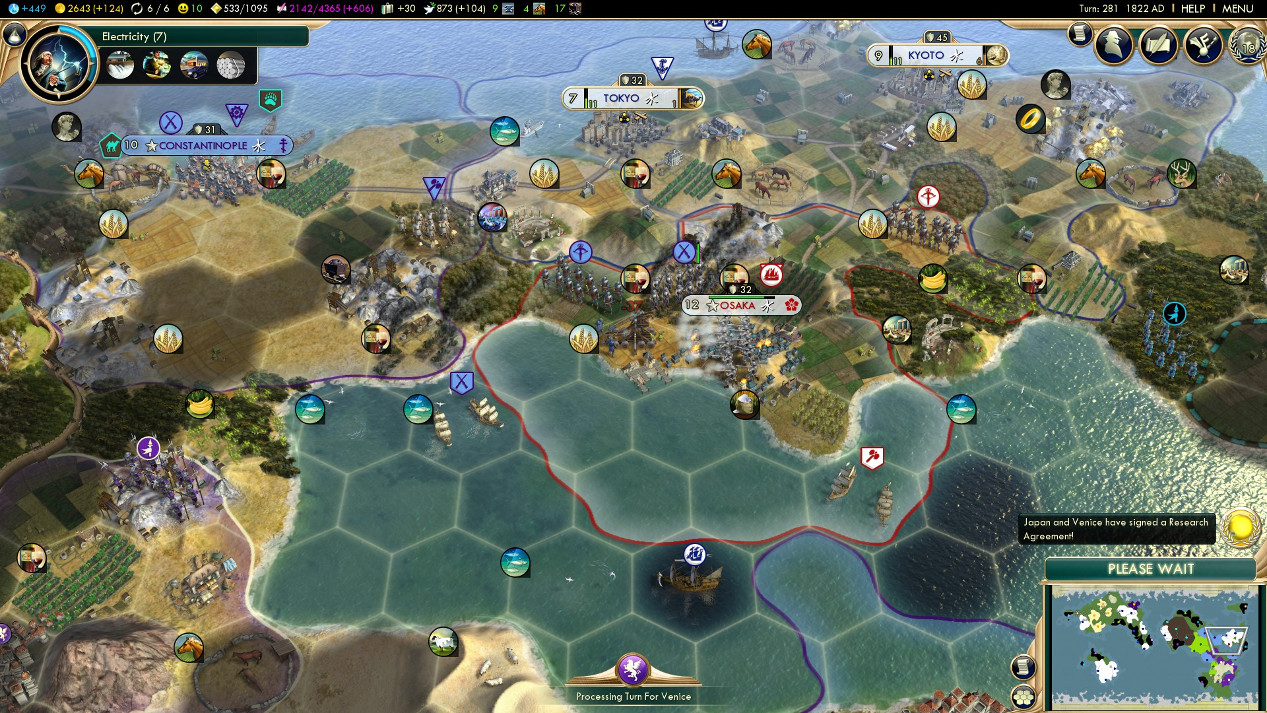 At around this time, it became apparent that the Japanese were enjoying some successes through allegiance with Venetian traders, and the Byzantine war effort seemed to lose its foothold suddenly.   Closeness with the Portuguese empire was seen as desirable for diplomatic and economic reasons, but due to continued deep-seated fears held by devout Sebastianists of Confucian cultural dominance, Venetian-Portuguese border access remained limited as ever. 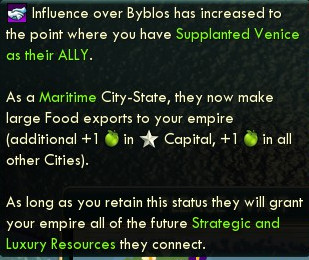 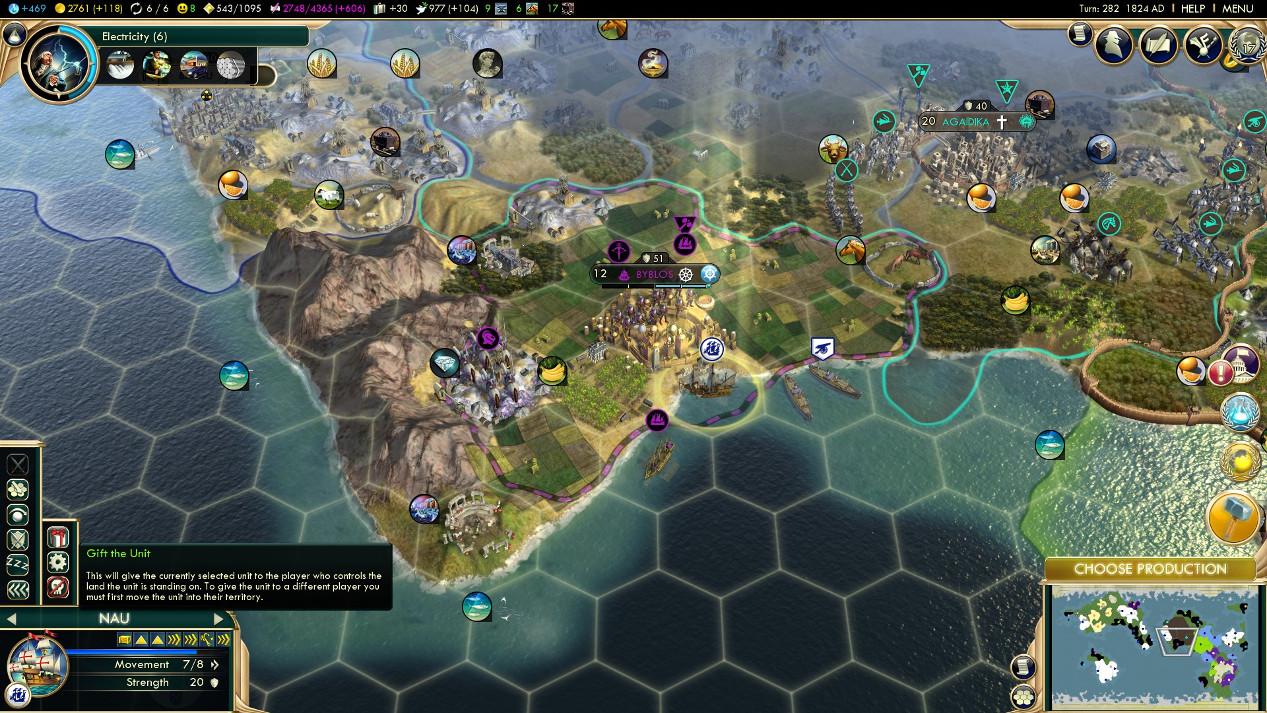 The Armada Mundial project was beginning to enjoy some successes thanks to an increased willingness for affected independent states to declare their allegiance to the Portuguese. Antonio Salazar was said to have referred to this style of alliance-building as "gunboat diplomacy by other means." 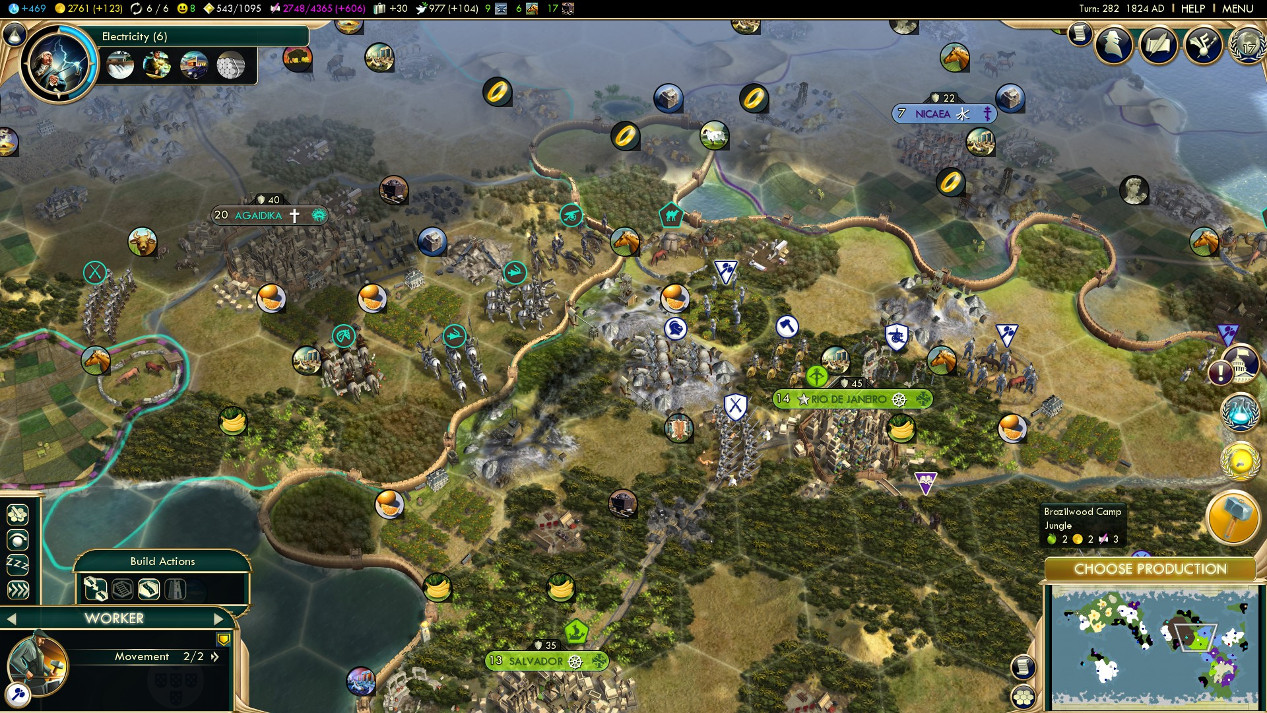 At this time, the campaign of passive-aggressive action against Shoshone invaders of Brazil began to reach a head, as Shoshone and Portuguese forces were paralyzed by the diplomatic standstill in force. At that time, President Bragança decided to try something different. 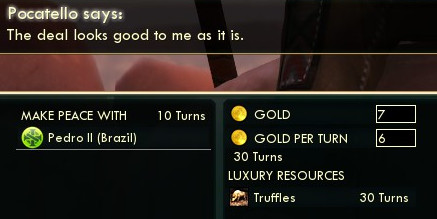 In an open discussion with the Shoshone leadership, the President openly admitted to resorting to various types of diplomatic legerdemain in order to erode the Shoshone willingness to engage in open warfare, and offered reparations in exchange for a good-faith attempt at a peace deal with Brazil. The Shoshone were reportedly moved at this display of honesty, and after some negotiations, agreed on the exact terms of Portuguese reparation.  Thereafter, peace was restored to the Brazilian homeland. The people of Rio de Janeiro were overjoyed that their continued positive relations with the Portuguese enabled them to gain such dividends. 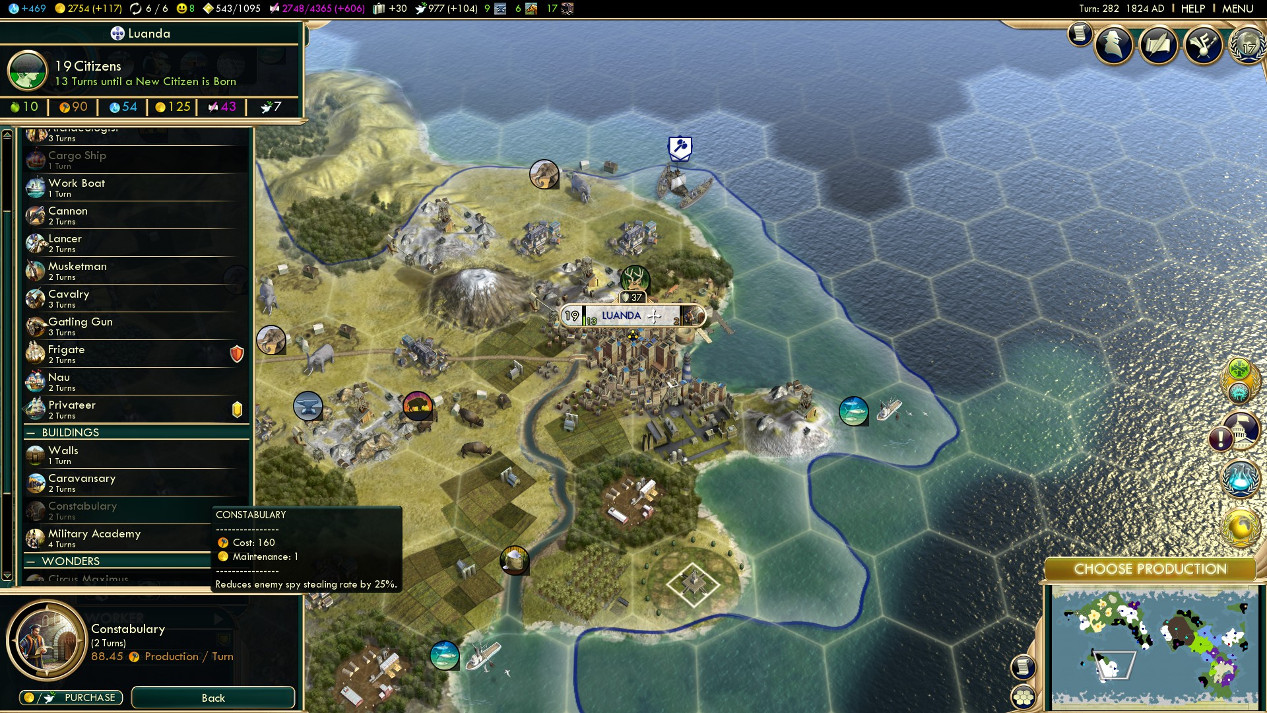 Luanda instituted some reforms on a municipal level in the hopes of establishing greater domestic security, all the same. 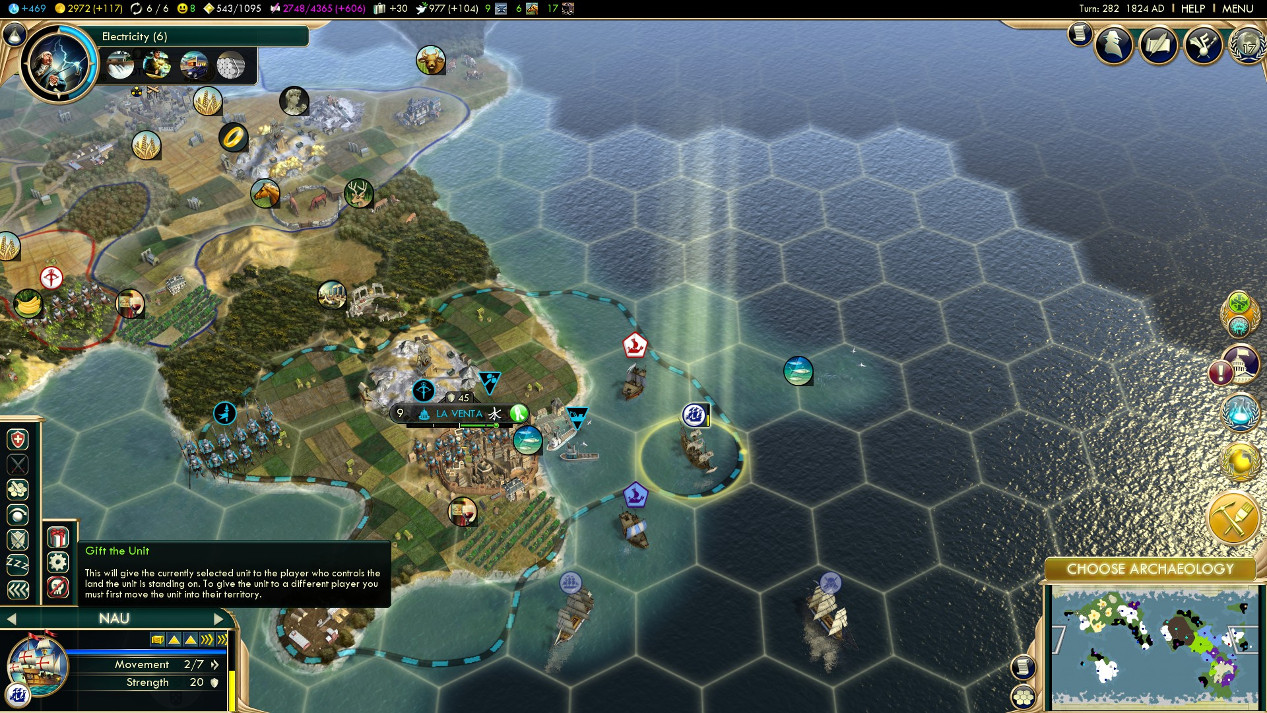 Though quickly becoming outdated, the Nau was also becoming one of the most popular ship designs the world over. 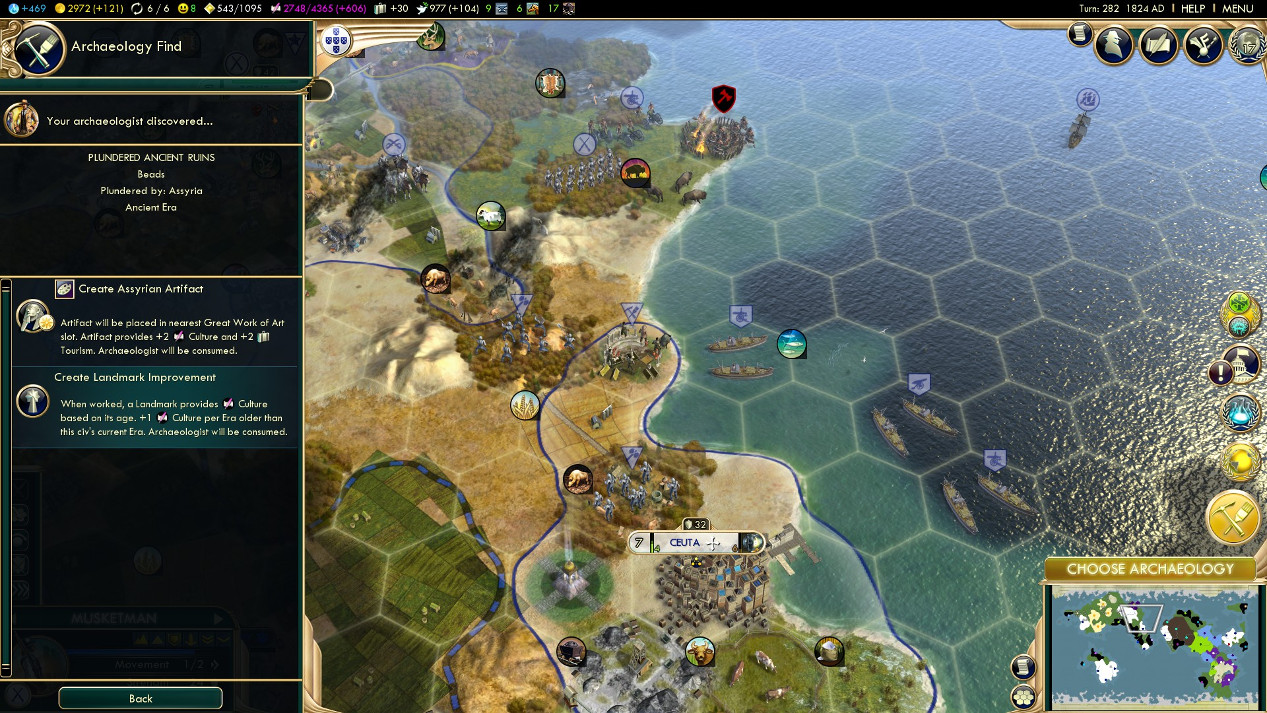 This popularity, however, could also be explained by an increasing emphasis on world and cultural history that the Portuguese populace were continuing to hold in such high regard.   Not all diplomatic relations with the world were as smooth though, as evidenced by those left behind in the wake of colonialism. 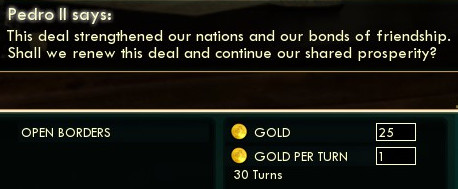 And yet, the Portuguese diplomatic engine continued to foster popularity wherever it could. 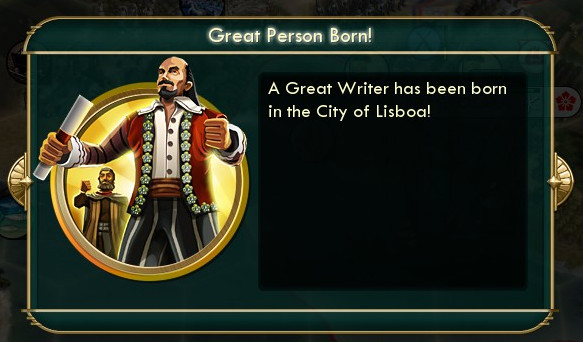 There was some hope among the Portuguese literary community at the time that government efforts to preserve peace would endure.  Mutual defence with the Byzantime nation seemed to be of some importance to the President, given the failed invasion of Osaka seems to have depleted Byzantine manpower quite prodigiously. 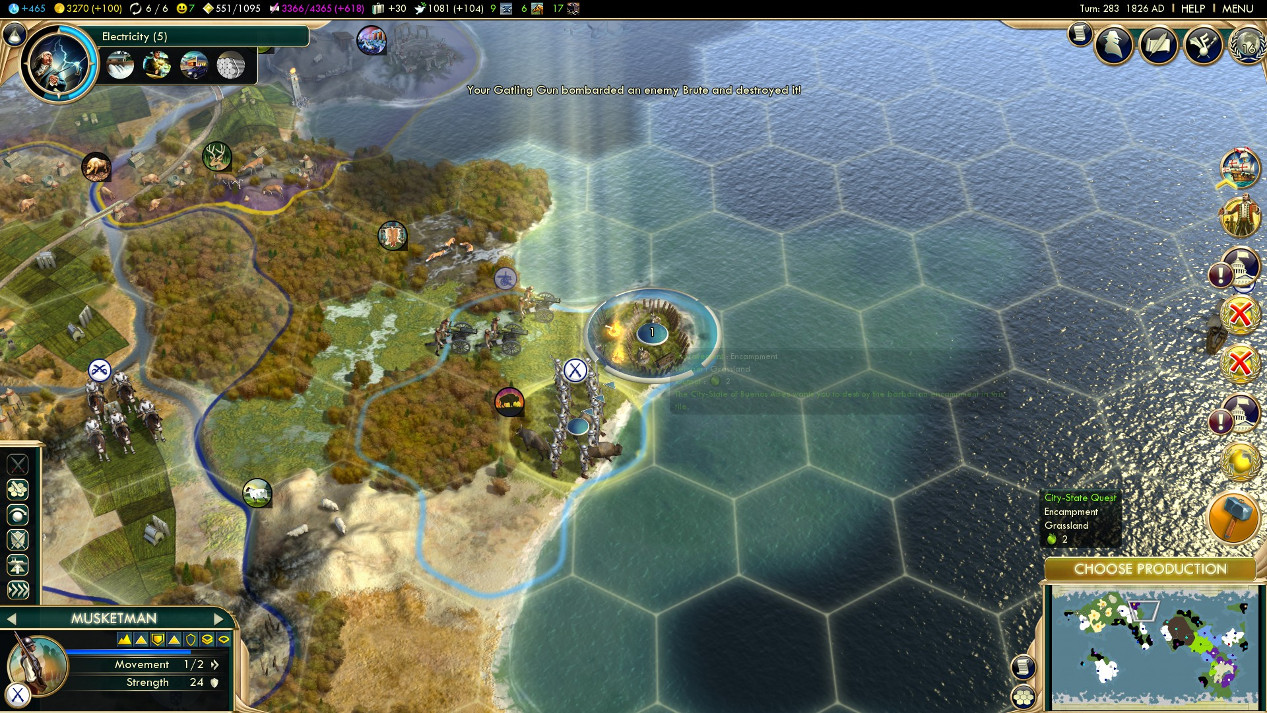 A pocket of Roman resistance evaporated under Portuguese military pressure, and earned the nation some diplomatic capital with Buenos Aires. 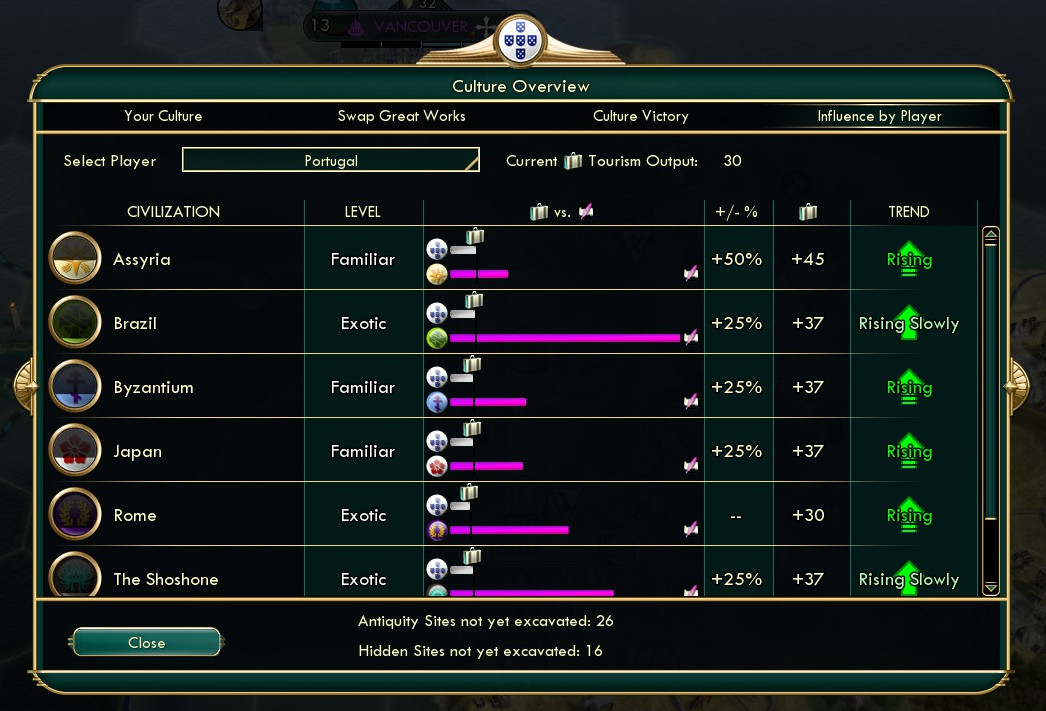 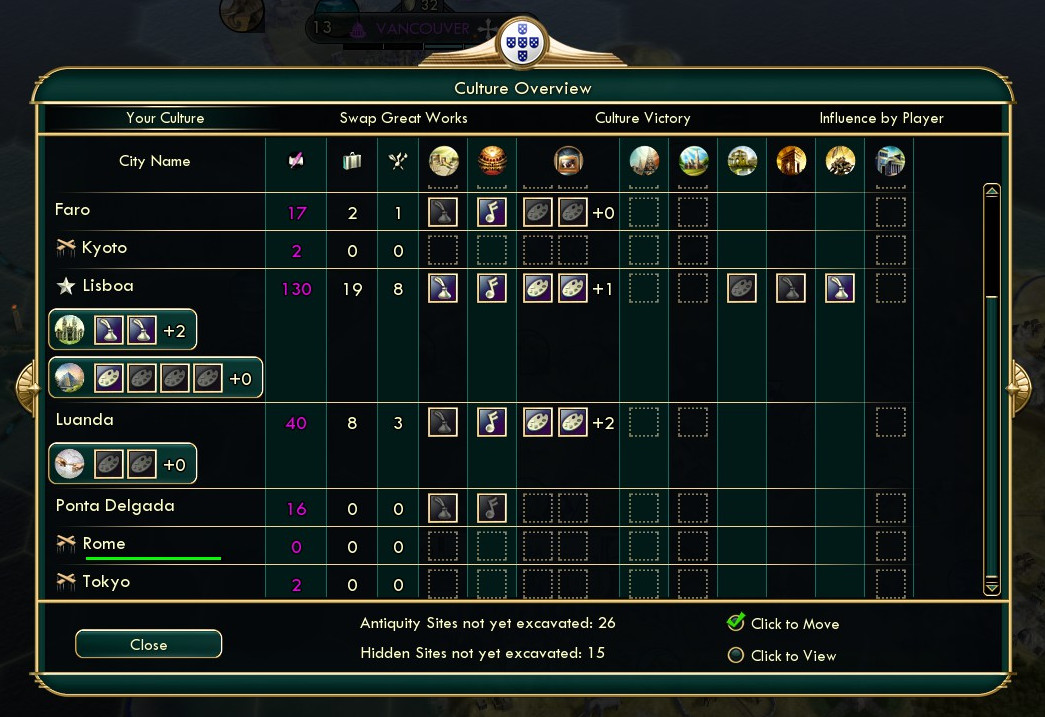 Still, while the Portuguese cultural tradition enjoyed significant domestic popularity, there was a sense that its treatment of historical artifacts and texts were keeping it at arms' length from other nations. 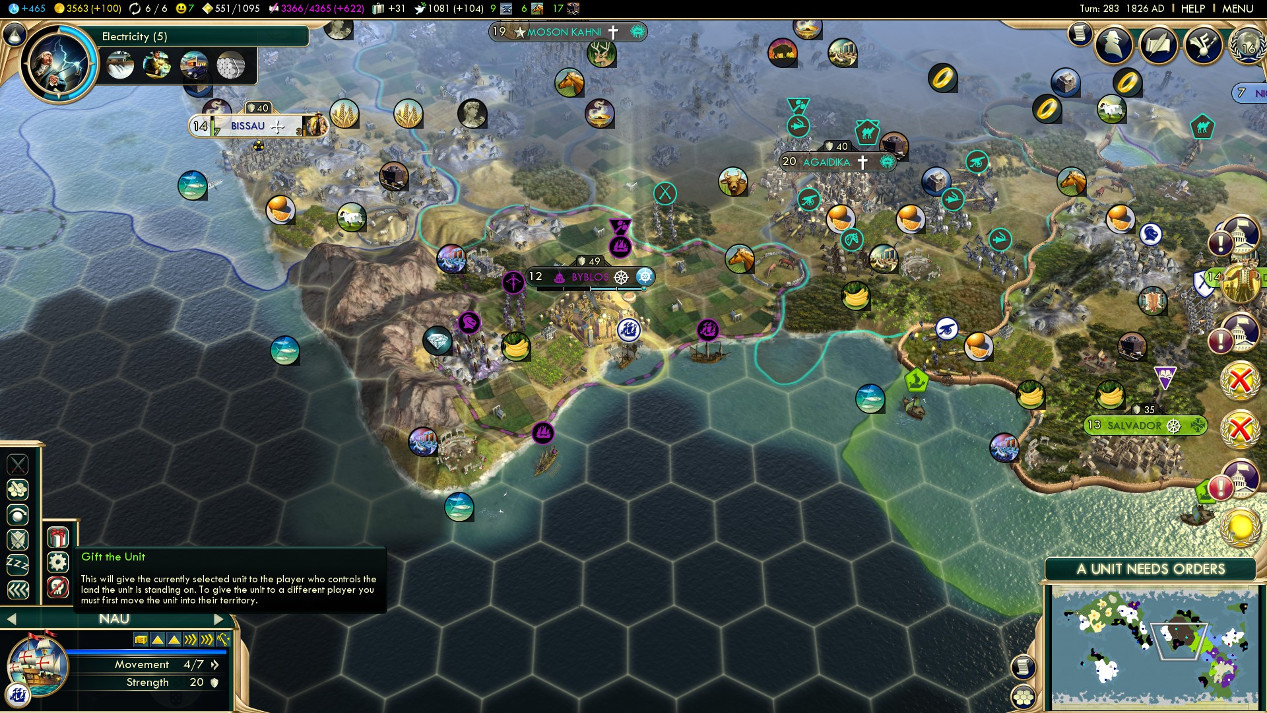 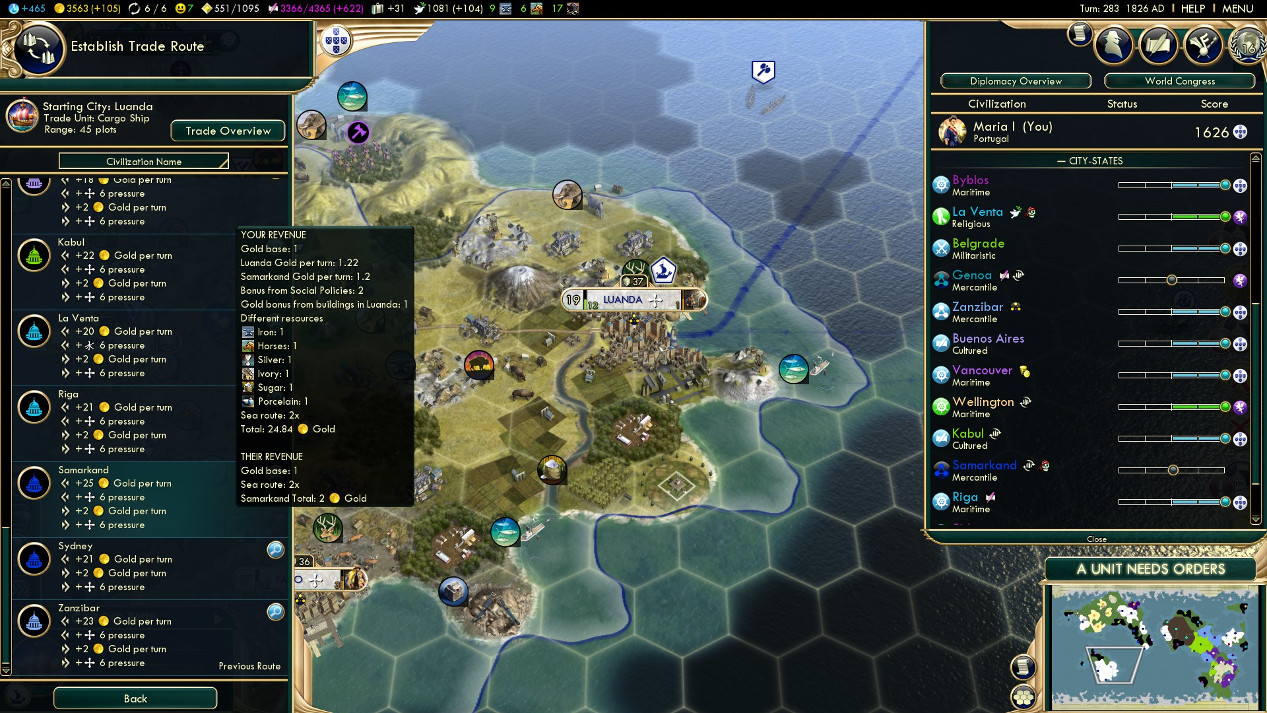 Though, this hardly seemed relevant or worthy of concern in light of other measures taken to guarantee Portuguese popularity abroad.  Anthero de Quental posted:Glory! What in her should I worship? What, 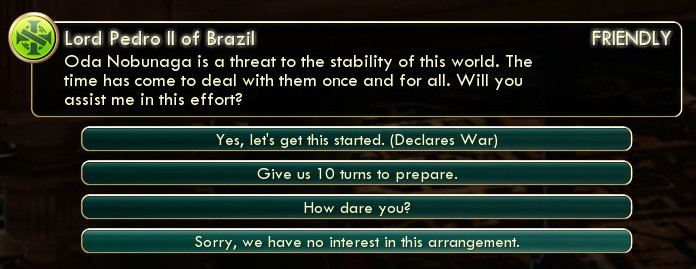 Brazilian attitudes towards war, however, were taking a sudden turn, as there were reports that Emperor Pedro wished to seek conflict on more favourable terms to reclaim supposedly stolen glory. The Portuguese made an attempt to dissuade him of this notion, with unknown success. 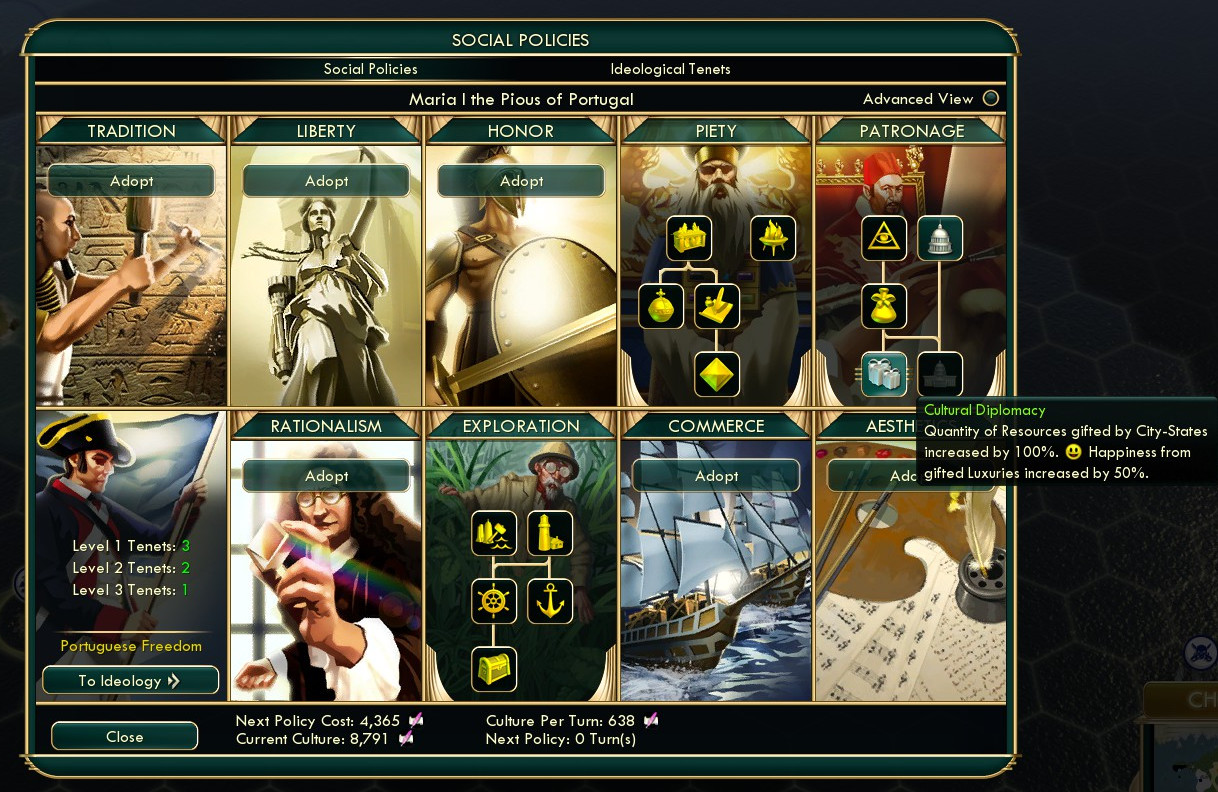 Portuguese diplomatic efforts, however, were paying dividends in unique ways. 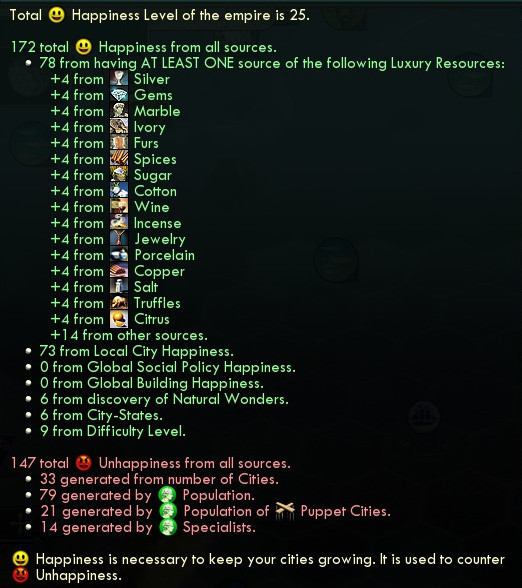 The unique position that the Portuguese enjoyed as being the foremost diplomats in the world meant that national satisfaction could remain high even in as disparate an empire as the Portuguese were. 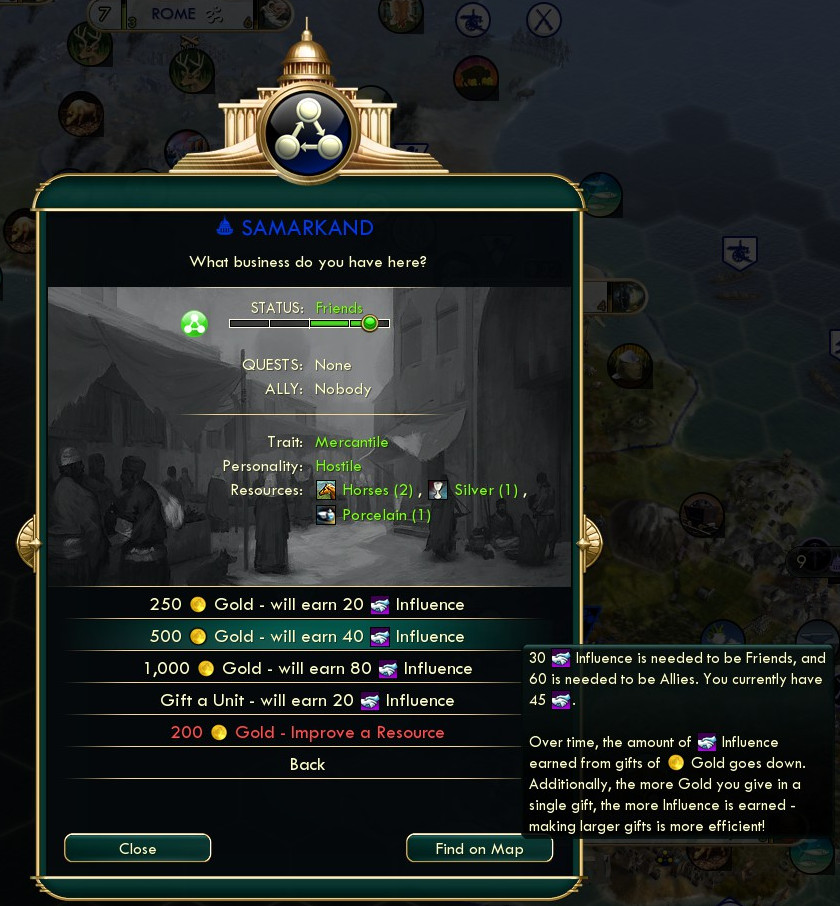 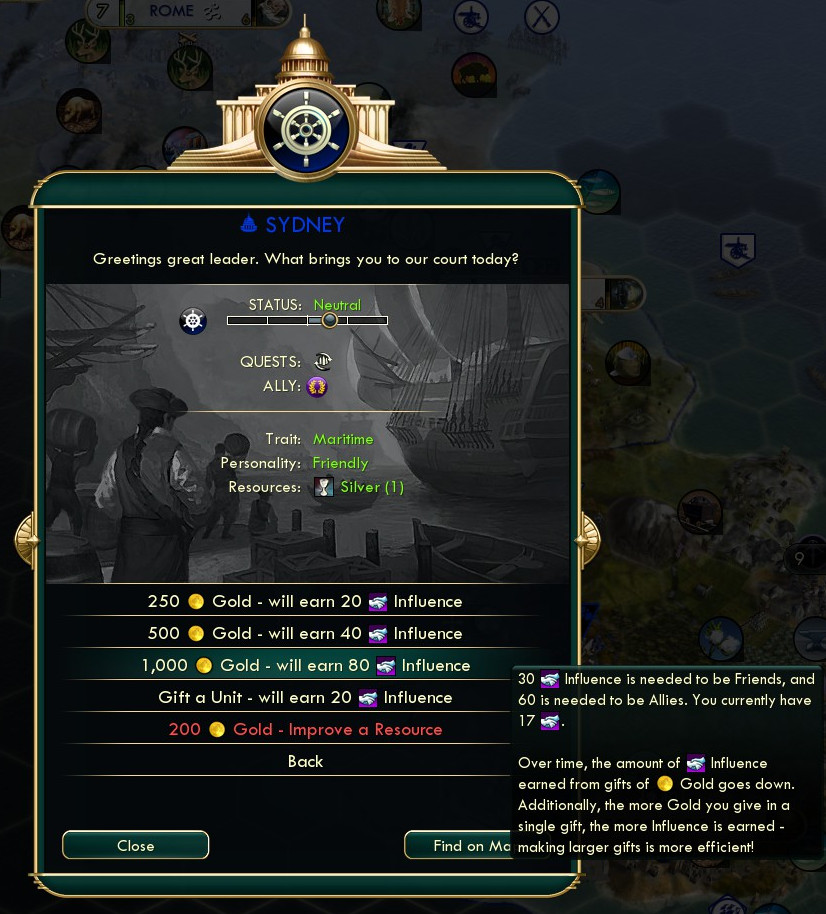 The benefits of the economy were also directed towards these diplomatic missions, to significant effect. 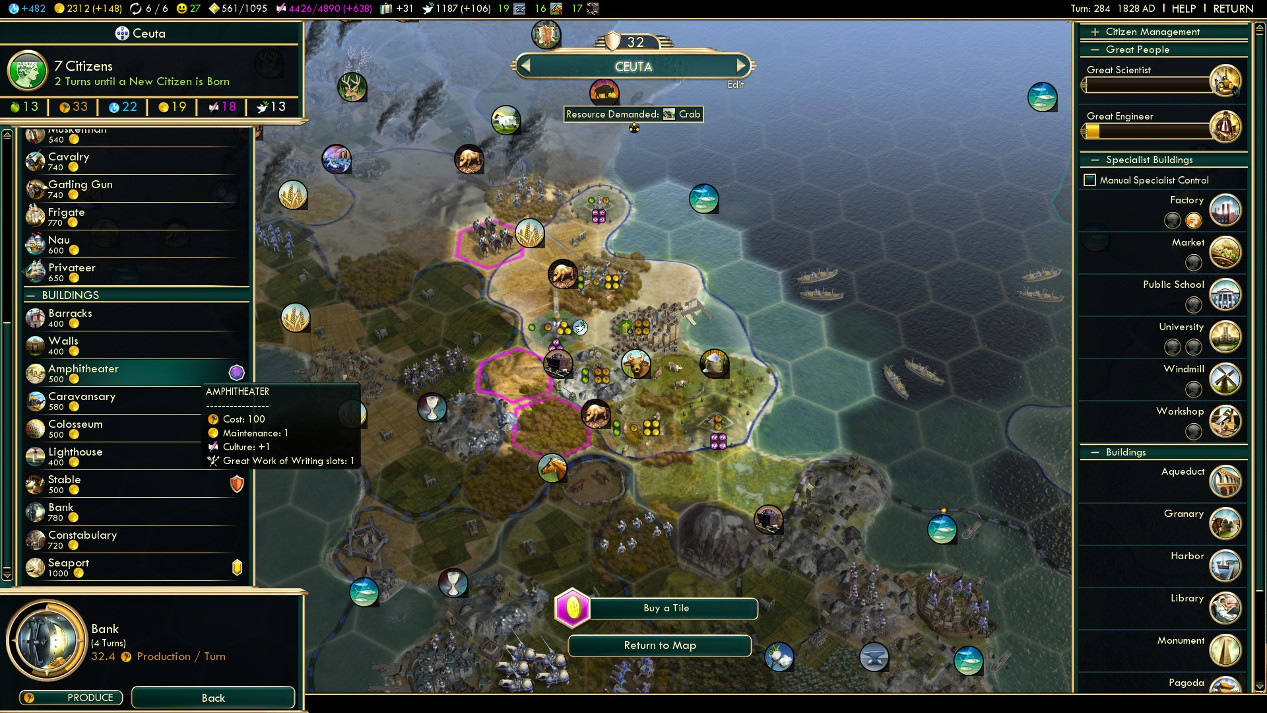 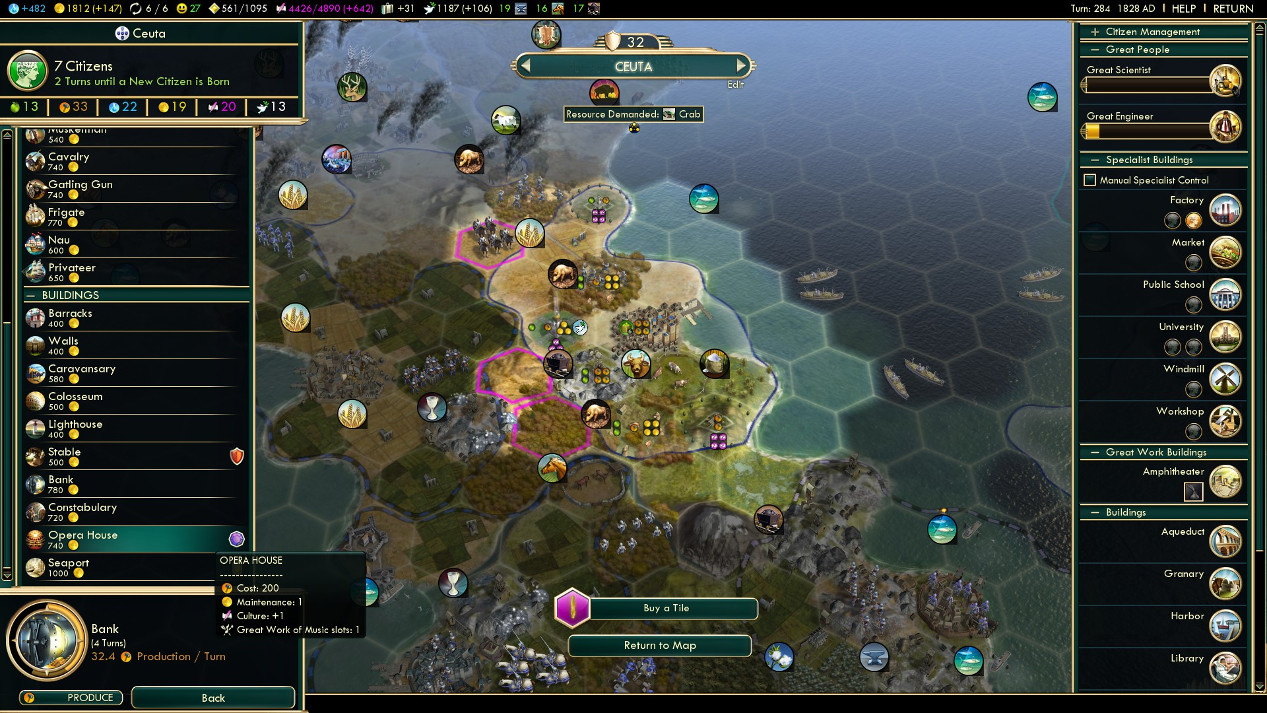 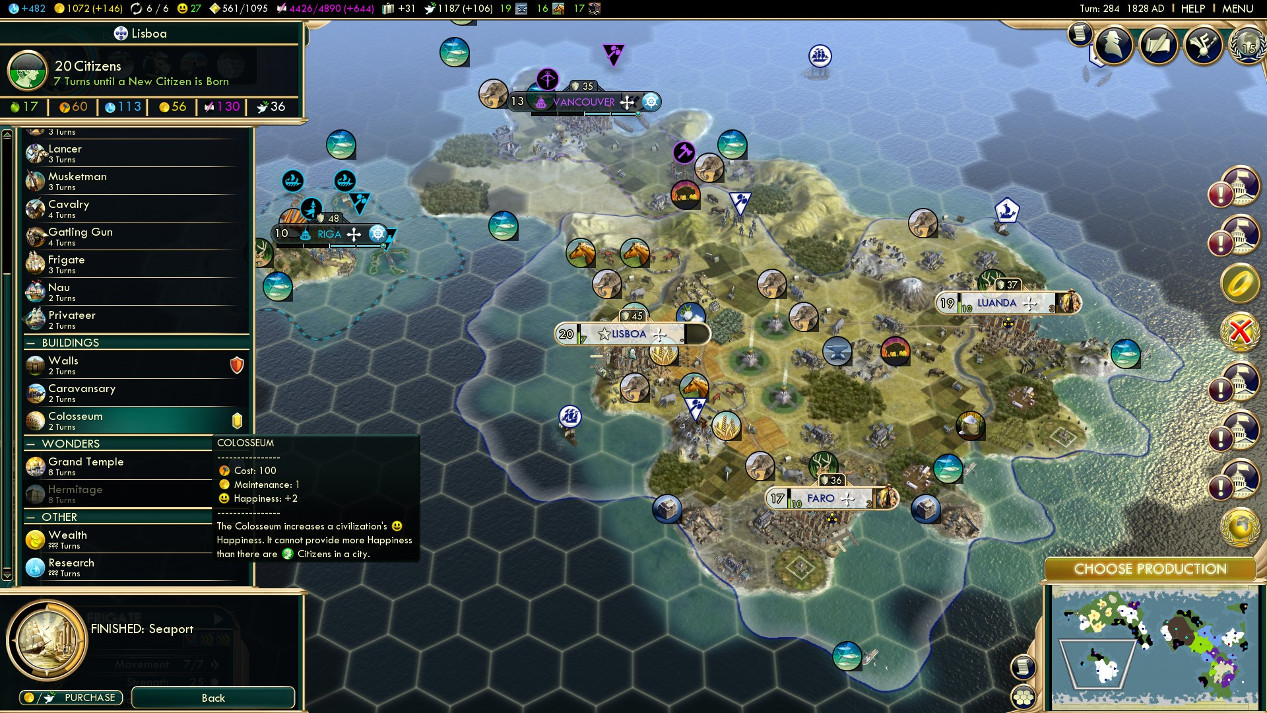 However, there was still a significant enough budget to account for domestic improvements as well, though the budget was quickly depleted by a combination of these sudden expansions.    However, diplomacy continued to prove itself easily worth the cost of investment, or so the popular line in the President's office went. 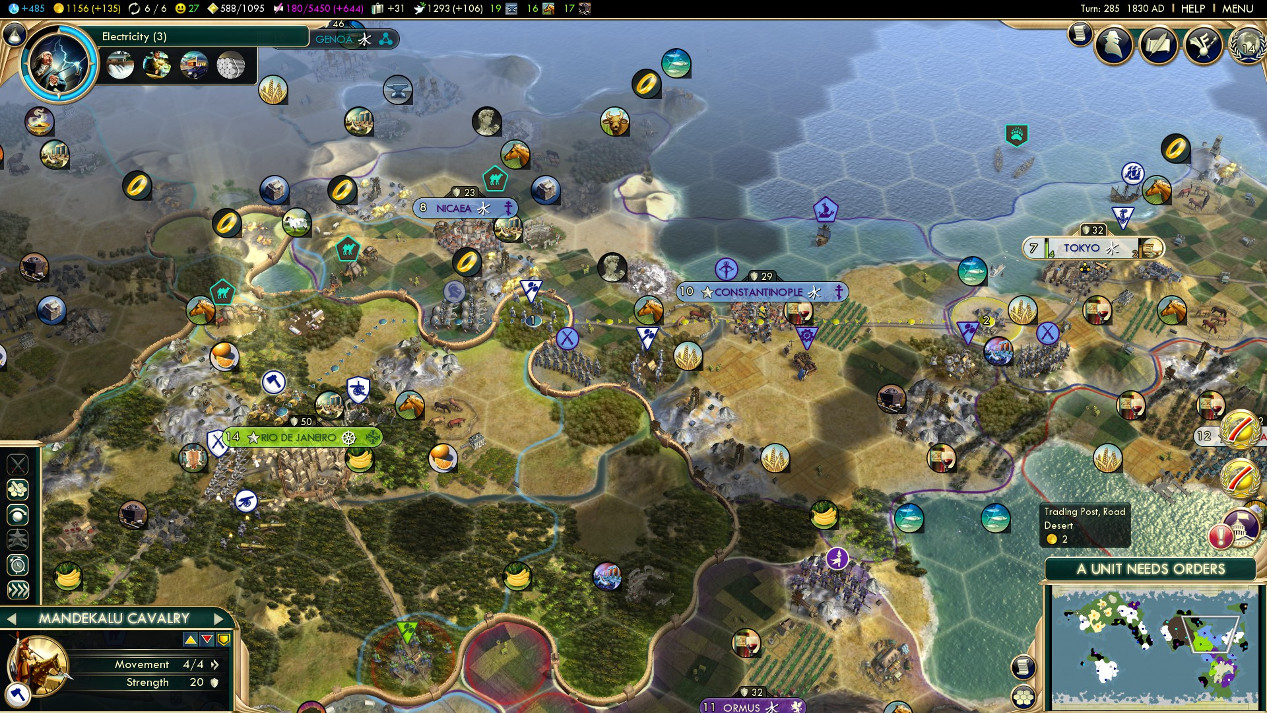 However, a sense of unrest was brewing all the same, in light of the failed Byzantine invasion. 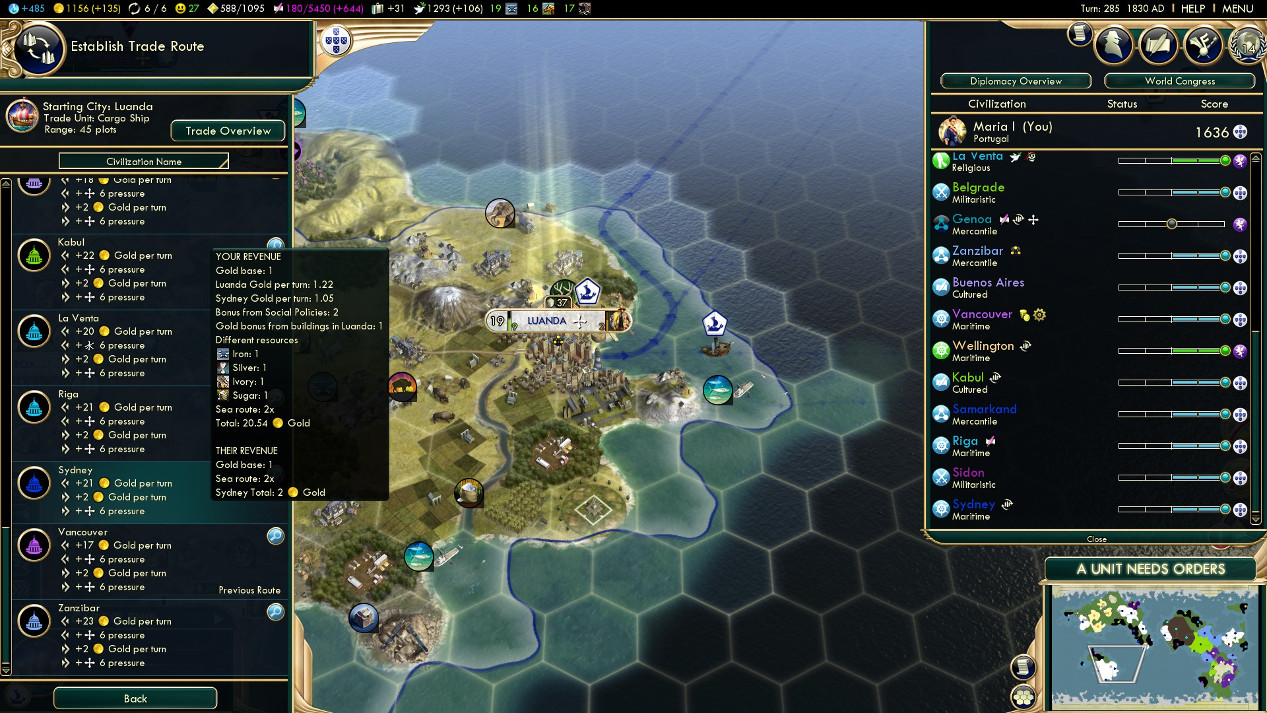 While the Portuguese focused their efforts, a strange series of orders were being issued in the shadows of the public face of the global discussion. 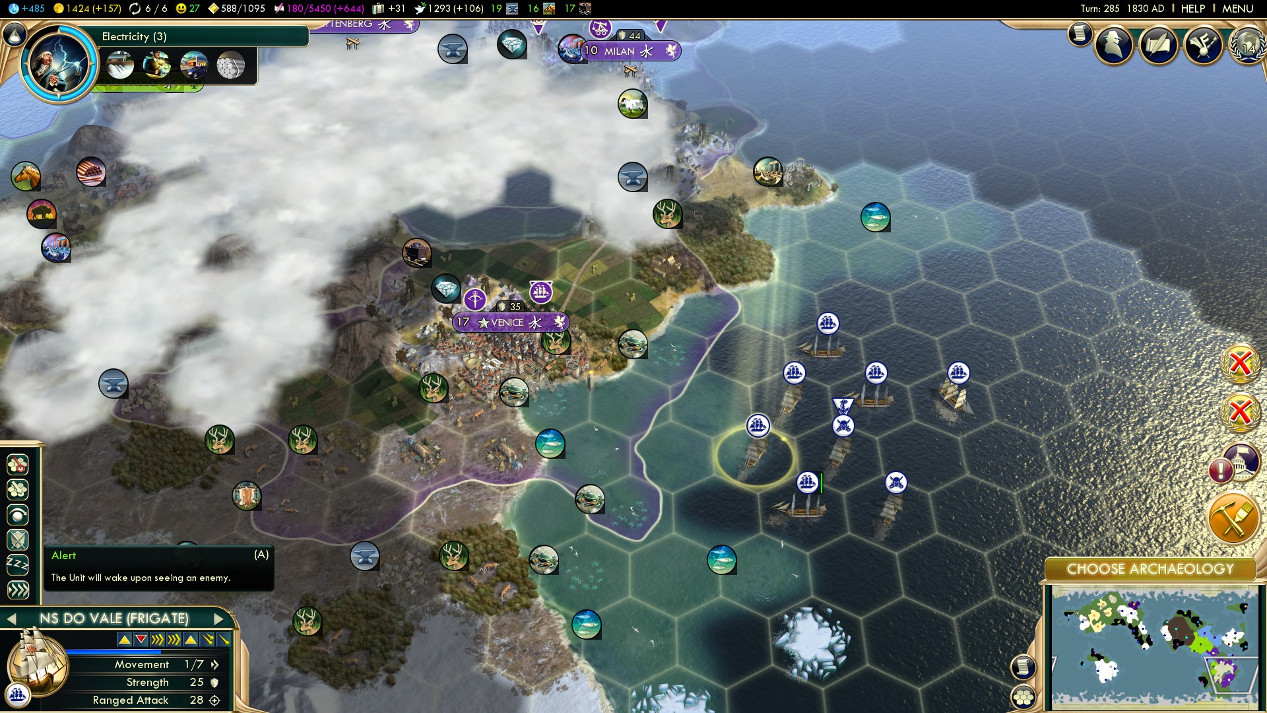 Just out of range of the assumed Venetian telescope range, Andrea Doria's fleet gathered on the high seas in preparation for...a hopefully disproven eventuality. 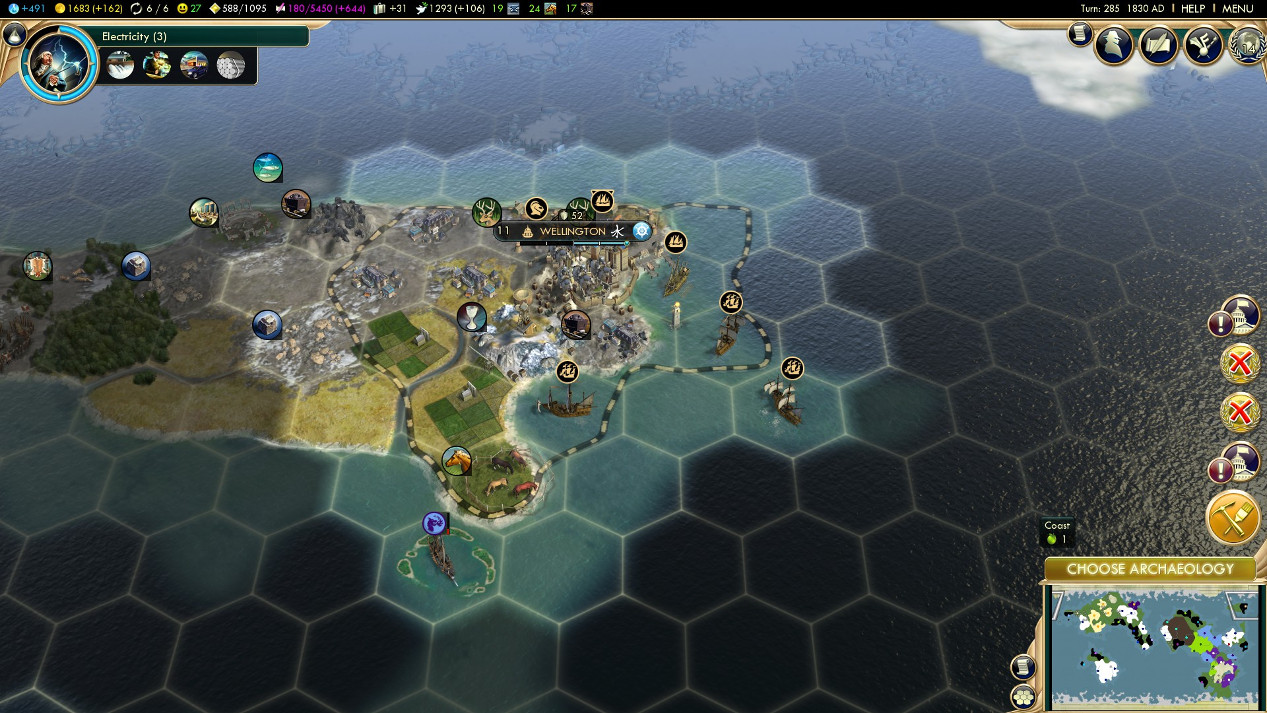 Wellington was prepared for a similar circumstance, and equal parts encouraged and pressured to change their primary allegiances from Venetian to Portuguese overlords. 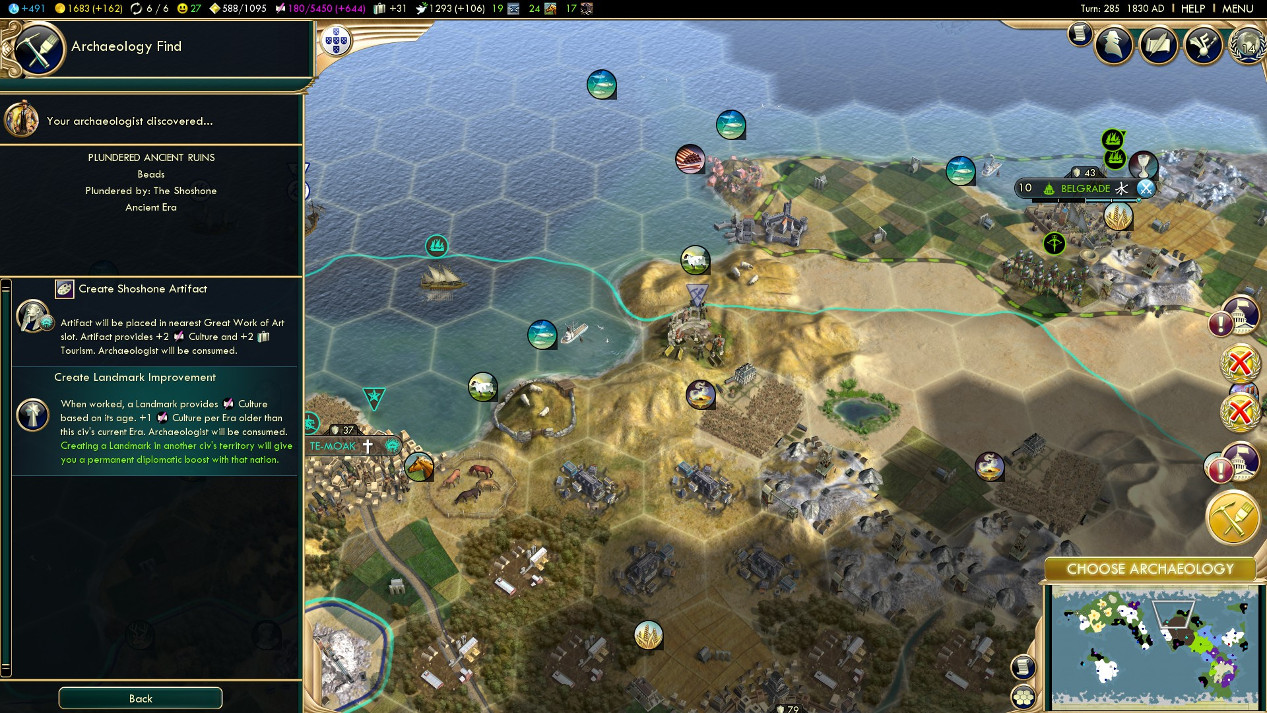 Meanwhile, an unusual consequence of the ending of passive-aggressiveness took root, as an archaeological dig site was suddenly under disputed ownership, and the Portuguese explorers were ordered to remove themselves from Shoshone lands, leaving the artifacts there for the "true" owners of the site to claim. 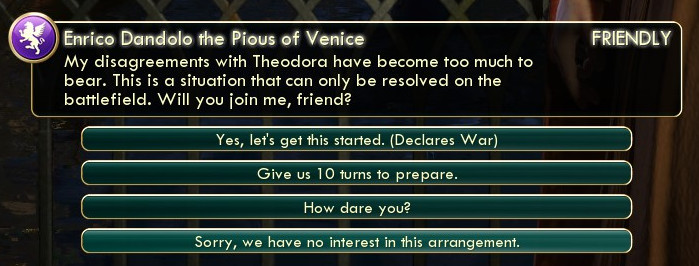 Worrying signs continued to point to Venice as planning a move against the depleted Byzantine force, though Dandolo had seemingly no way of knowing that the Portuguese were preparing for that possibility in a very different fashion. 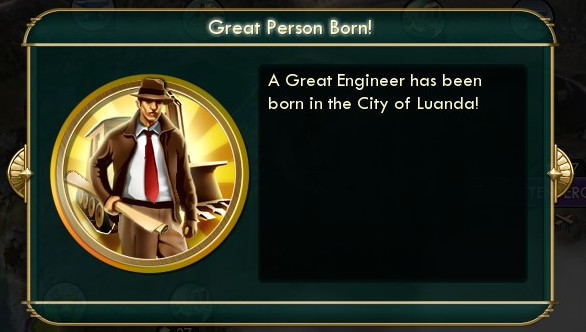 The Portuguese were building all the same, ever in preparation for a supposed new stroke of divine inspiration. 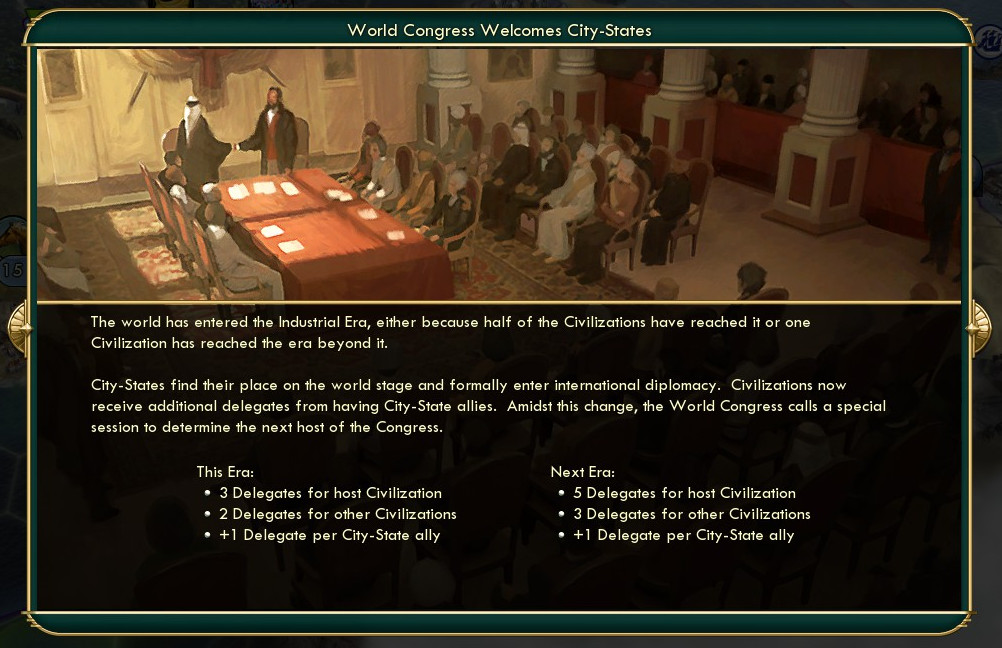 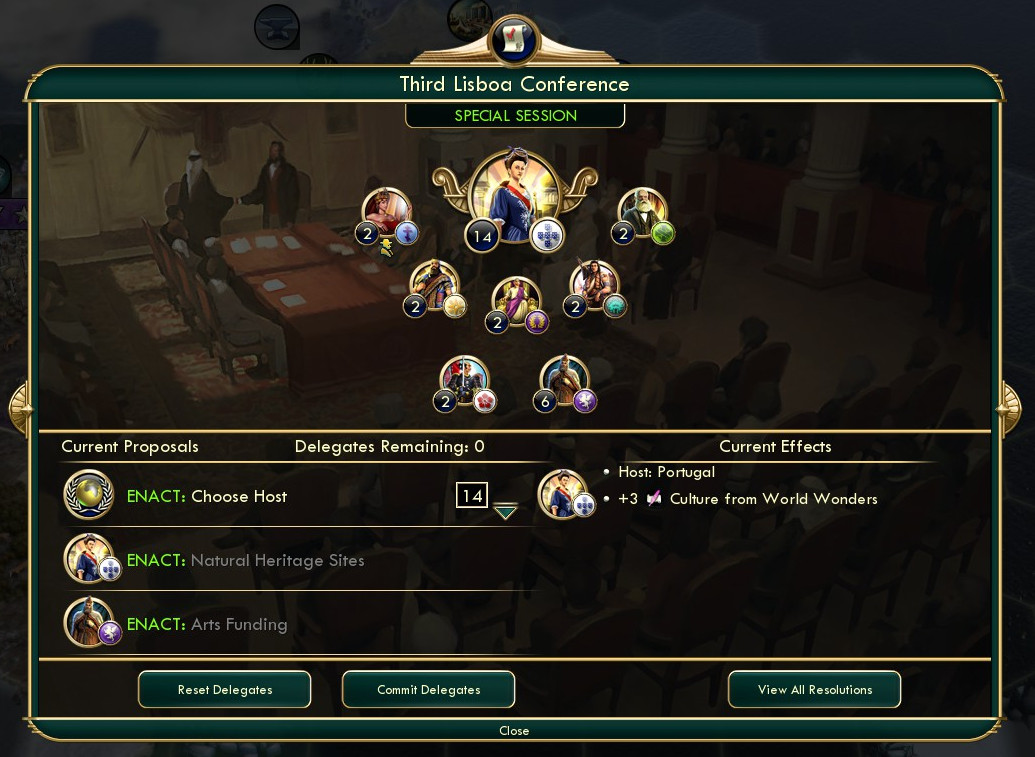 An emergency session of the Conference took place in Lisboa to supposedly address the increased tensions between Byzantine and Venetian interests, when suddenly it became apparent that the real reason for the meeting was to act on the Portuguese President's earlier calls for reform in the wake of increased awareness of the global circumstance. The overwhelming show of support for the Portuguese left little doubt as to which way future Conferences would sway. 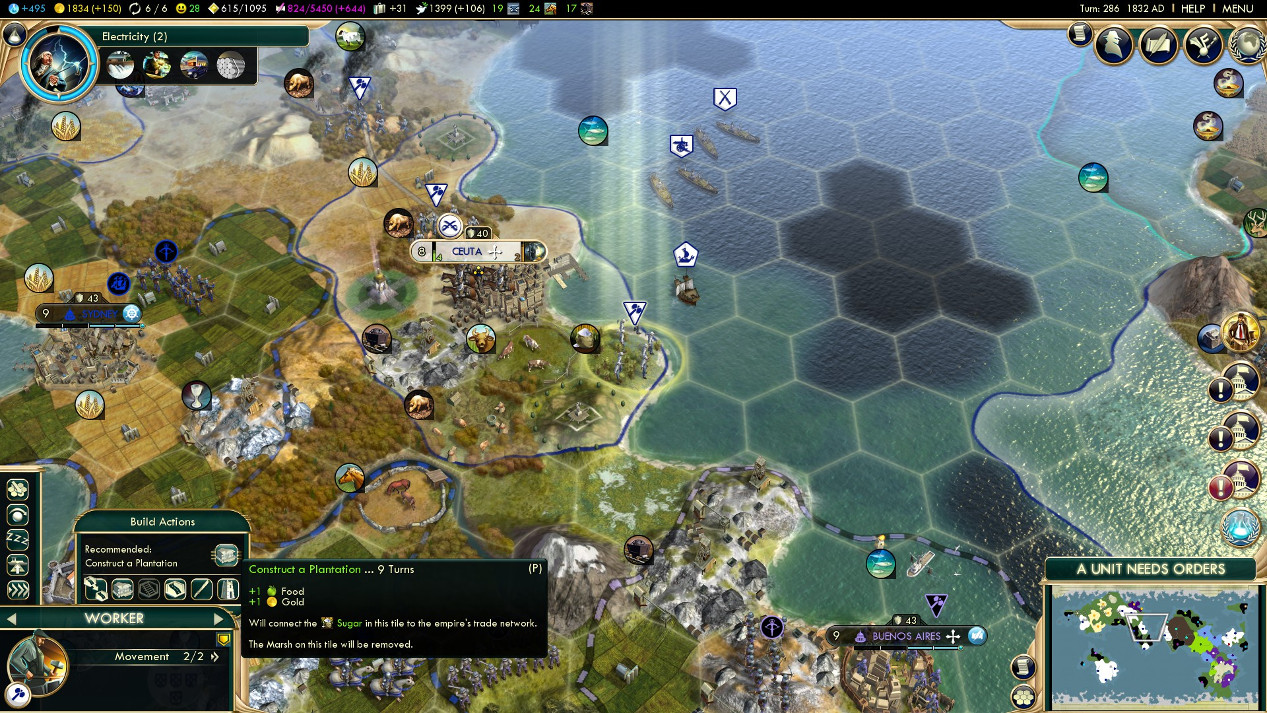 Small improvements to the quality of everyday life continued to be enjoyed in Ceuta, as the city embraced the idea of civilian life. 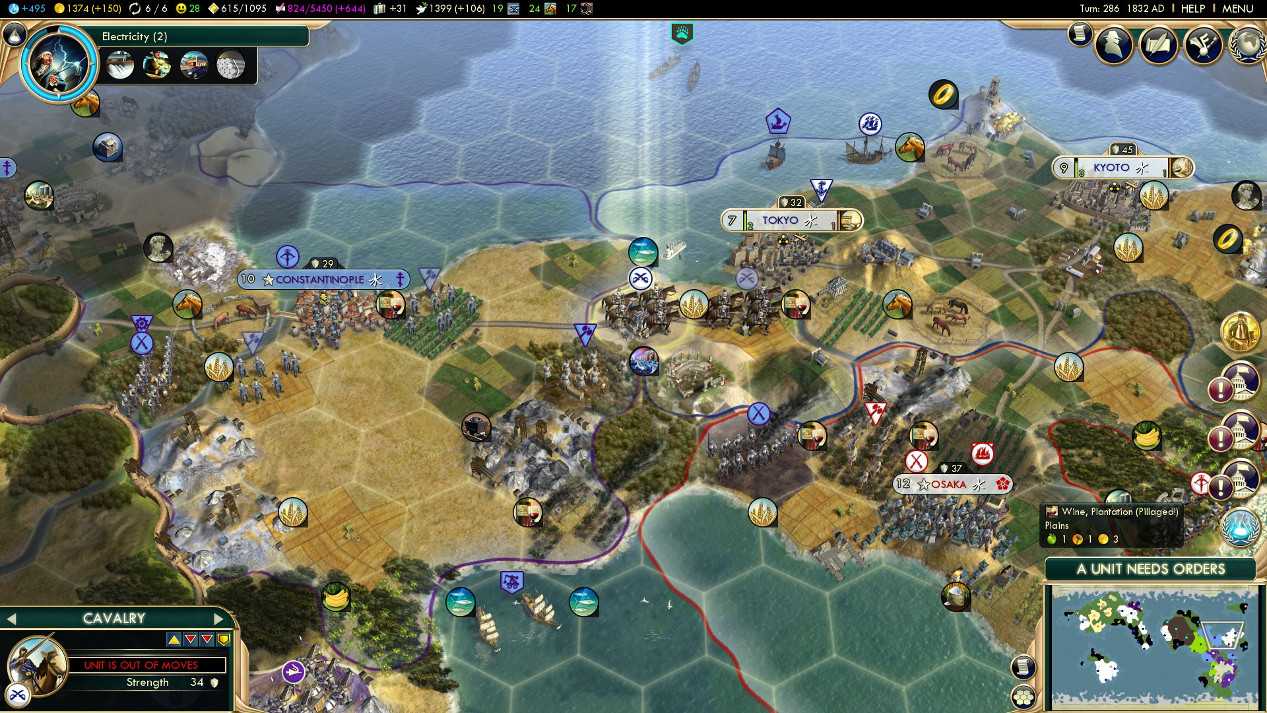 Military improvements, meanwhile, were made elsewhere. 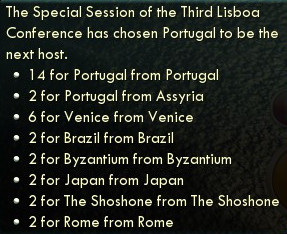 The results of the Conference were as expected, with a failure from any other nation to coalesce into any sort of voting bloc resulting in the responsibility of hosting the session being thrust once again onto Portugal. What was surprising, however, was the Assyrian willingness to throw their support behind the Portuguese, perhaps in acknowledgement of the guarantor of their independence. 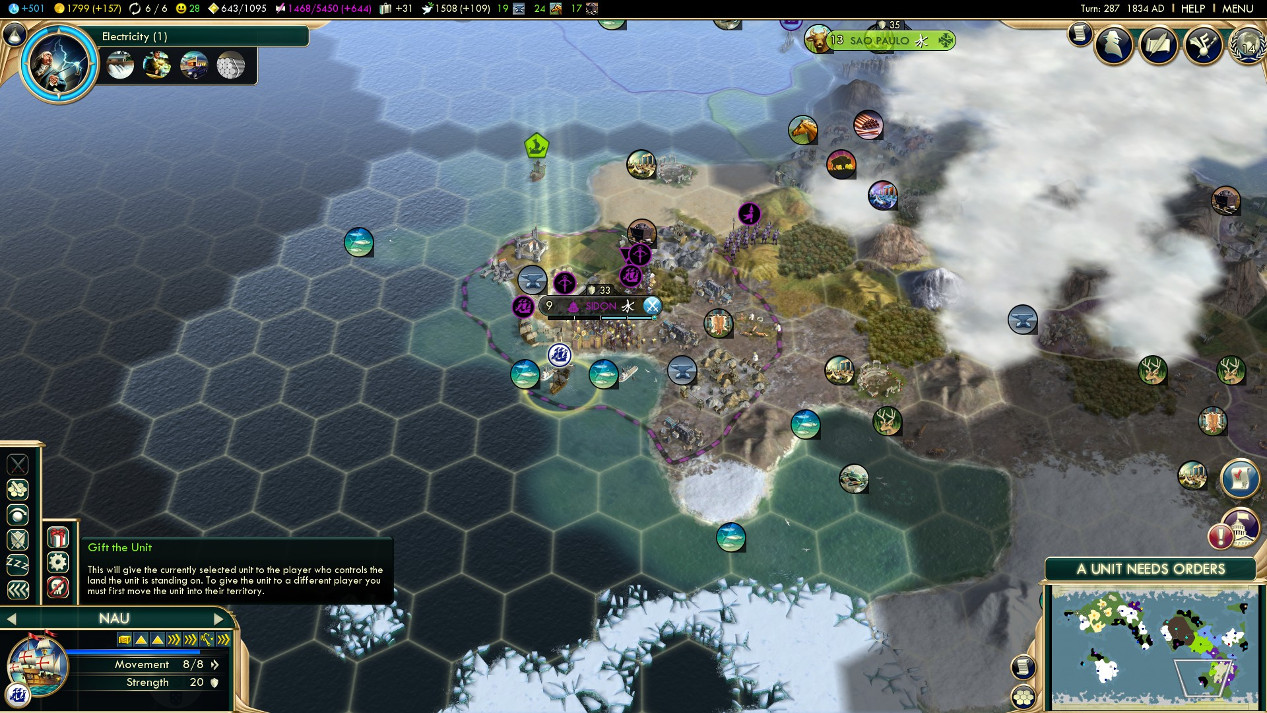 Though diplomacy continued to be the focus of the nation, fascinating advancements were made in other ways. 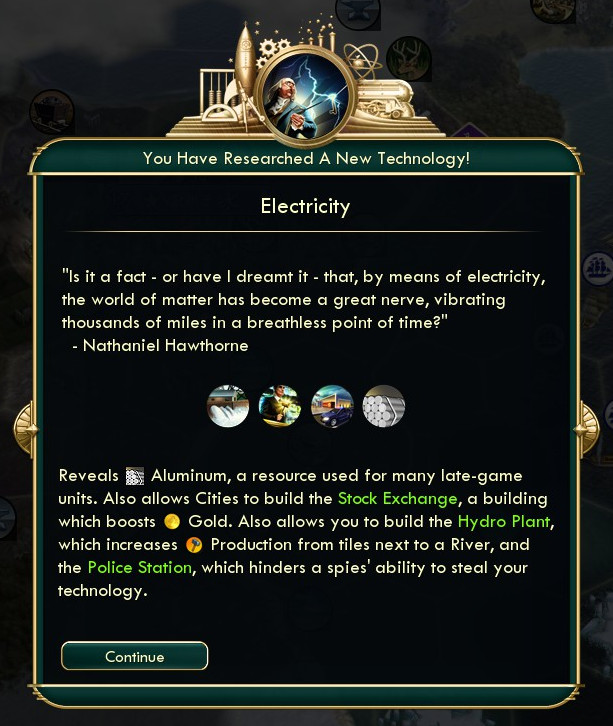 At some point in recorded history, observers from the Universidades documented the propensity of lightning to hit the Pharos of Lisboa, and used this observation to develop a number of theories about the physical properties of lightning and how it might be used in particular circumstances. 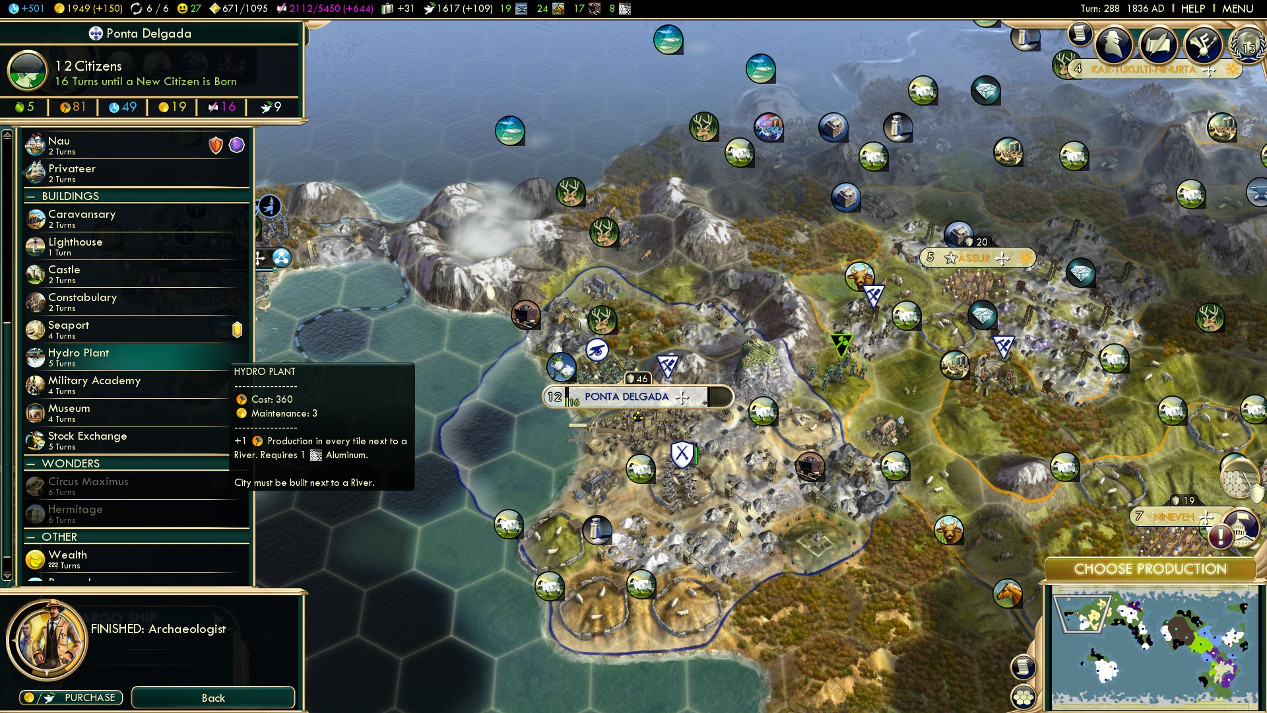 The resulting developments were beginning to drive the nation towards profound new innovations. 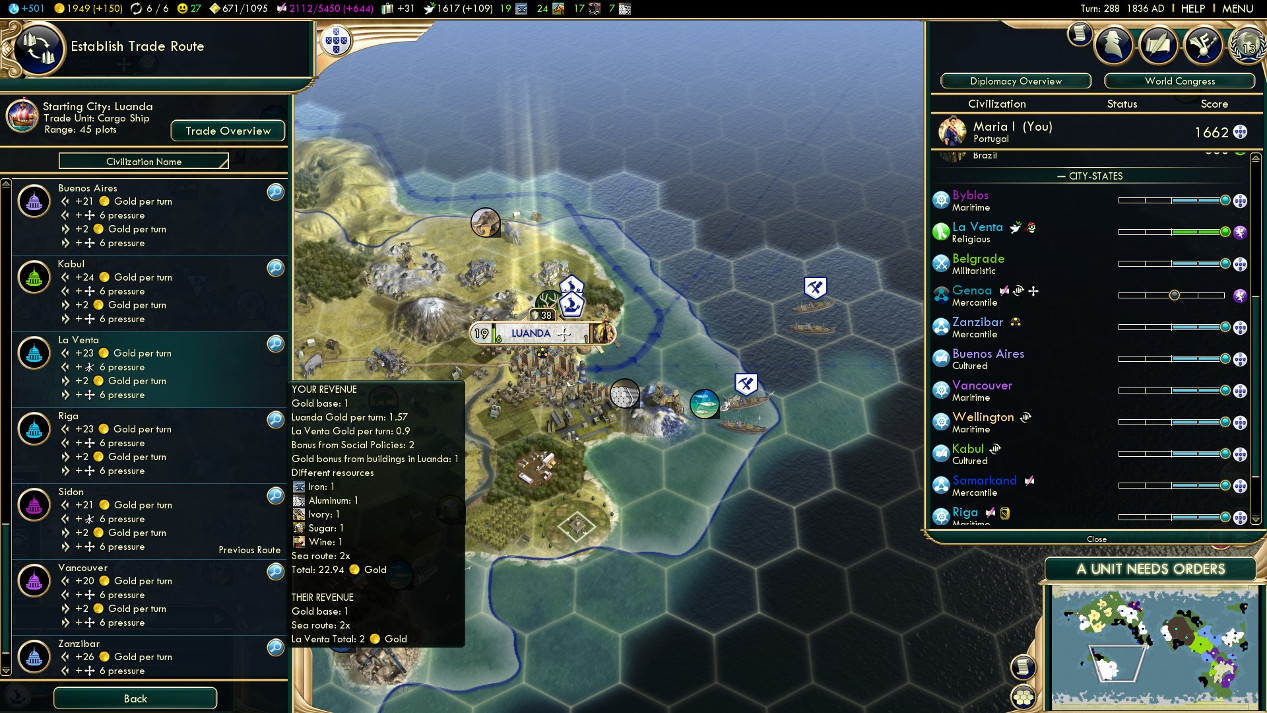 Even so, Sebastianist interests continued to have the ear of the government, and education by and large remained the purview of a church now "enlightened" by a new field of natural sciences. 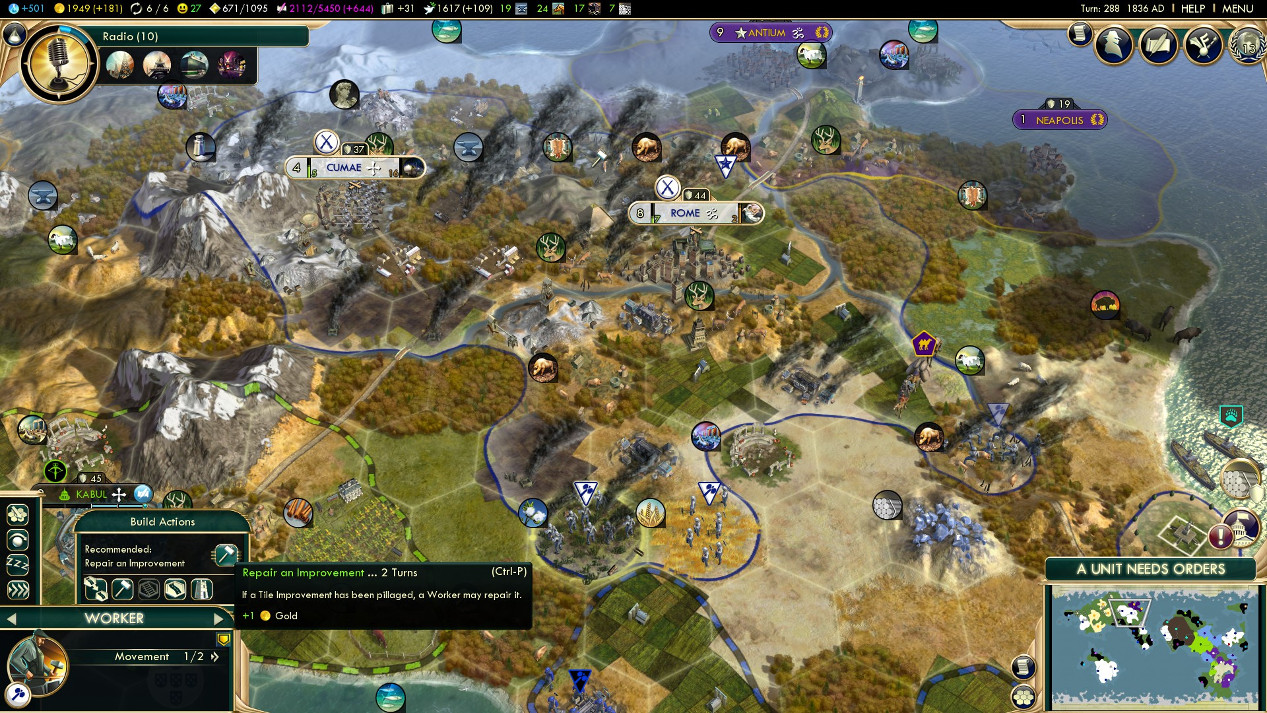 In light of all this change, the Restoration was proceeding rather slowly, but with the first wave of migrants arriving, there were signs that the pace would increase rather quickly. 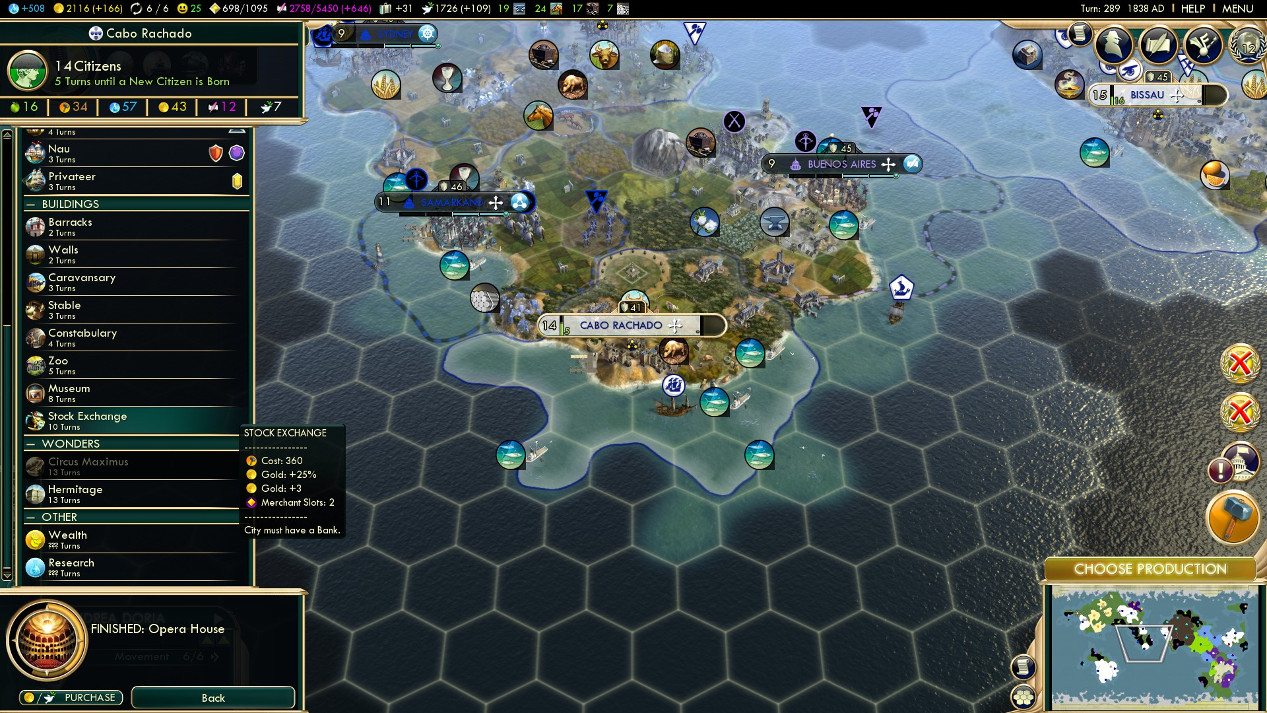 Nowhere was this shift more apparent than in Cabo Rachado, where news seemed to transform the city from a fishing hamlet to another modernized branch of the Portuguese economy.  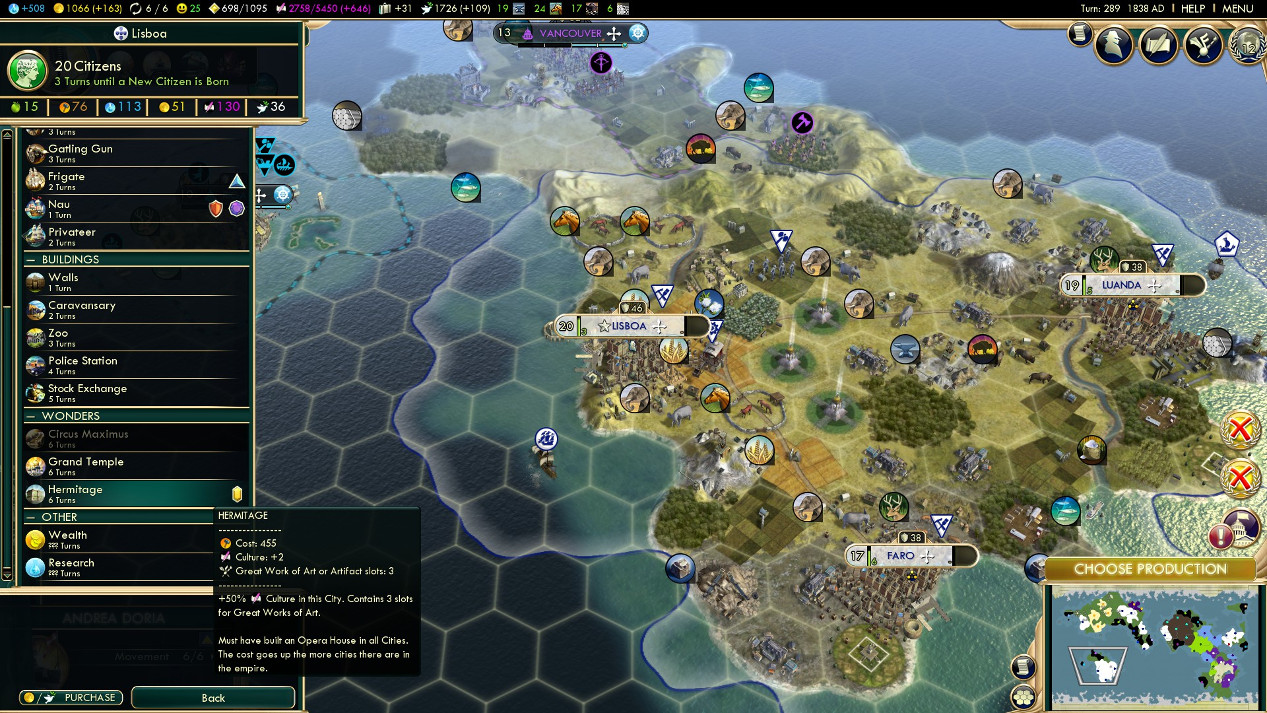 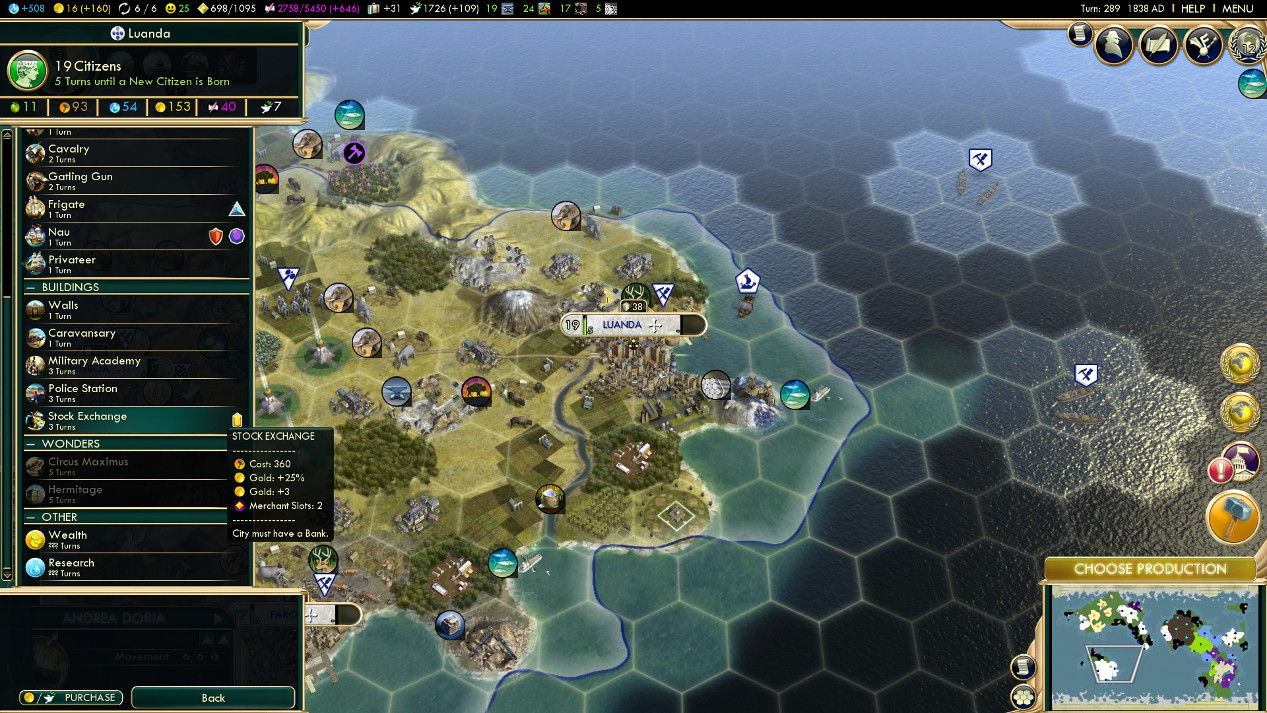 Lisboa and Luanda spared no expense on similar improvements, though Lisboa's focus seemed to be on developing new museums for the ever-expanding audience for historical artworks. 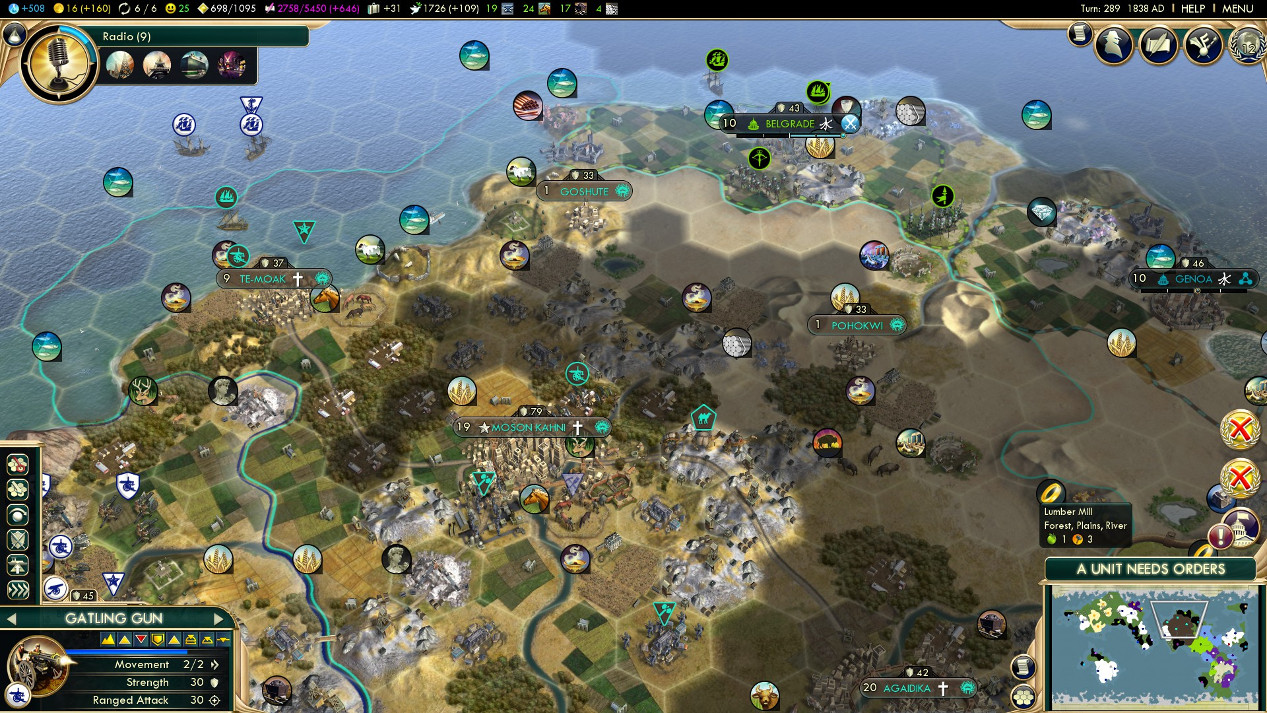 On the subject of expansion, we note that the Shoshone seemed to be making similar strides towards urbanization. 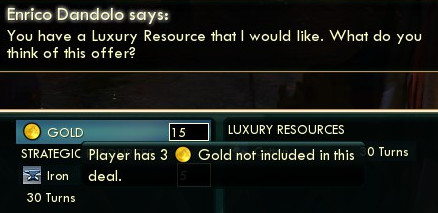 Dandolo's lack of funding, meanwhile, betrayed the fact that it was his army that was expanding...  The next years marked a chaotic shift in the global discussion. 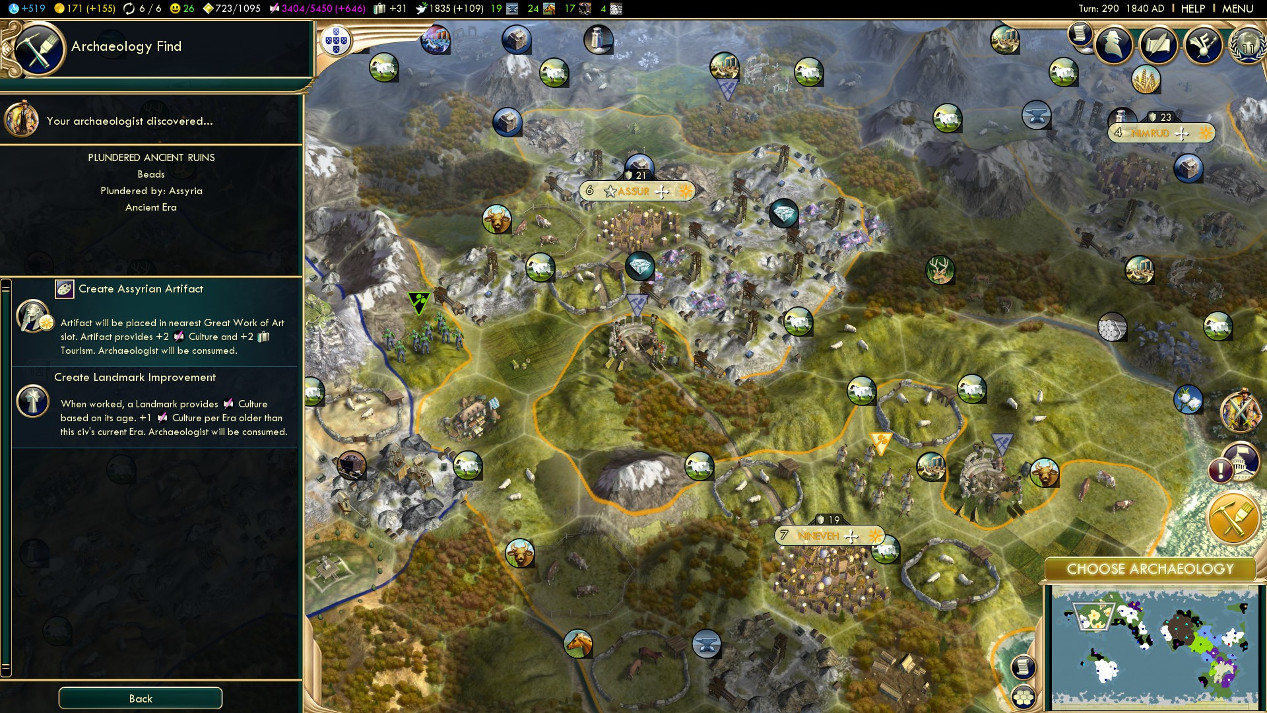 A group of Portuguese explorers suddenly disappeared in northern Assyria, and their last whereabouts were thought to have been safely near Assyrian borders.  Byzantine diplomats were supposedly visibly shaken as they requested an additional renewal of the terms of mutual defence between the Byzantine and Portuguese nations, which the President signed with a supposedly notable apprehension.  As if on cue, disaster. 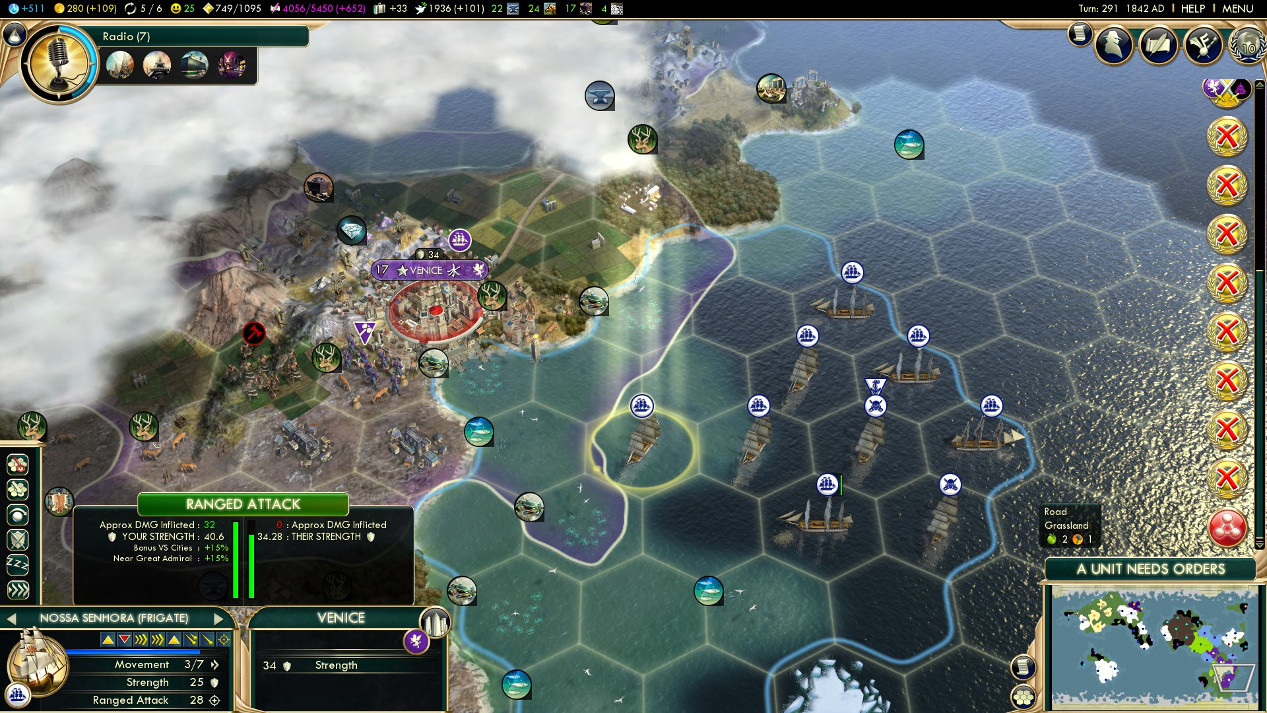 Another set of orders from the President's office. The Venetian capital was to be seized as a penalty for disturbing global peacekeeping efforts though an unprovoked attack on Byzantine forces. 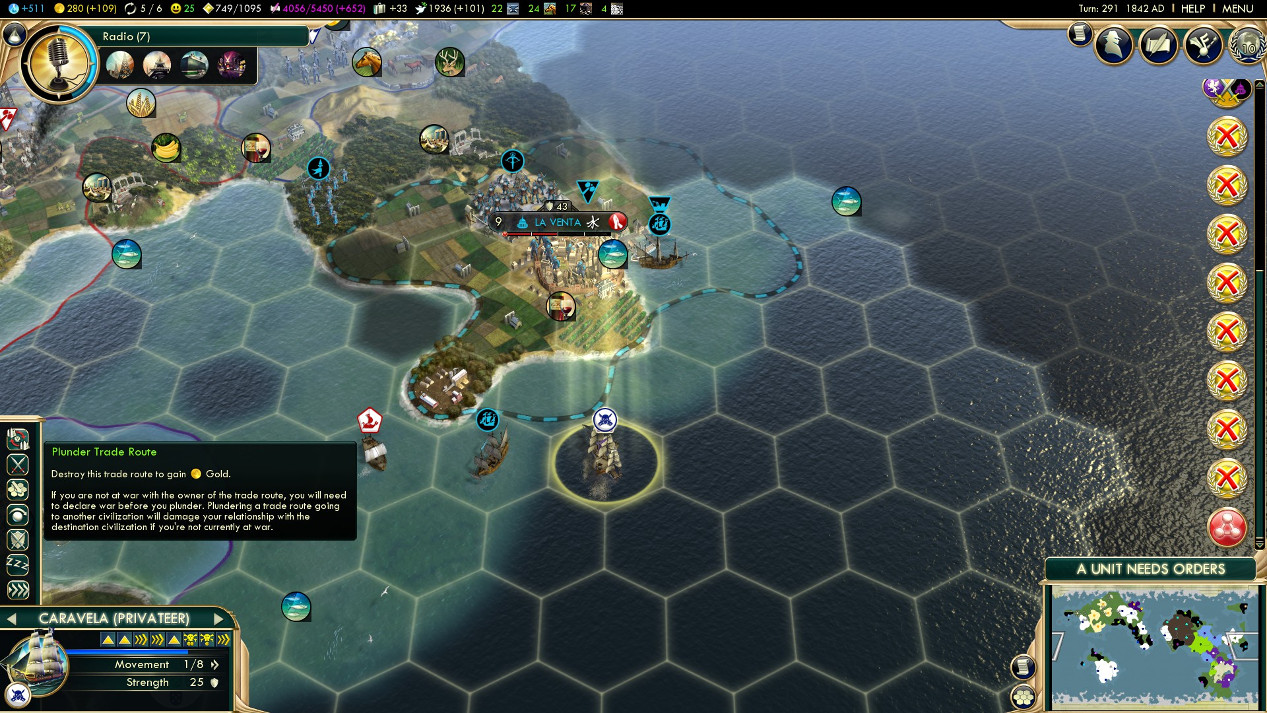 The fact that this was more than a little self-serving was apparent to La Venta, who saw fit to break their alliance plans with the Portuguese and throw their lot behind Venice. 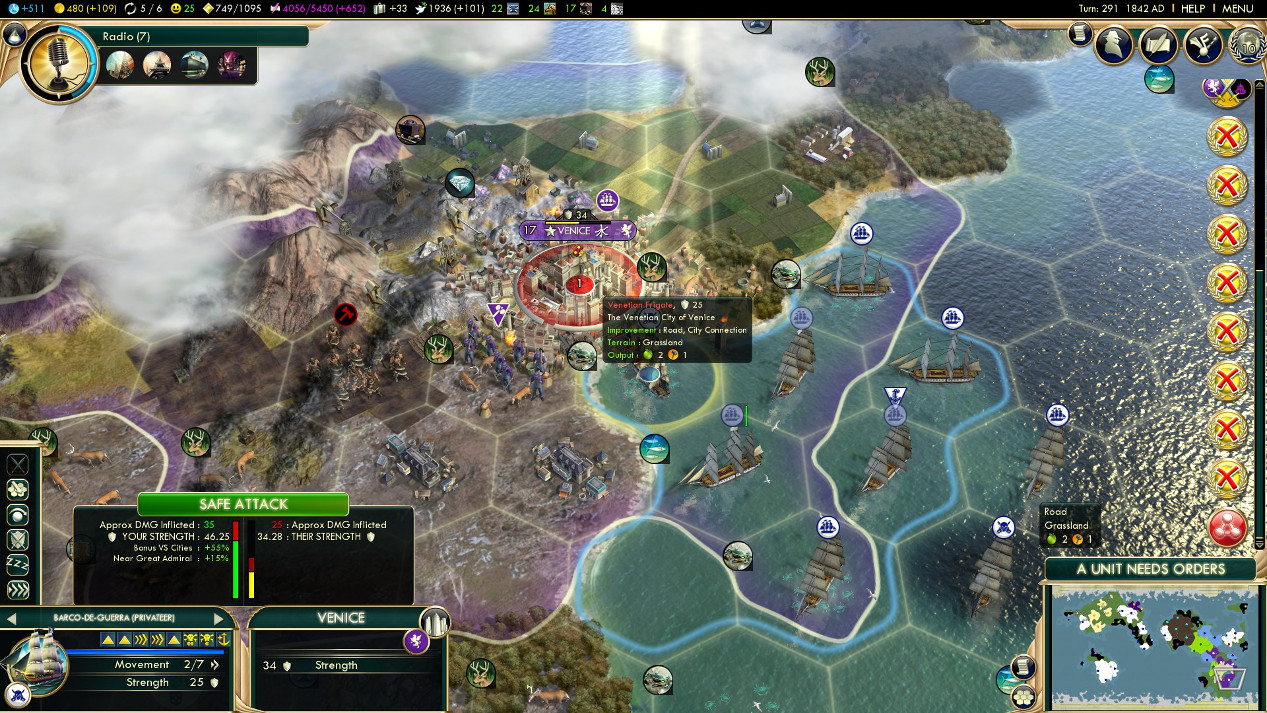 Even so, Dandolo's declaration could not have been a worse decision, as his glittering capital was soon revealed to have significant shortcomings in its domestic defence. 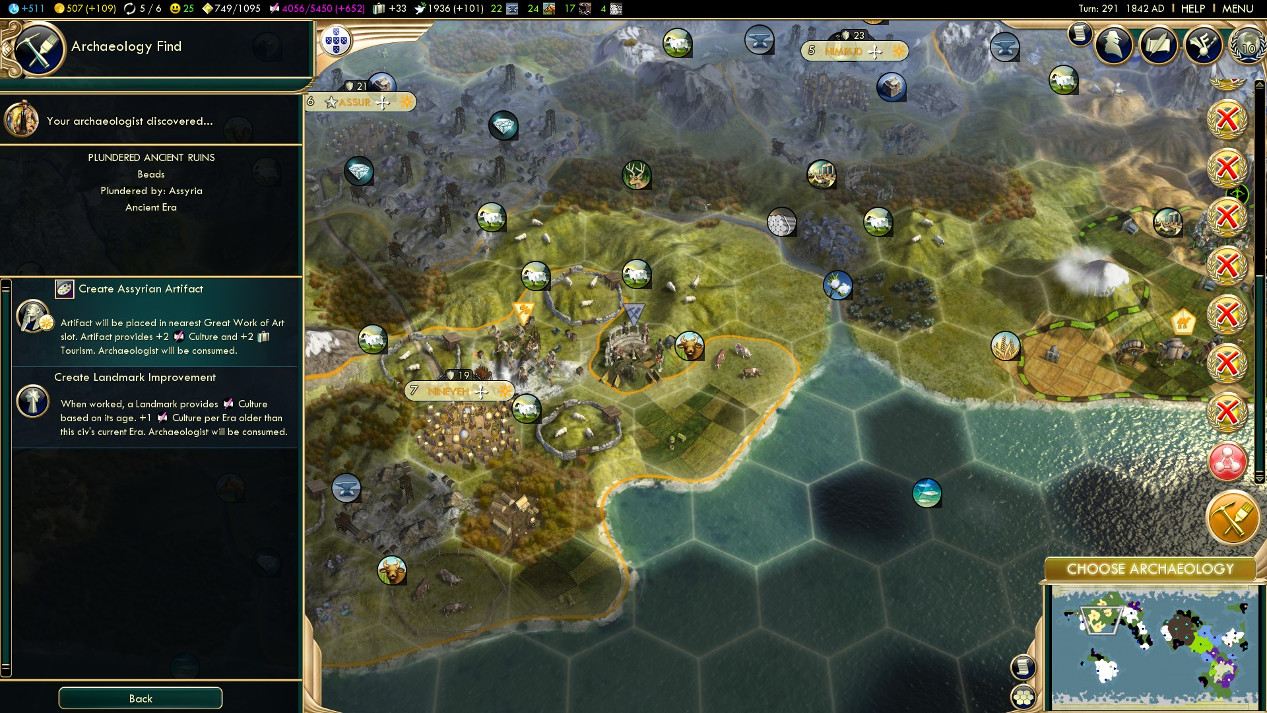 Almost oblivious to what was happening elsewhere, the Portuguese citizenry continued as they always did. 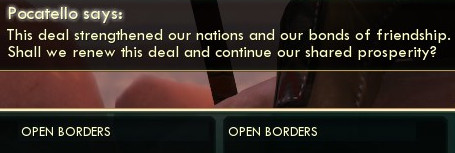 Even in other nations, there seemed to be a deliberate avoidance of the subject of Portuguese military action. 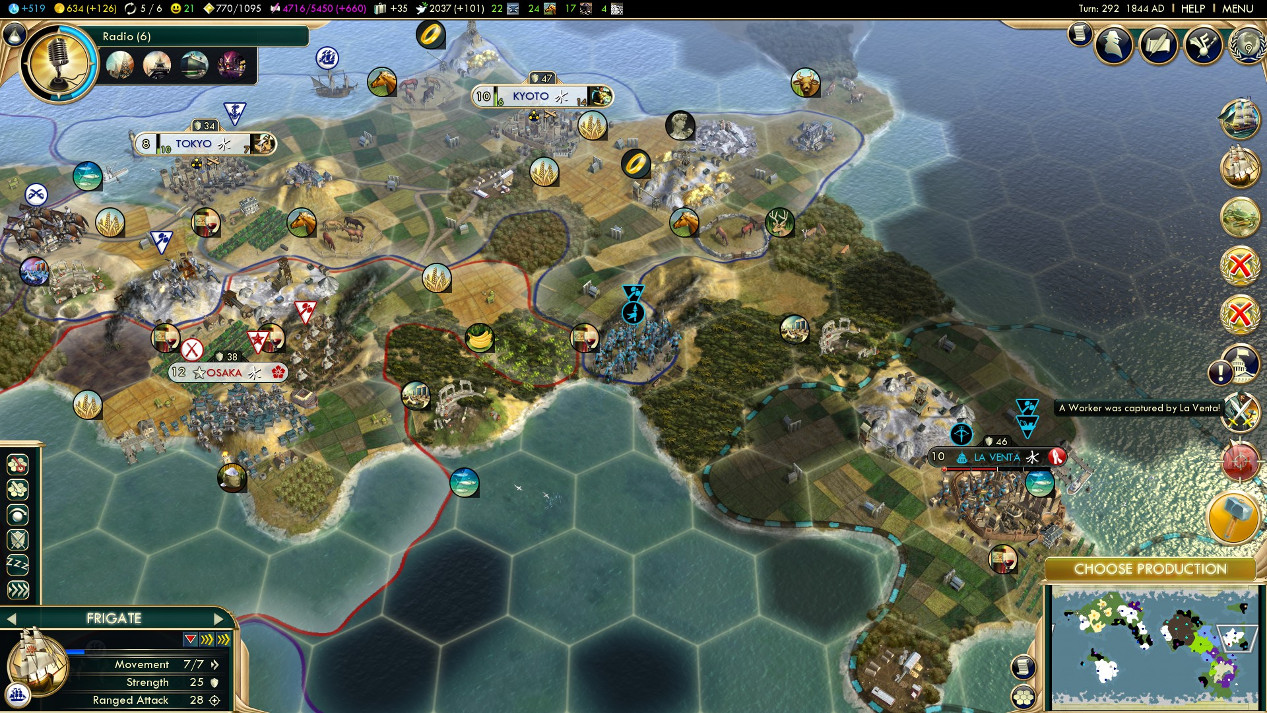 However, in La Venta, the consequences of what was happening were all too real to a group of Portuguese expatriate workers in the Japanese-Portuguese exclave who happened to find themselves too close to the battle-line. 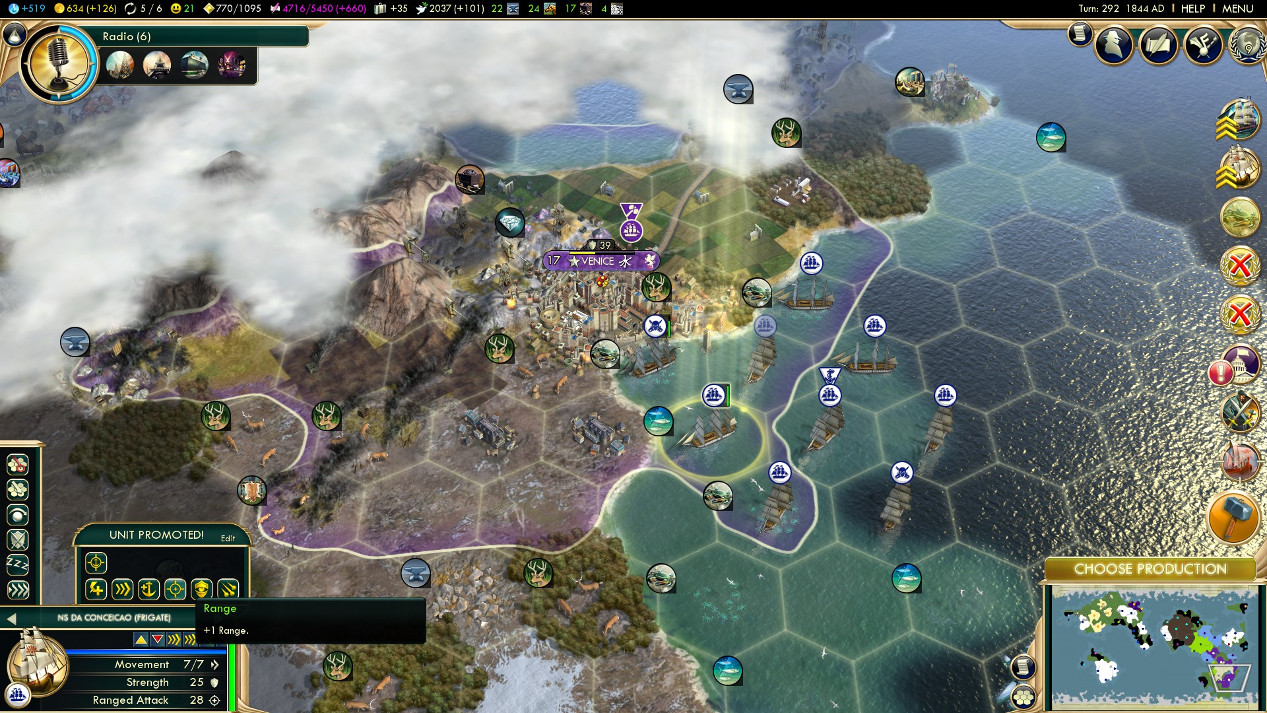 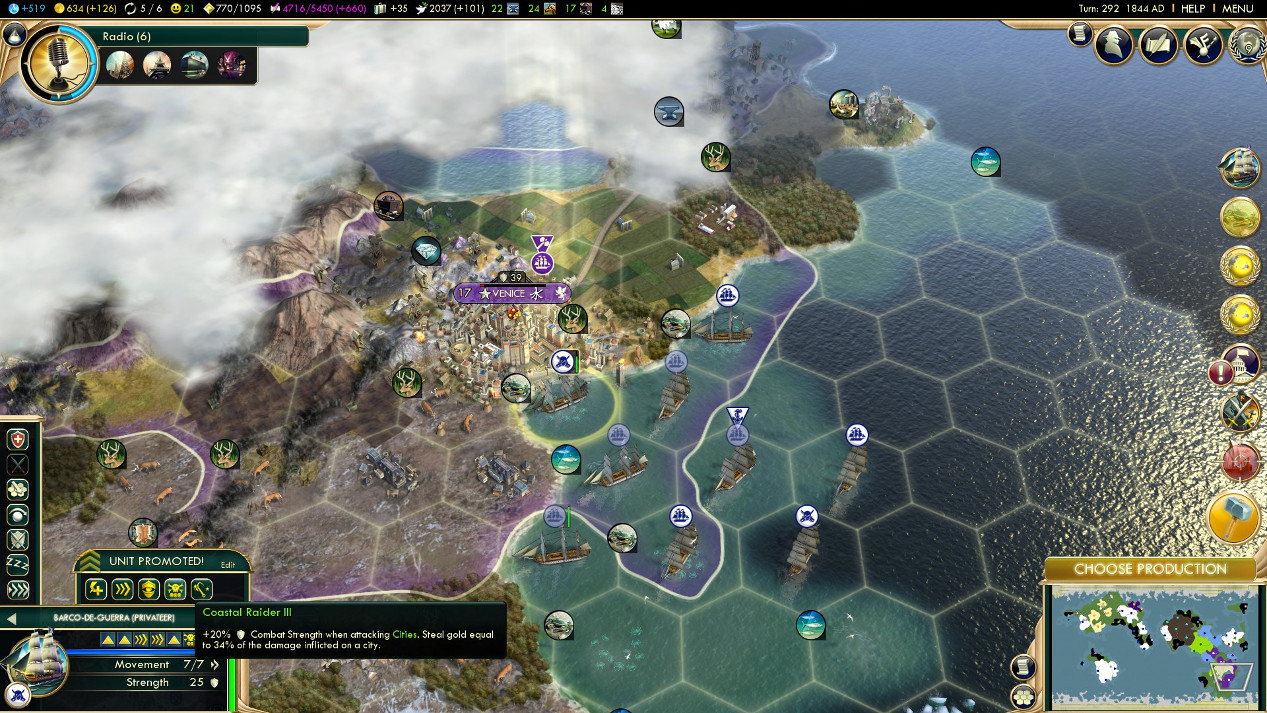 The legendary Portuguese navy brought the brunt of its might upon the barely-defended Venetians. 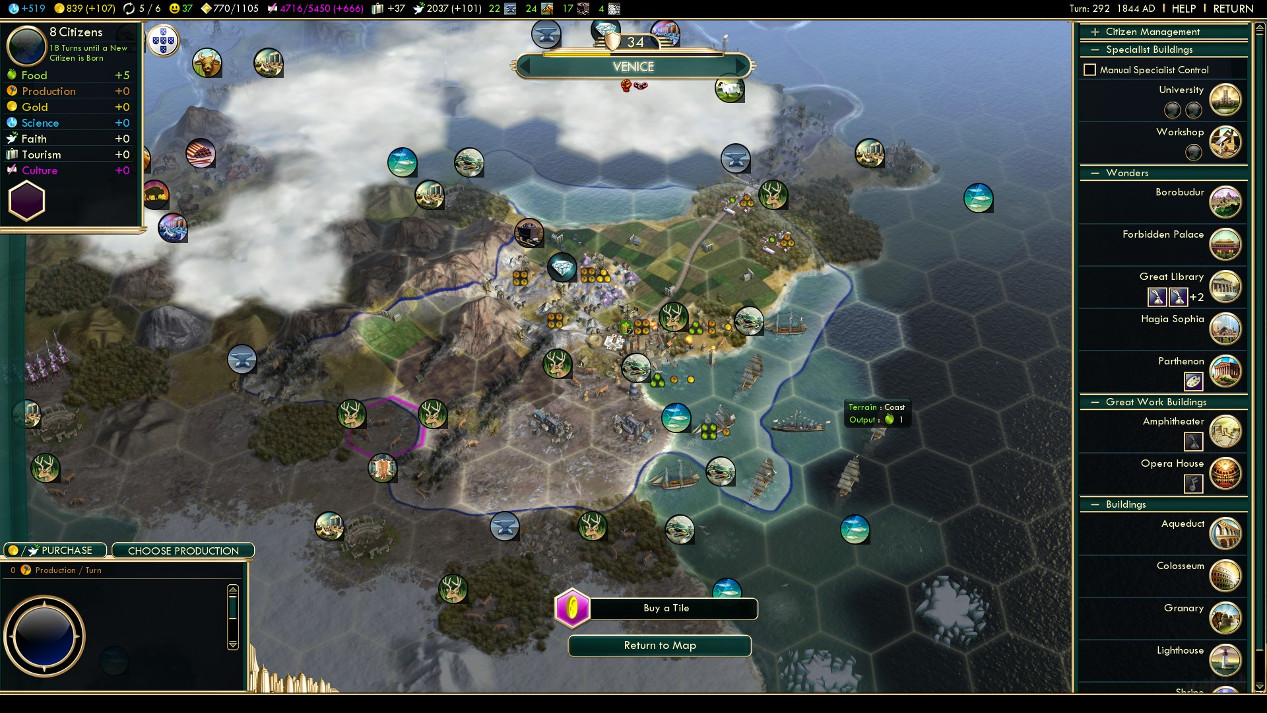 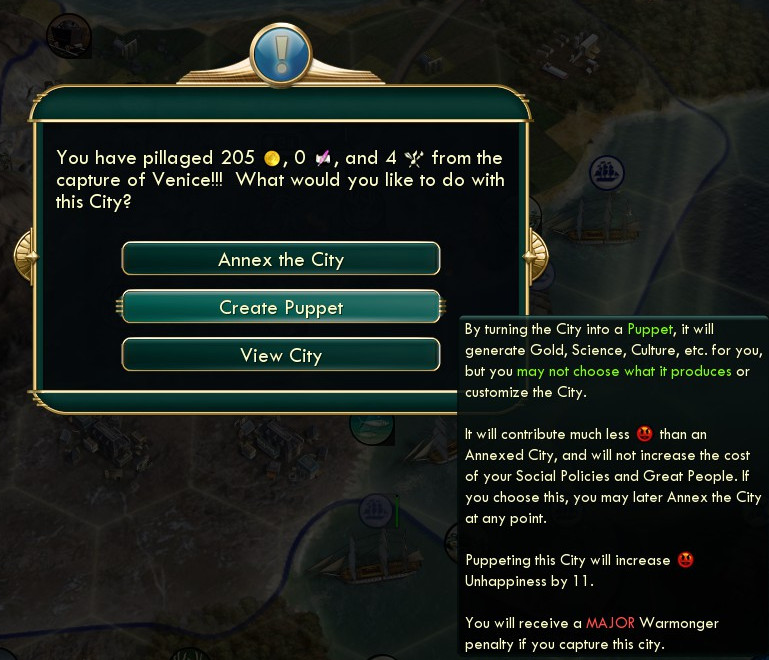 The result was a takeover so fast that the Venetian citizenry had little time to even panic. They were simply confused and amazed by the sight of a Portuguese naval battalion suddenly marching through the streets en route to the Palace, stopping only to intimidate the occasional saber-wielding Venetian guardsman into submission. Enrico Dandolo, the Doge of the city, was reportedly whisked away onto a Portuguese vessel during this time, and his whereabouts were unknown for a little while. For all intents and purposes, the wondrous city of the southeast seas was being managed by a Portuguese diplomat abroad. 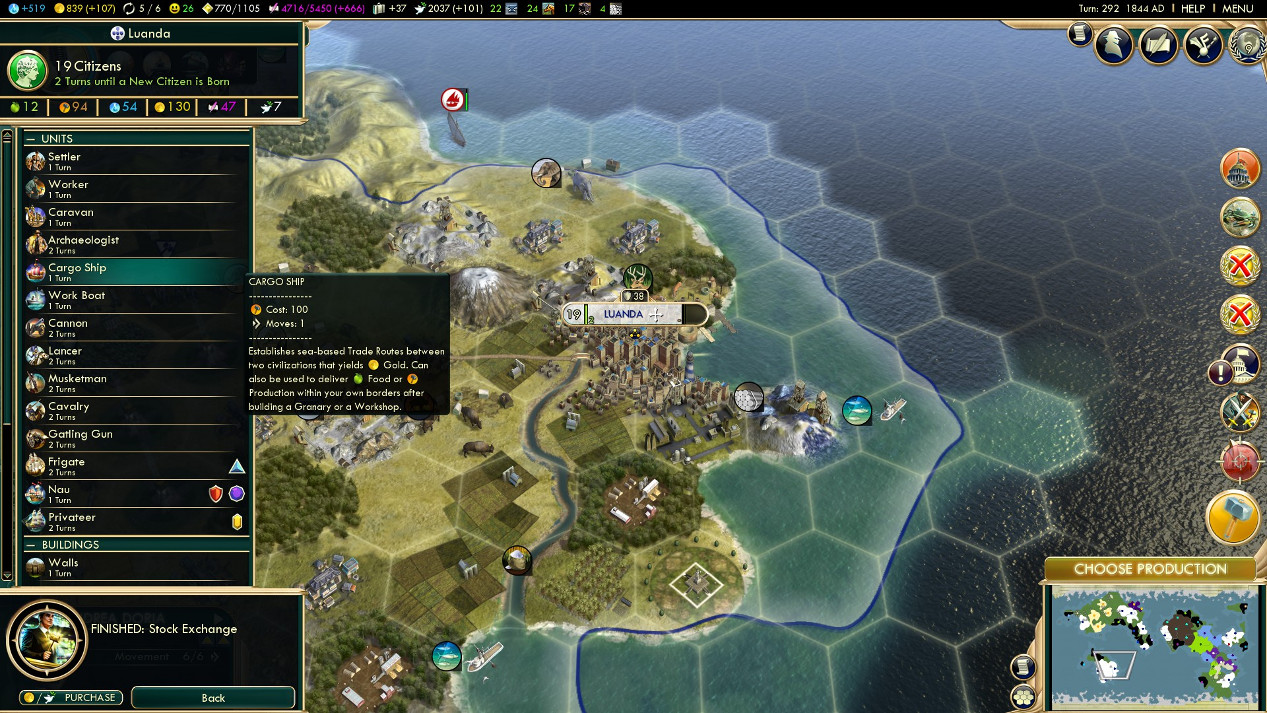 However, despite efforts on the part of the Portuguese to maintain an air of normalcy, there was a sense that something had changed for the worse. 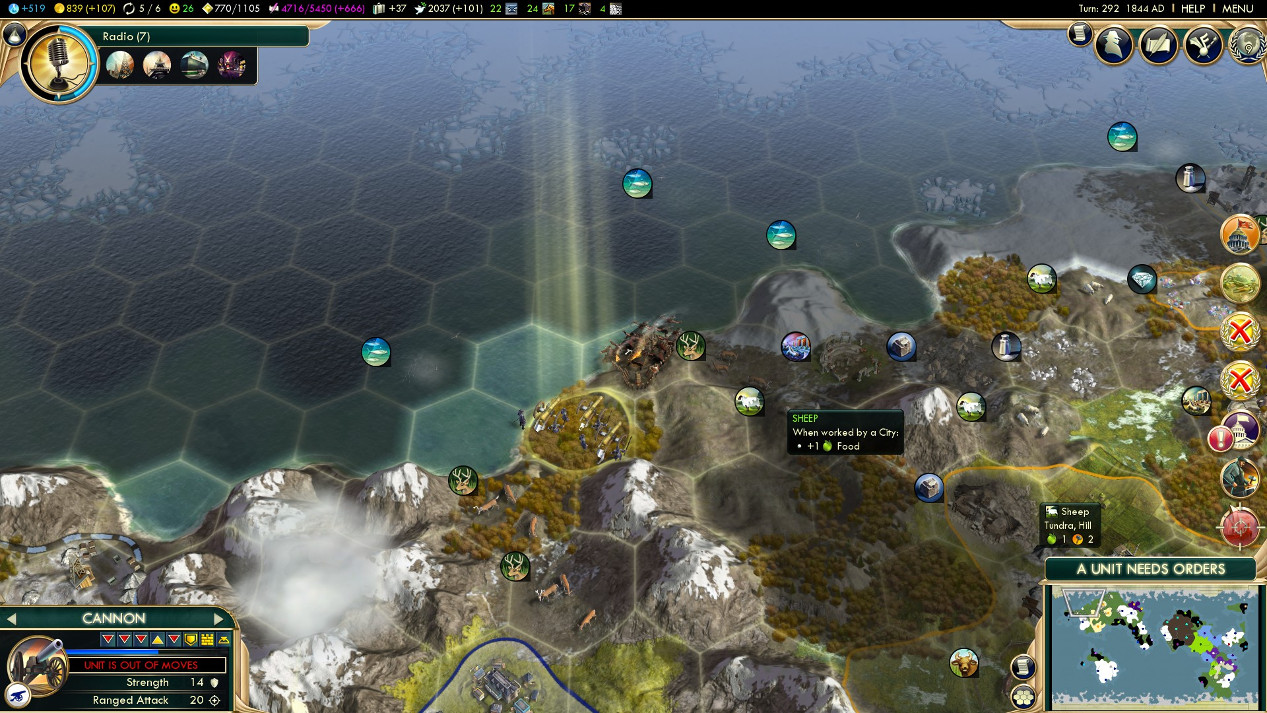 The President's office had received a notice that the missing civilian explorers in northern Assyria had been captured by a group of former Roman military personnel who had formed an encampment outside of Assyrian territory. The military expedition sent to find them had discovered that the Romans had simply executed them all, and when the government forces retaliated, the President's right hand Senhor Almeida reportedly asked them why they would resort to such a thing. Their response was that for all the Portuguese leadership's focus on diplomacy and the assurance of world peace, they were a scourge on the people of Rome, Restoration or no. The Portuguese were mistaken to think themselves the vanguards of freedom and liberty in the world, they were just the ones with the force necessary to shape the world as they saw fit. The "Tyranny of the Majority" is what the Romans called them. 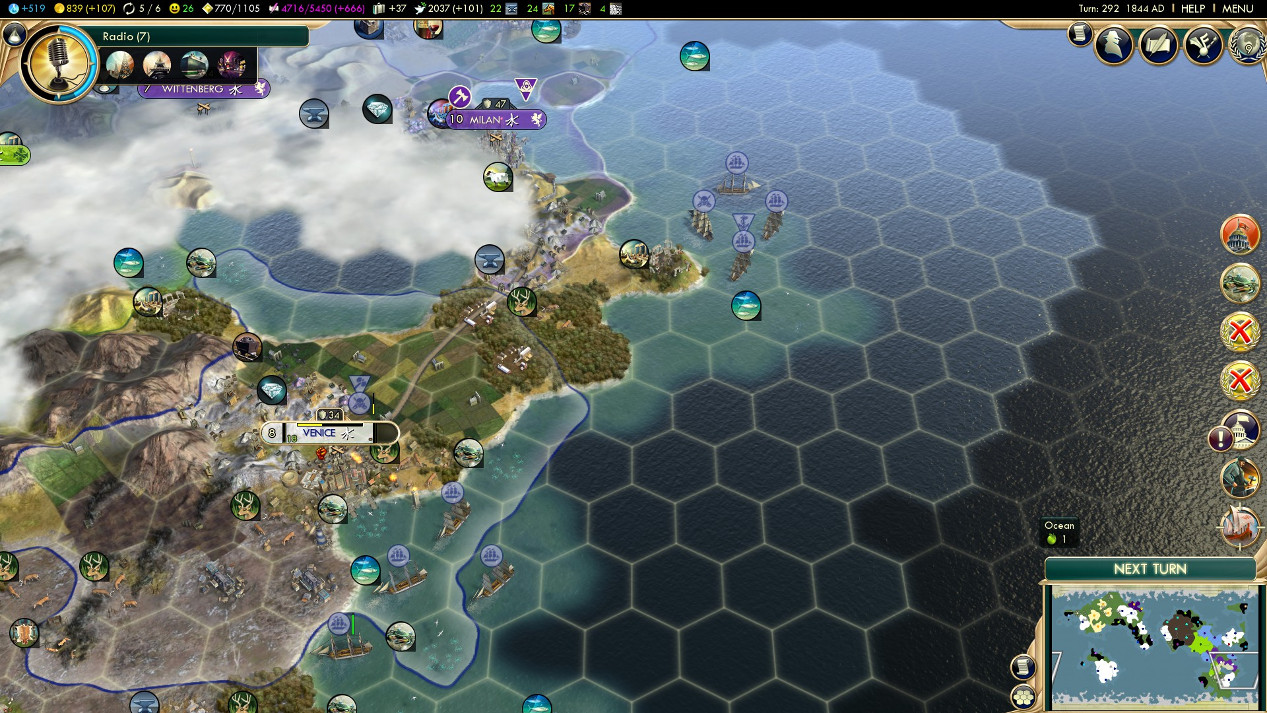 Though the Armada moved to rescue the captives in La Venta from a similar fate, the President was reportedly shaken by what the Romans had told Almeida.  She wondered, perhaps too publicly, if there was not some truth to what the Romans had said. In response, there was an opinion poll conducted throughout the nation, delivered nigh-instantly through the power of electrical telegraph machines, as to what steps the Portuguese must take in order to hopefully continue ensuring world peace. She had heard calls for provision of war reparations and the return of foreign territories to foreign governments and wondered if that ideal held any merit, and if so, to what extent. She also wondered, given that the Portuguese society's focus on development of Patronage was nearing completion what direction the Portuguese social order should take next. Some less-savory people had also indicated, that since the Roman and Venetian capitals were under their control, they could be purged of holy artifacts and texts of historical importance, crippling the expansion of Hinduism and Confucianism henceforth in favour of Sebastianism. Finally, there was the question that even if the idea of returning Venice to the Doge failed to take root, if there was even a need to pursue further punitive measures against the Venetians for their actions. The question of the future is one that has plagued Portuguese philosophers since the earliest Sebastianists first walked through Lisboa. However, the nation has come as far as it has through the wisdom of its thinkers, and there is hope that it will continue to flourish for that very same reason.
|
|
|
|

|
| # ? May 5, 2024 00:41 |
|
1) Return no territory. 2) Rationalism 3) Sebastianist Supremacy 4) Embargo!
|
|
|
|
1) Return no territory. 2) Rationalism 3) Convert nearby cities, but maintain original faiths in holy cities. 4) Embargo! The peace ensured by the Portuguese is not merely a global one. They spread prosperity and glory to all lands they reach. Do the Romans not benefit from Portuguese technology and the benevolence of Portuguese rule? Colonialism is one thing, but to liberate the people from tyrants and to elevate them into a greater freedom as peers and equals is another entirely.
|
|
|
|
Cathulhu posted:1) Return no territory. I concur. Sebastianism is the religion of peace, perhaps it will curb this barbaric warmongering spirit.
|
|
|
|
Purge the heresy, then Return the cities. All of them. Embargo Venice to make sure he's learned his lesson, but...Be aware that will only prove the Romans right.
|
|
|
|
1) Return no territory. 2) Rationalism. 3) Sebastianist Supremacy. 4) Henceforth, the Doge may only speak in a broken parody of proper sentences. So shame. Much wow.
|
|
|
|
Cathulhu posted:1) Return no territory. Going to quote this, but change the final vote to: 4) denounce Venice and refuse any further trades with them that aren't heavily in your favor Basically become "Guarded" towards them.
|
|
|
|
Montegoraon posted:4) Henceforth, the Doge may only speak in a broken parody of proper sentences. So shame. Much wow. Adding this to my vote. Very cruel. Such indignity,
|
|
|
|
1) Return nothing 2) Return to the Freedom Ideology and develop that 3) Sebastian supremacy 4) Let Venice be
|
|
|
|
Well, this is a very interesting response I am getting so far, and I welcome the challenge of incorporating the doge meme into the narrative. The vote will not close yet, but I will post the final tally and work on the update after 8 PM tomorrow. Hope to hear from you all before then!
|
|
|
|
Please don't actually do the doge thing.
|
|
|
|
No Doge it's going to get very old, very fast.
|
|
|
|
Yeah, I mean as a one-off joke it has potential, and this is Maria I, after all. But don't let it overstay its welcome. Someone has to take her aside as soon as she suggests it and tell her she can't actually do that.
|
|
|
|
all I really have concern of is that we must develop our ideals of Freedom!
|
|
|
|
Robindaybird posted:No Doge it's going to get very old, very fast. Much Doge.
|
|
|
|
OK, no doge gag for us, then. That said, it did give me an idea.
|
|
|
|
Look, I'm against going full hitler as much as the next non-SAforums guy, but right now? Those romans are hilariously ridiculous. Did they forget how our empire didn't give a poo poo about them until they started poo poo? they were bullies, and when they were put in their place they had the gall to complain about it. gently caress 'em.
|
|
|
|
So much for playing nice, I guess. FINAL VOTE TALLY (Synchronized with UK EU Membership Referendum Edition) 1) Return nothing wins by a landslide, though thanks to Valgaav for trying. 2) 5 for Rationalism vs. 2 for Freedom. Looks like we'll be using the really good tree to bring this to a close faster. As a reminder, though, the Shoshone already sniped the Porcelain Tower. 3) Sebastianist Supremacy wins with 100% of the vote, so it looks like everyone is expecting the Portuguese Inquisition. 4) Embargo wins, so it looks like the doge will have to get ground up against the gears of diplomacy. On top of losing his capital. Update to follow.
|
|
|
|
ModeWondershot posted:(Synchronized with UK EU Membership Referendum Edition) Oops, looks like we voted ourselves out of Europe. I shall now be perusing this thread as a proper foreigner. Pip pip!
|
|
|
|
 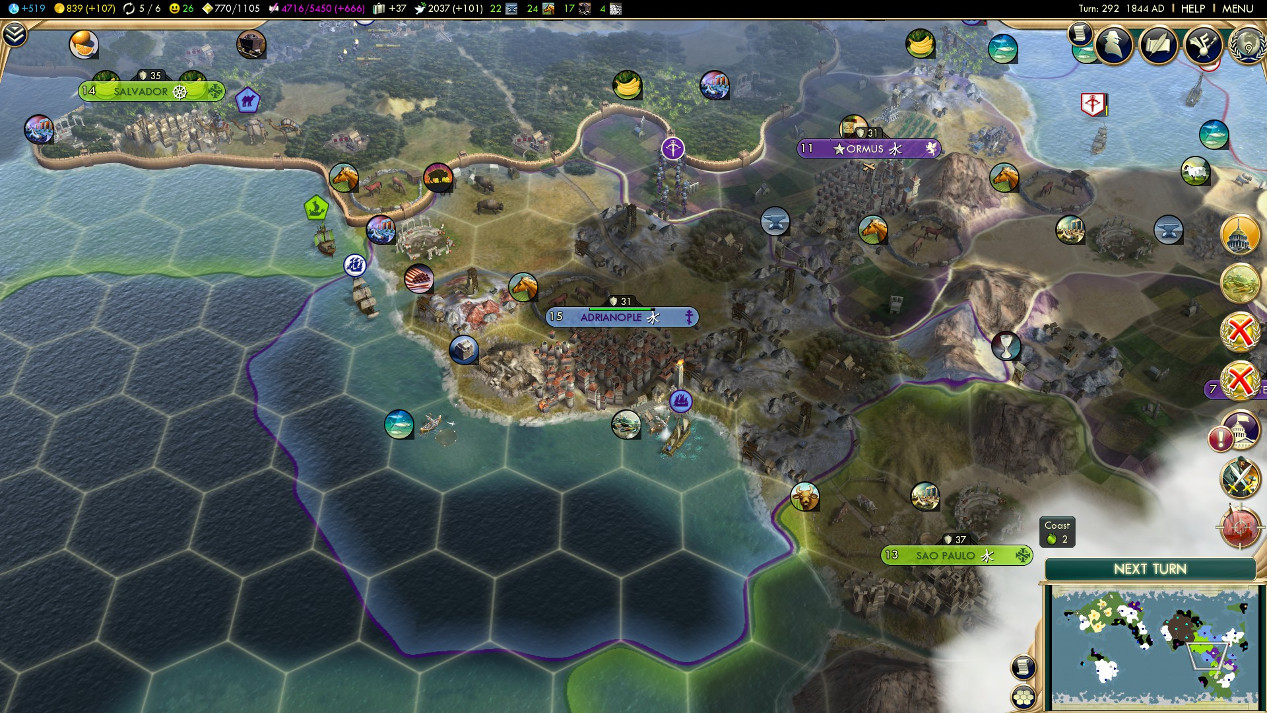 Despite the capture of their capital, the Venetian mercenary forces had not yet relented and were beginning an assault on the city of Adrianople with great quickness.  Dandolo, en route back to Lisboa aboard one of the jellyfish, was reportedly ranting and raving the whole trip back, though he was curiously demanding to know why he was being taken back to Lisboa, as though he was utterly oblivious to what transpired around him 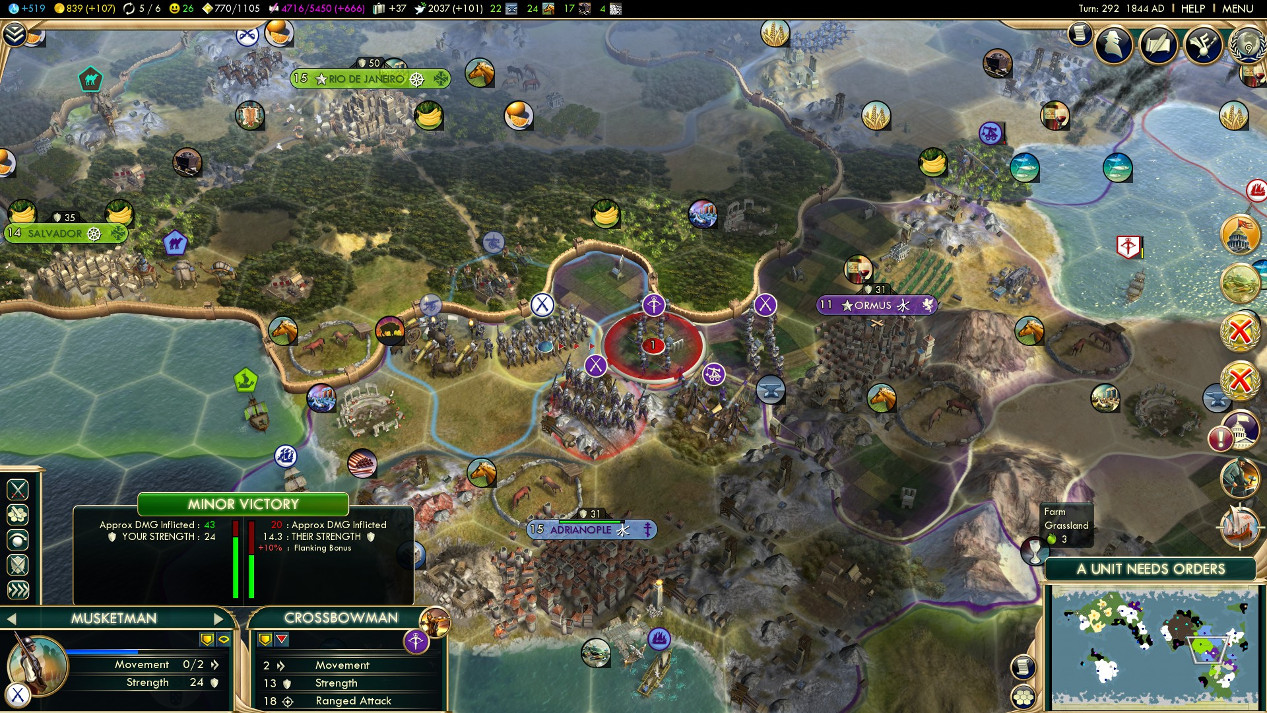 The Brazilian relief corps began a move to defend Adrianople, and Sidonian muskets ravaged the Venetian condottieri. 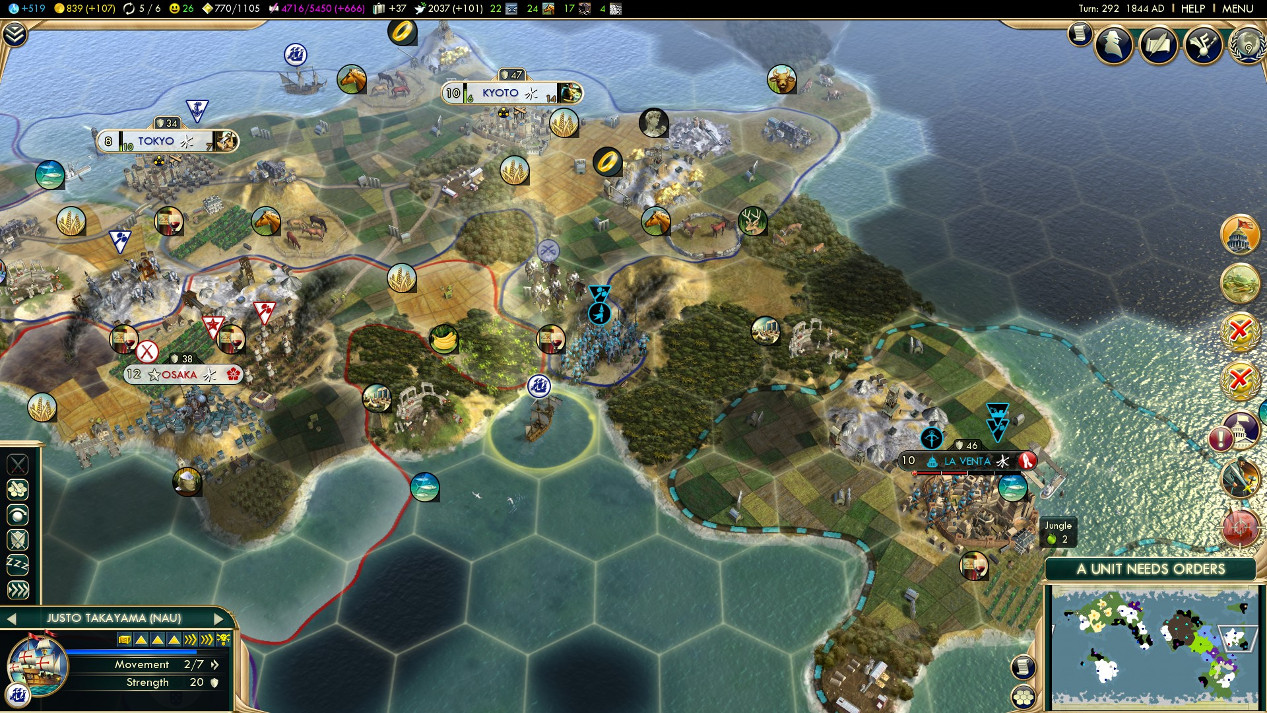 The Justo Takayama, meanwhile, made an effort to rescue their Japanese expatriate fellows from La Venta hands by blocking their access to the sea. 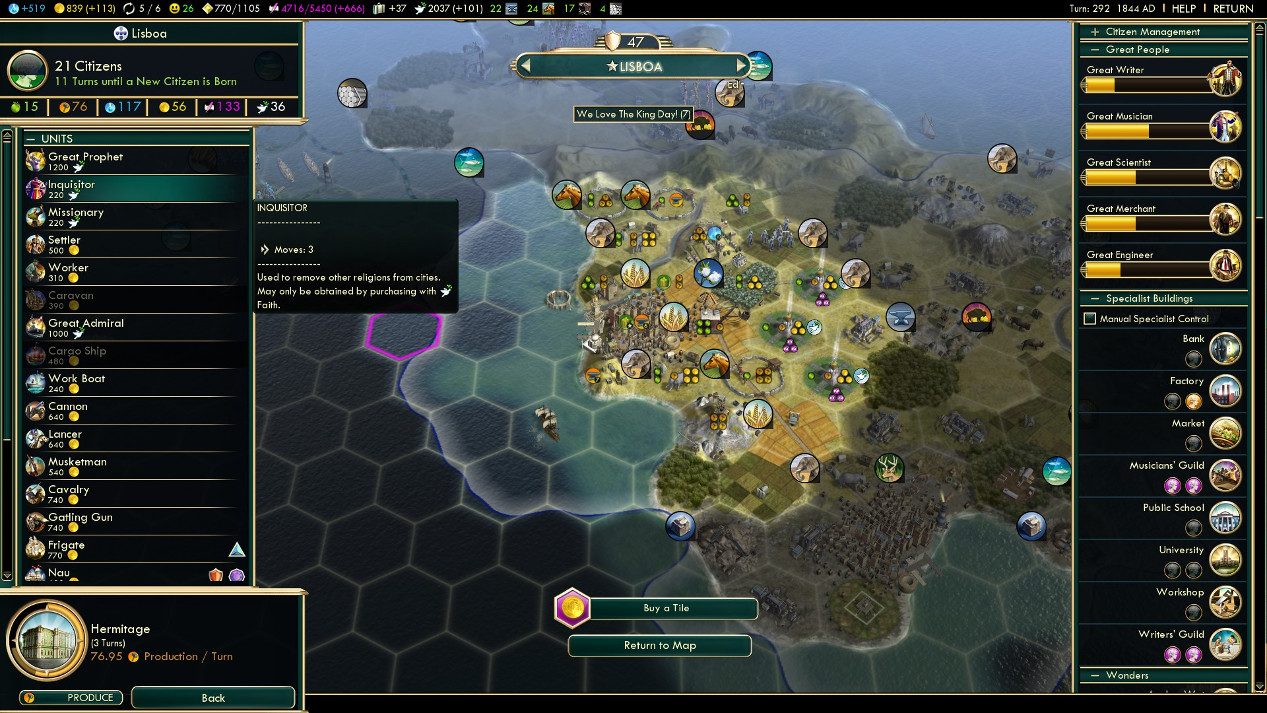 In Lisboa and Ceuta, meanwhile, plans were being hatched for a different war. 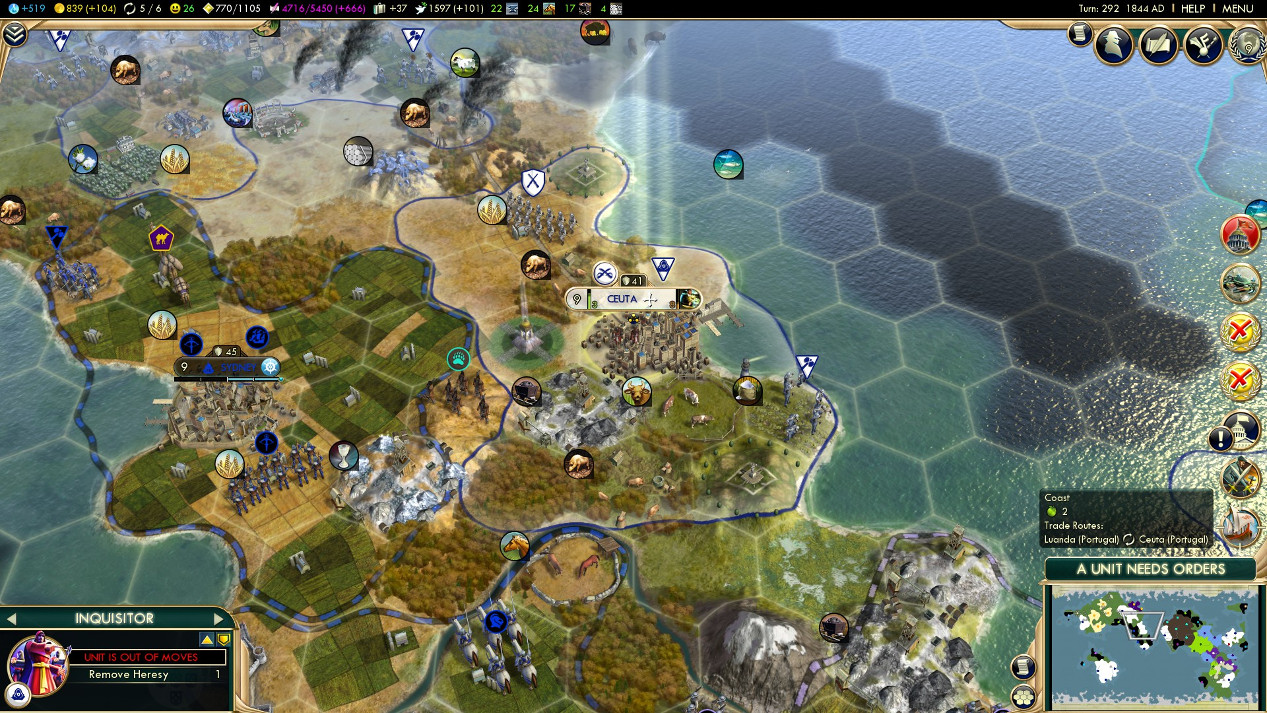 "Your objective, senhores e senhoras, is nothing less than the wholesale elimination of the Venetian and Roman centres of faith." Salazar informed the assembly of scholars. "Locate any artifacts, family records, holy texts, art or craft relating to the heresies of the Roman or Venetian. Put them all to the fire, eliminate any challenge to the legitimacy of our faith. The people of the world have languished under the whims of false gods and prophets for too long." Their mission clear, the priests and scholars, and more than a few archaeologists bought into silence by the Casa, began their dark work. 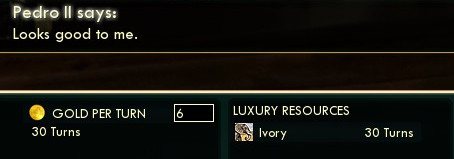 Pedro, hoping to reclaim Portuguese ivory as a gift to his people, was instead convinced to provide a similar measure of gold in exchange. 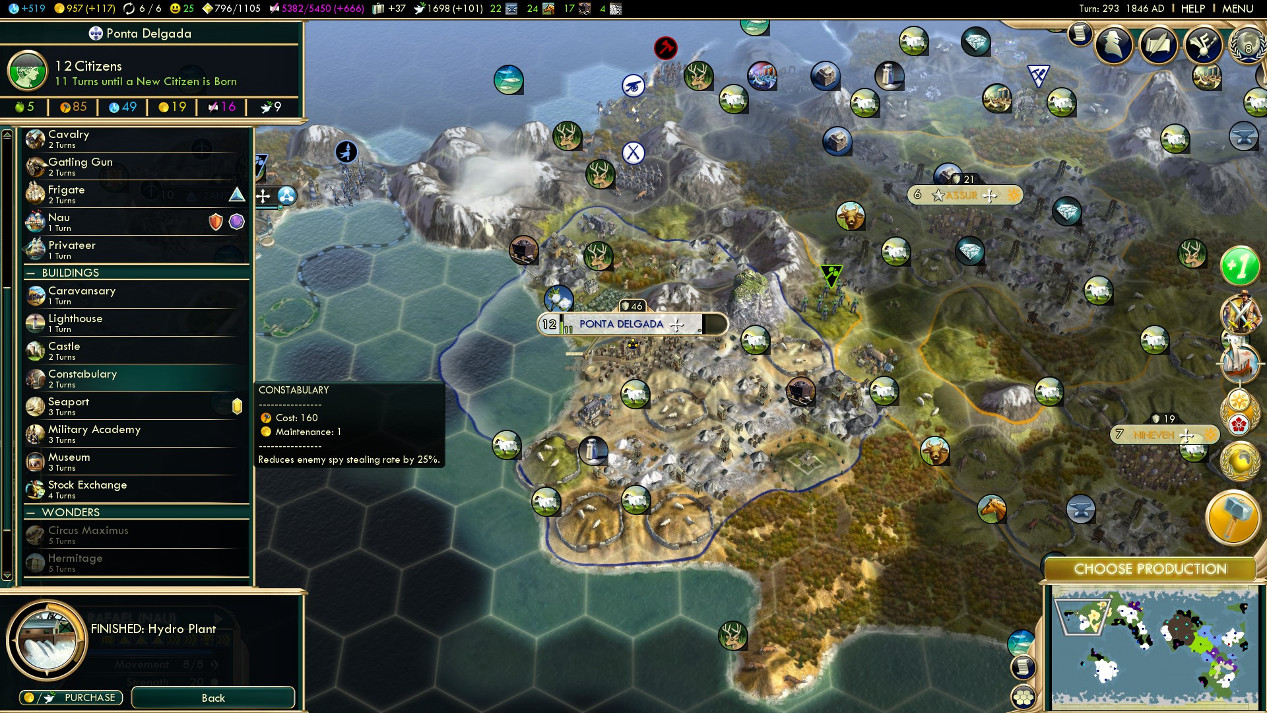 However, in the cities, an increased fear of Roman attacks against civilians caused the President to begin implementing stronger internal security measures. 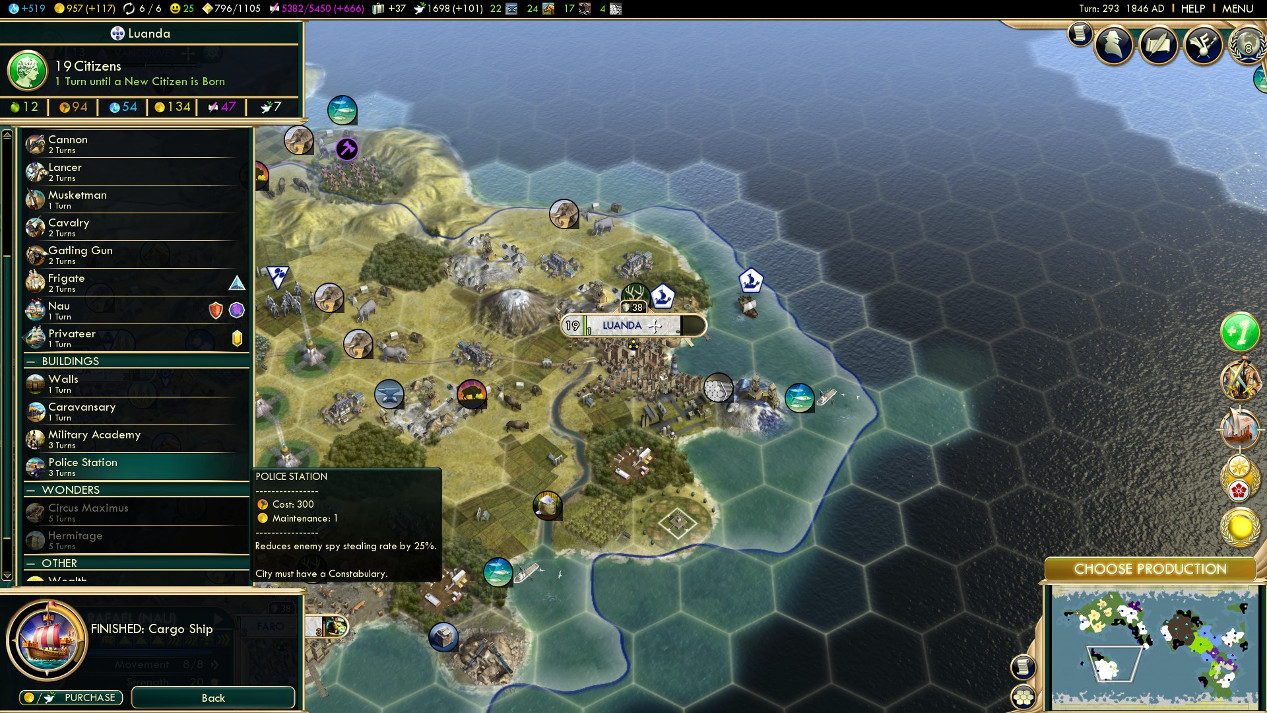 These changes brought some peace of mind to local populations, though at the same time there was some concern that this security would be levied disproportionately against foreign immigrants. 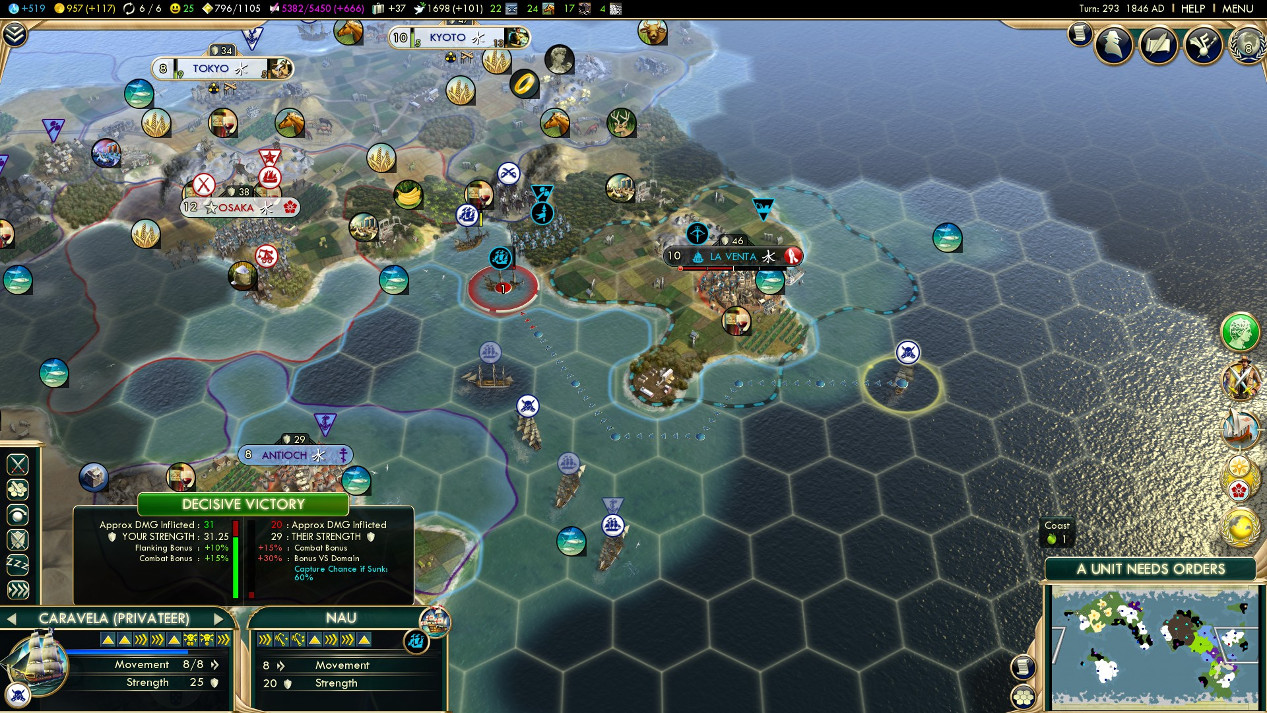 On the front against La Venta, an interesting opportunity presented itself for the Caravela to assault a former Portuguese vessel, now crewed by Venetian loyalists. The capture was successful given the damage incurred by the ship was mostly to its crew. 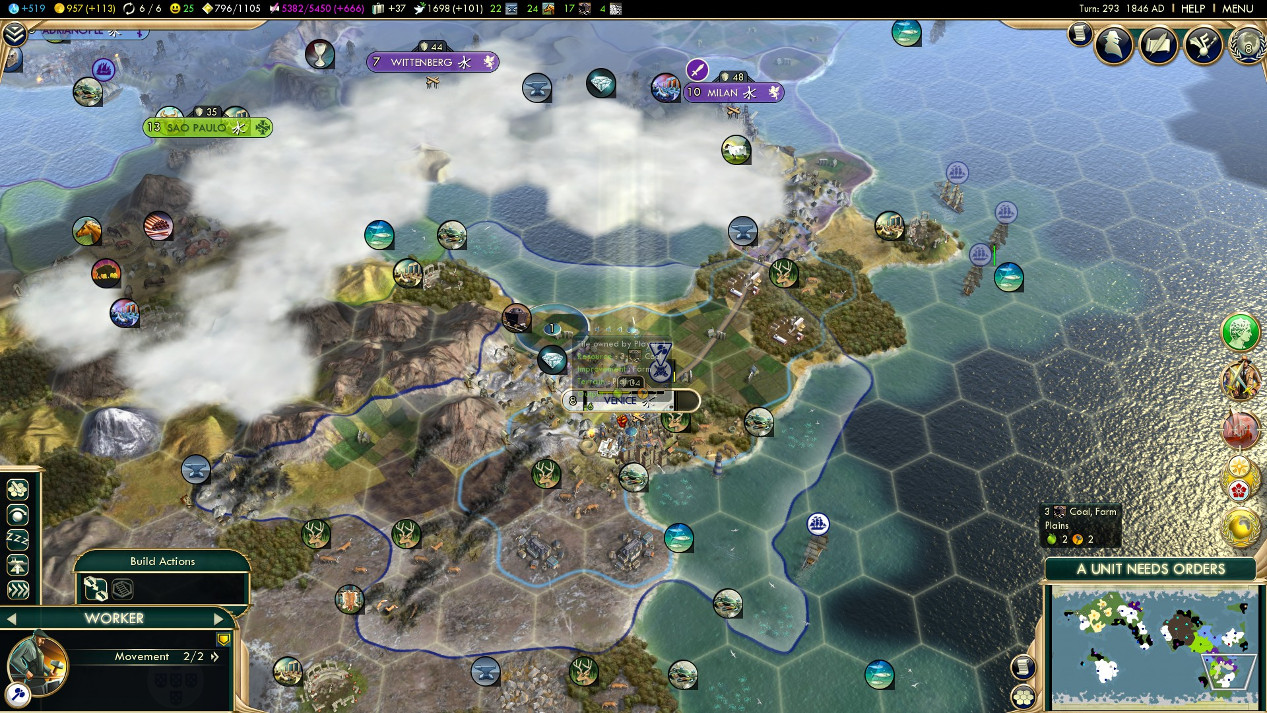 Venetian worker corps, now paid for by Casa funds, were sought to bring advanced Portuguese infrastructure to Venice. 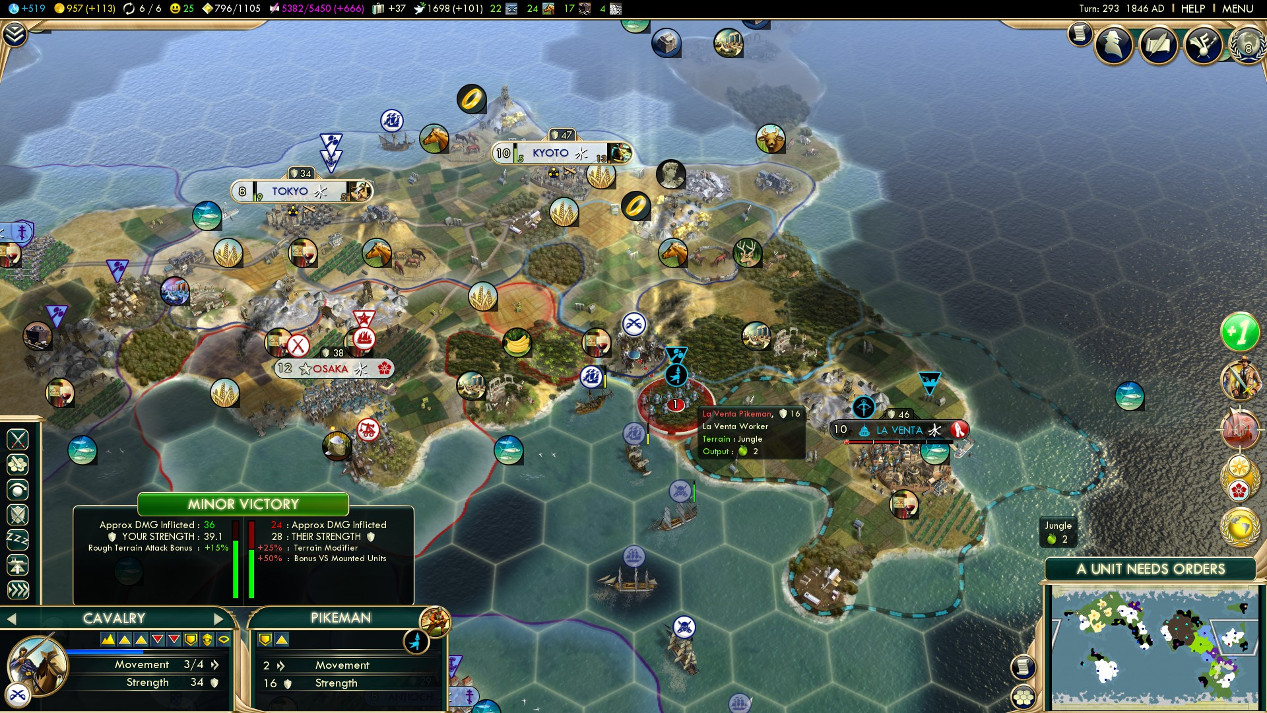 Loyalists suffering losses at sea managed to put up a stronger front on land, but at the same time the modern Portuguese cavalry corps made up for any deficiencies in tactics with technology and discipline. 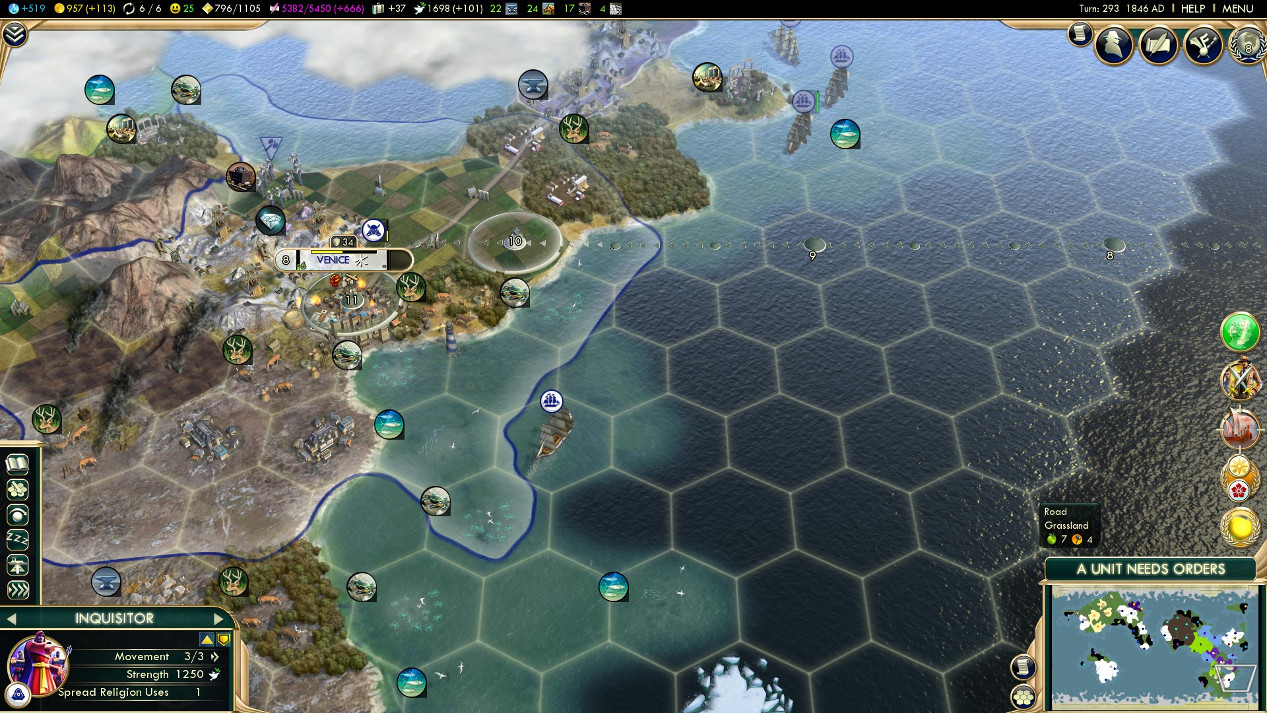 Though the inquisitors would take some time to strike at the heart of Confucianism, the sword was decreed to fall by the people of Portugal, so it must. 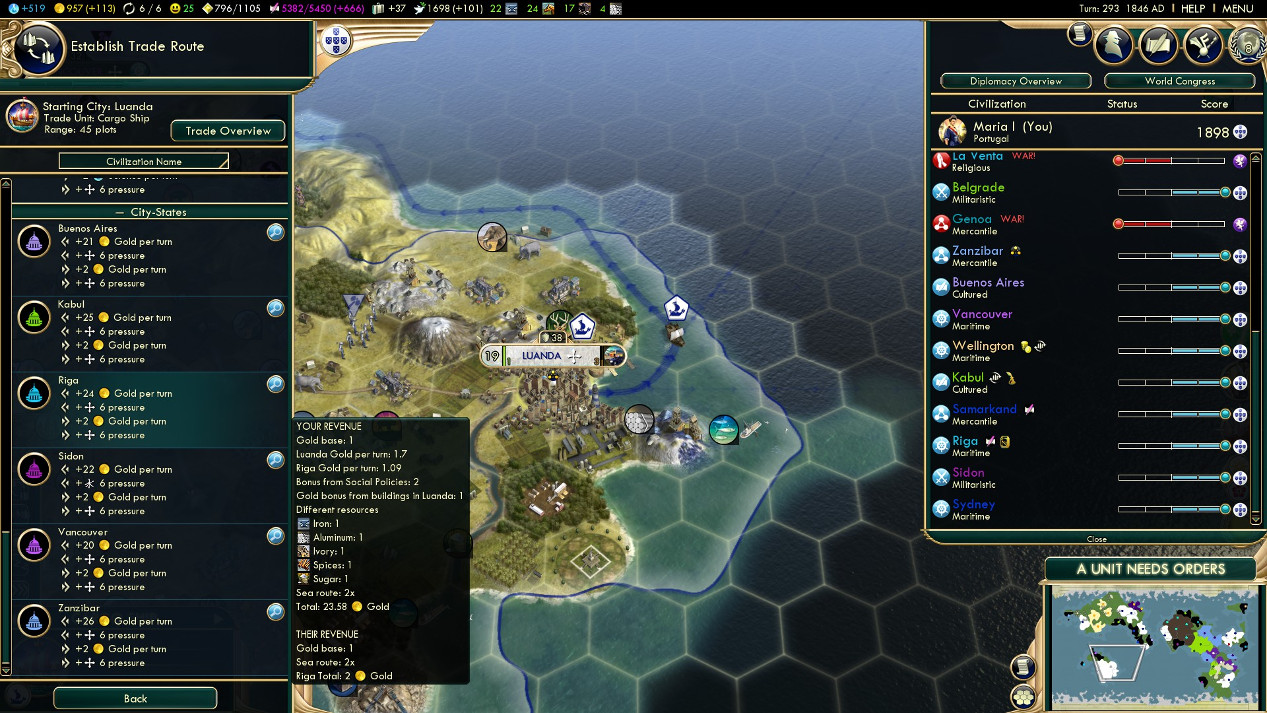 The Casa also made overtures of strengthening relations with Riga, whose status as one of Portugal's oldest allies was deserving of some continued considerations. 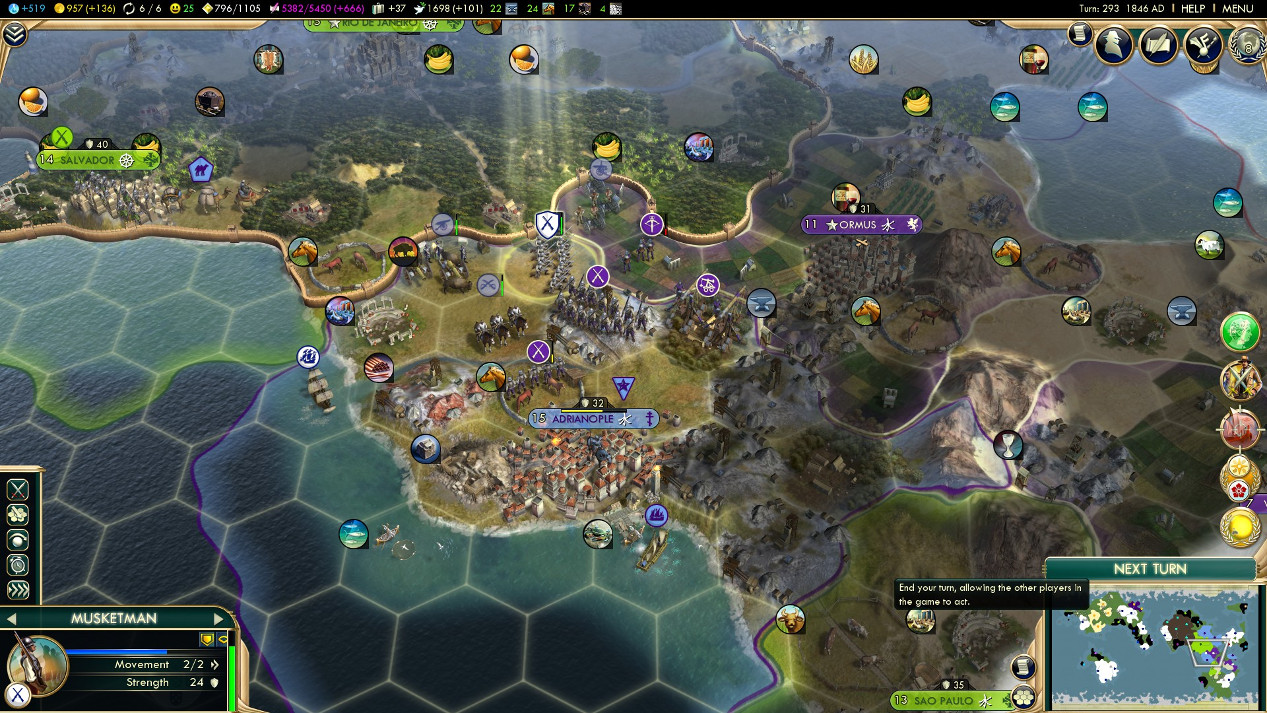 Though the Sidon volunteer forces managed to inflict damage against the Venetians, their supply lines remained strong and reinforcements made advancing difficult. Adrianople suffered withering assault all the while.  The Daimyo-led Japanese (not to be confused with the Republican Japanese who were protected by Portugal) at this time made overtures against Assyria, though recognizing that their independence was also guaranteed by Portugal meant that they had little opportunity to act on their threats.  Pedro also saw fit to renew the terms of the mutual defence treaty. As it was with Byzantium, there would be consequences for this action. 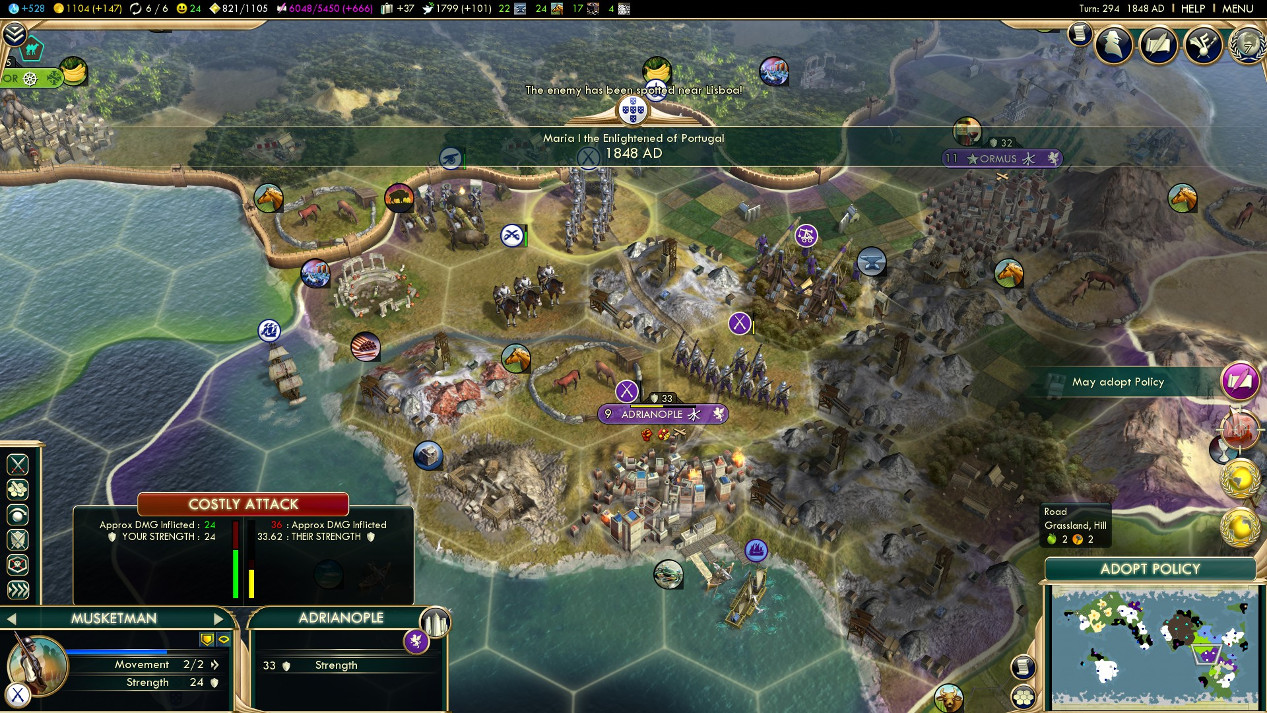 At around this time, the condottieri managed to capture and occupy Adrianople, and the President made it clear that the Portuguese would do what is necessary to return it to Byzantine hands. 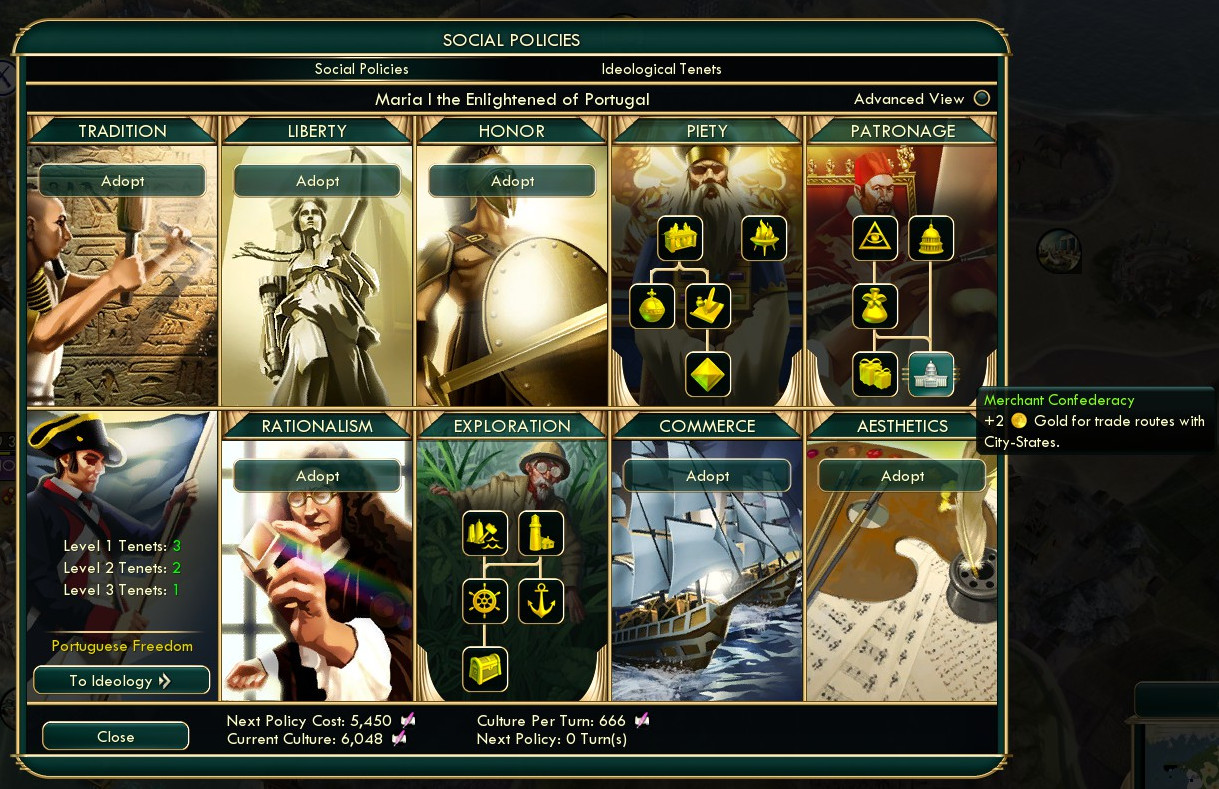 In so doing, she sought assistance from the Casa and its trading partners, to see if it would be feasible to increase tariffs in order to support military operations. The move saw surprising support from City-State benefactors of Portuguese governance. 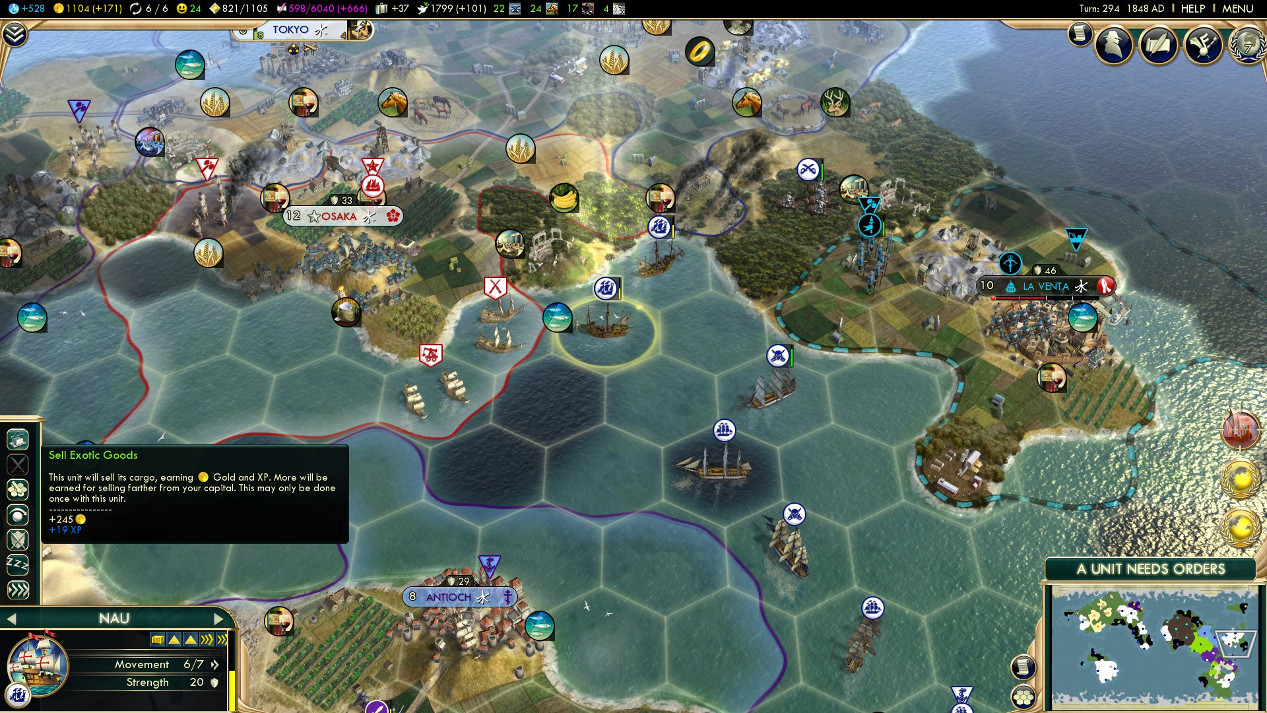 Furthermore, it seems that the Nau that was re-captured from La Venta had been stocked with a number of local trade goods in wine and minerals. They were sold to the Japanese for a tidy profit. 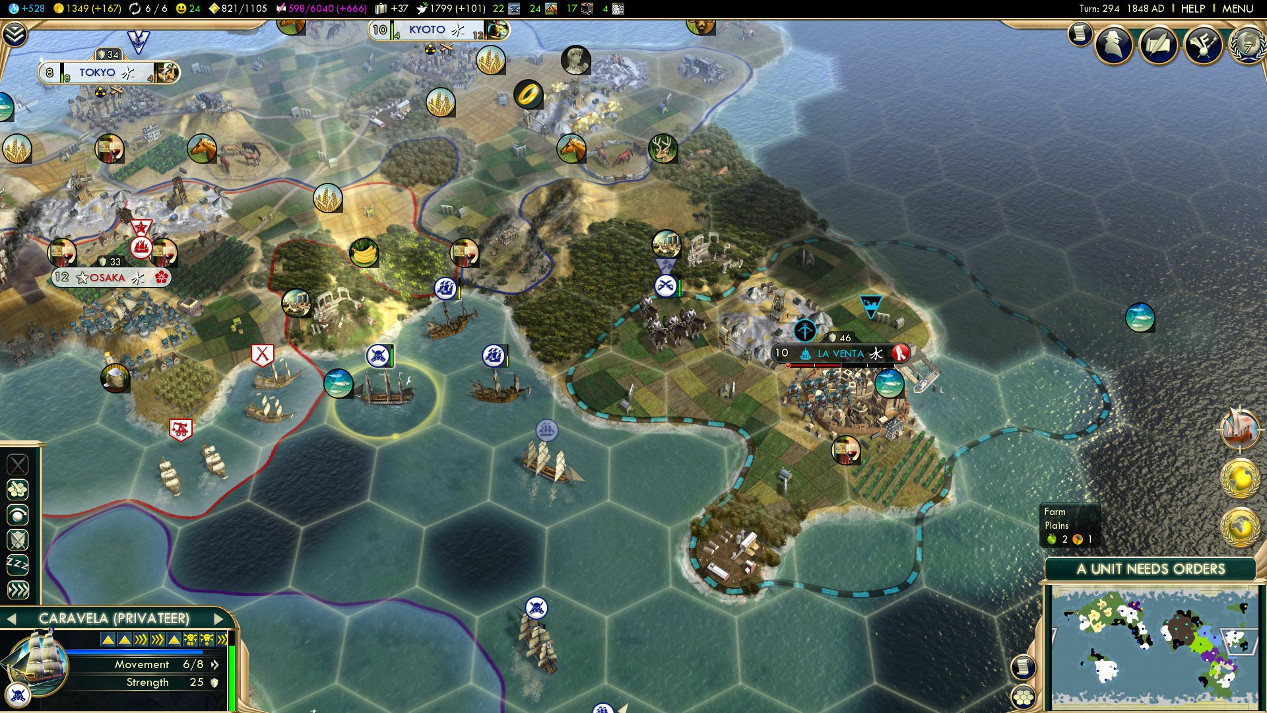 The land engagement with the La Venta defence forces was equally profitable, as the Japanese civilian workers were successfully rescued and moved to return to Kyoto. 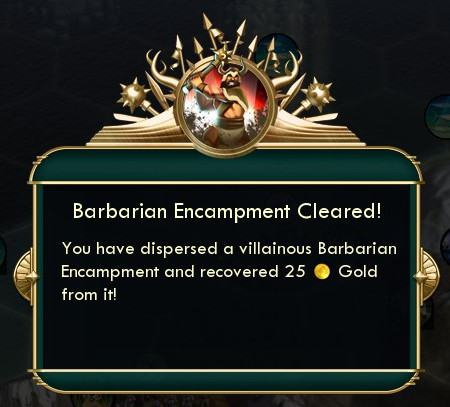 The anarchist cell in northern Assyria was similarly dealt with, and the assault force from Ponta Delgada found nothing amidst their camp save some belongings of the Portuguese archaeological expedition. 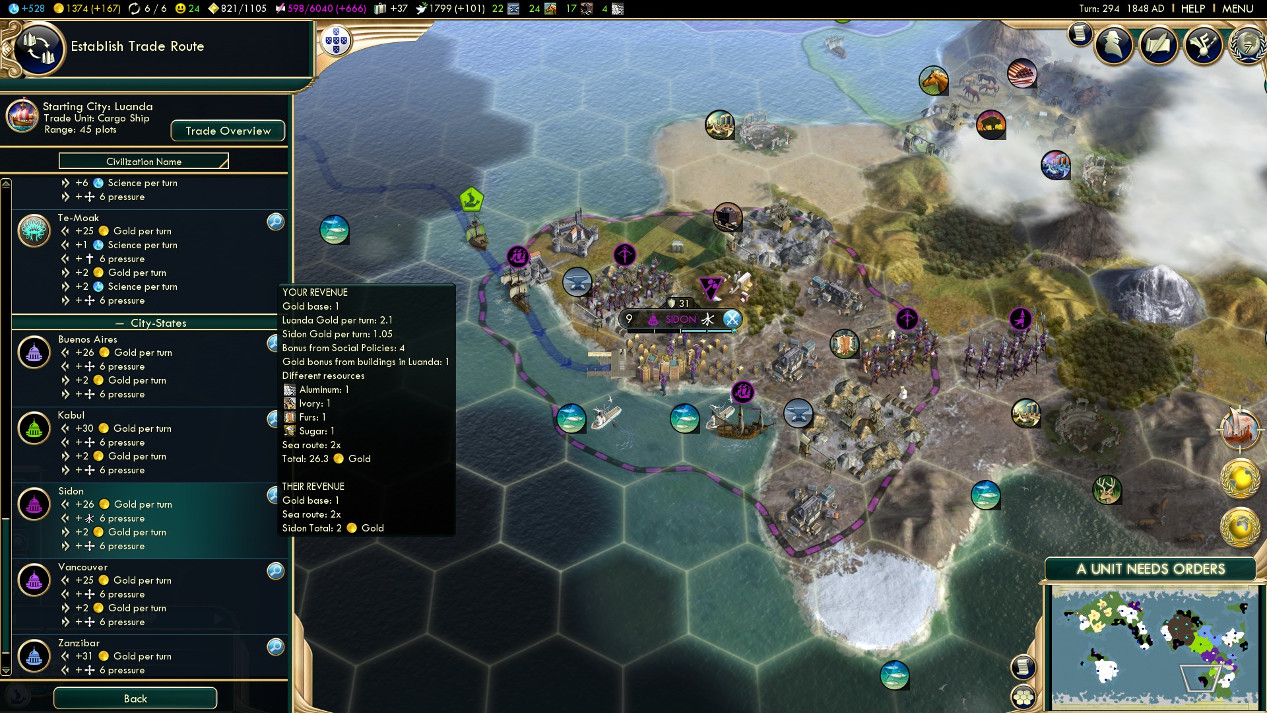 In these uncertain times, overtures were made to Sidon to provide continued support for the Portuguese armed forces. 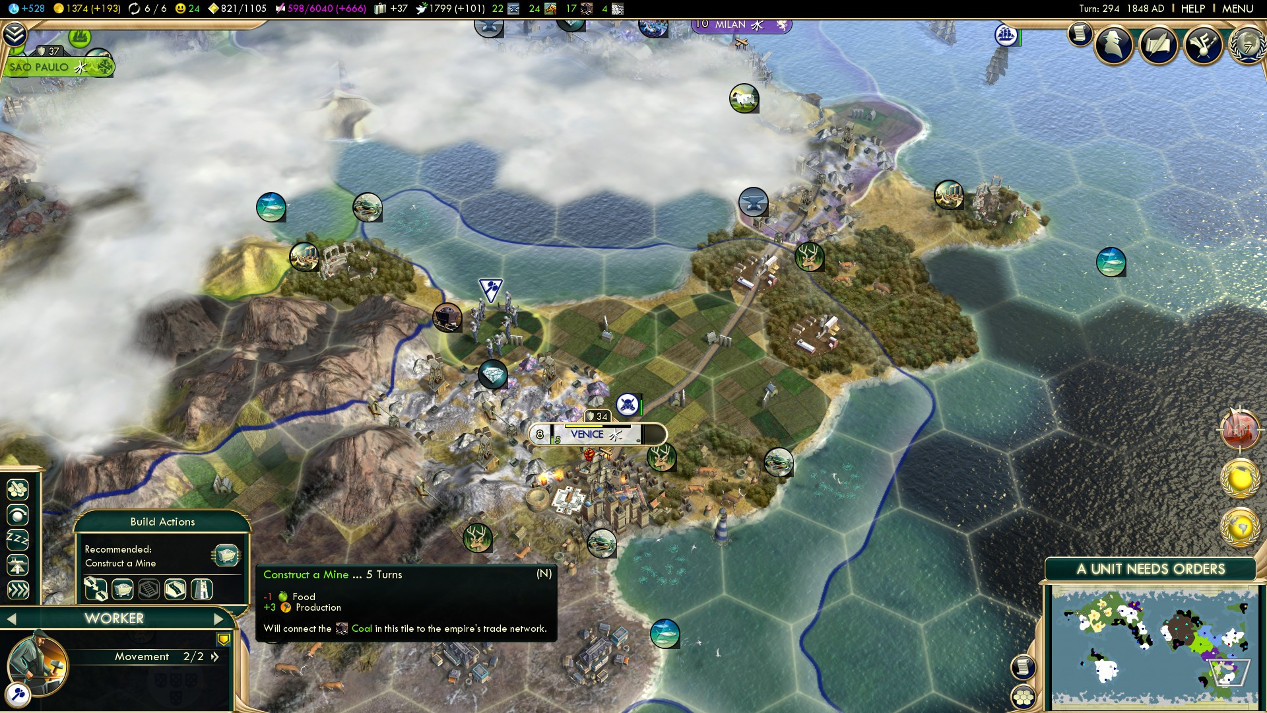 Venetians began to undergo startling modernizations. 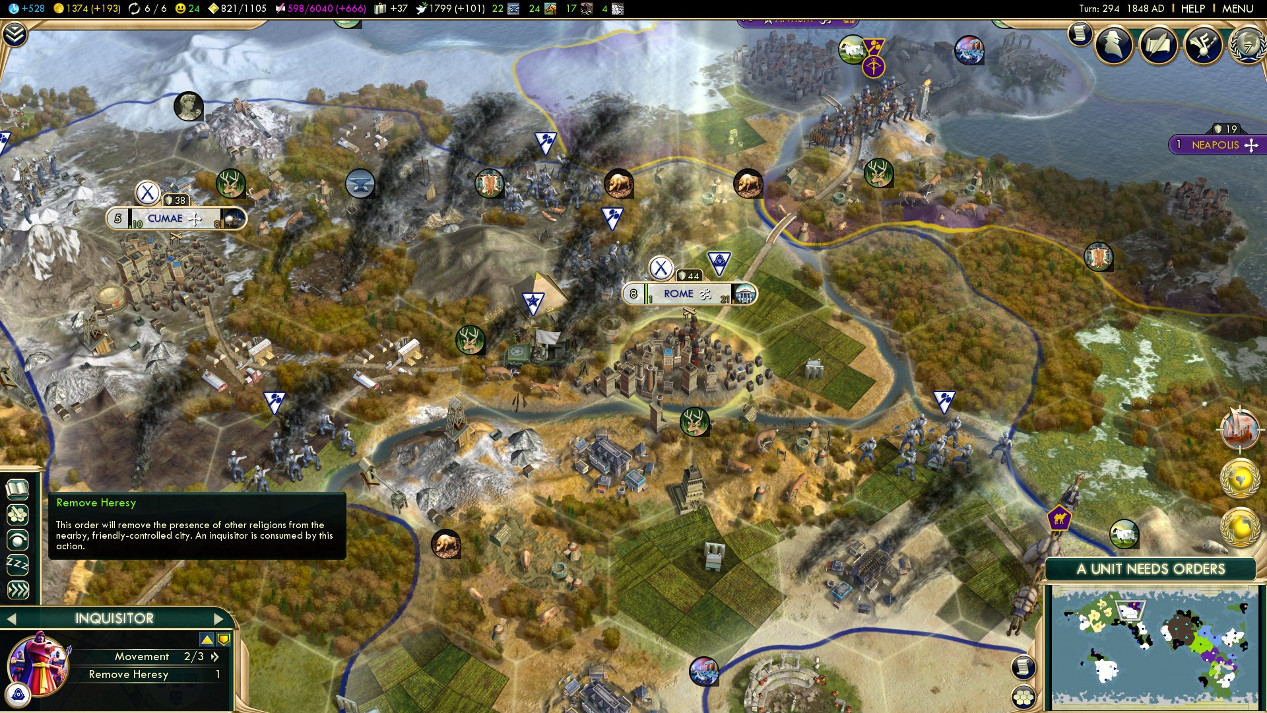 ...and the Restoration proved daunting, but ultimately manageable. However, the work of the Inquisitors was somewhat more destructive, even if it did come from a place of good intent. 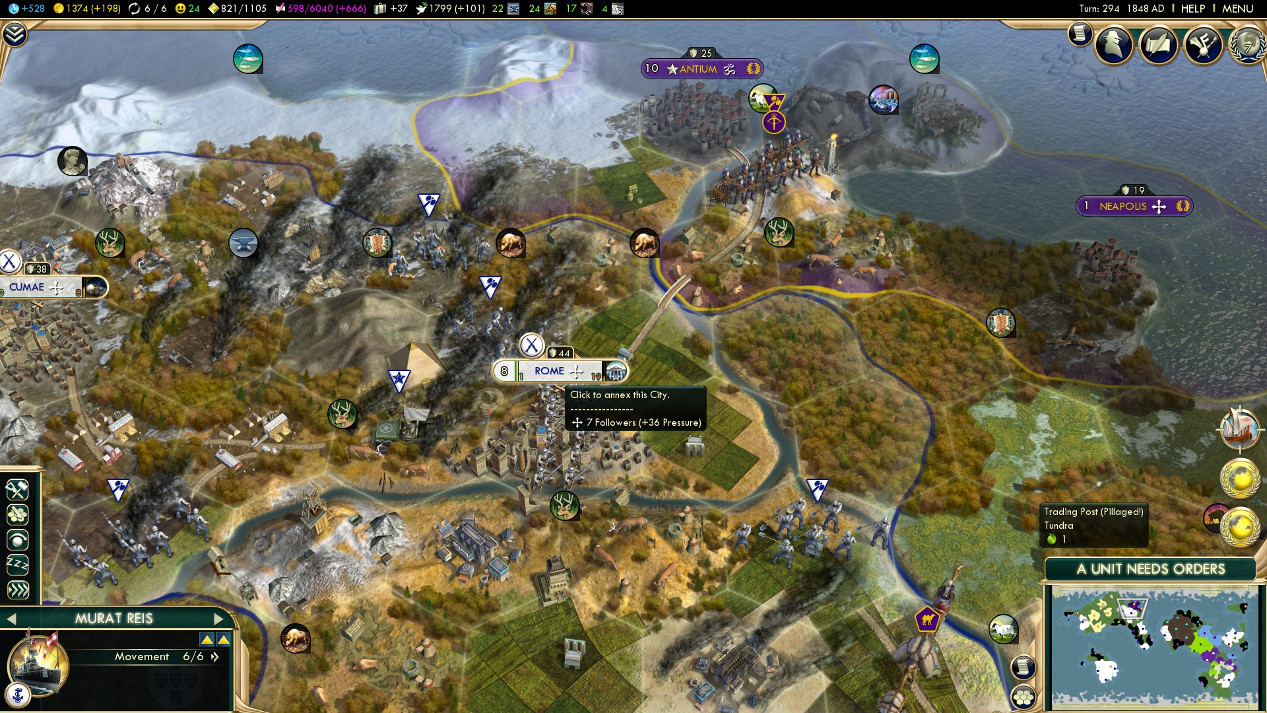 The result of their purge included the re-consecration of local temples as Sebastianist places of worship, and in cases where Hindu locals continued to profess the faith, they were charged with inciting anarchist sentiments and jailed. The Sebastianist majority took power in the halls of the government, and by all accounts Hinduism would thereafter be relegated to fringe cult status, unable to regain legitimacy for a lack of historical doctrine or centres of worship. Antium maintained a majority to be sure, but their marginal status meant that Roman efforts to spread the faith would be lacking to say the least.  Oda, for reasons unknown, took this opportunity to resume his verbal assault, claiming that the Republican Japanese were being mistreated by their Portuguese overlords. He curiously used a Japanese translation of the phrase "tyranny of the majority" in his speech to that year's conference. 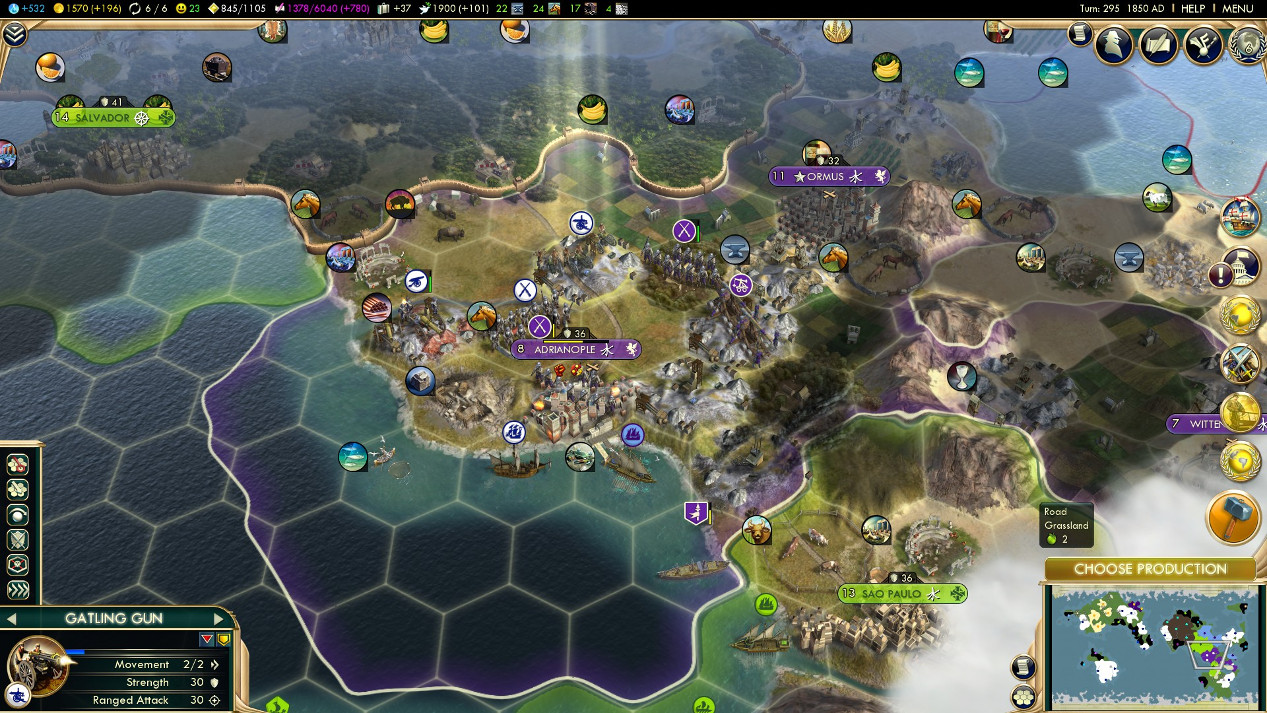 Though Adrianople was in dire straits, the Sidon volunteer force positioned itself for a counter-siege. 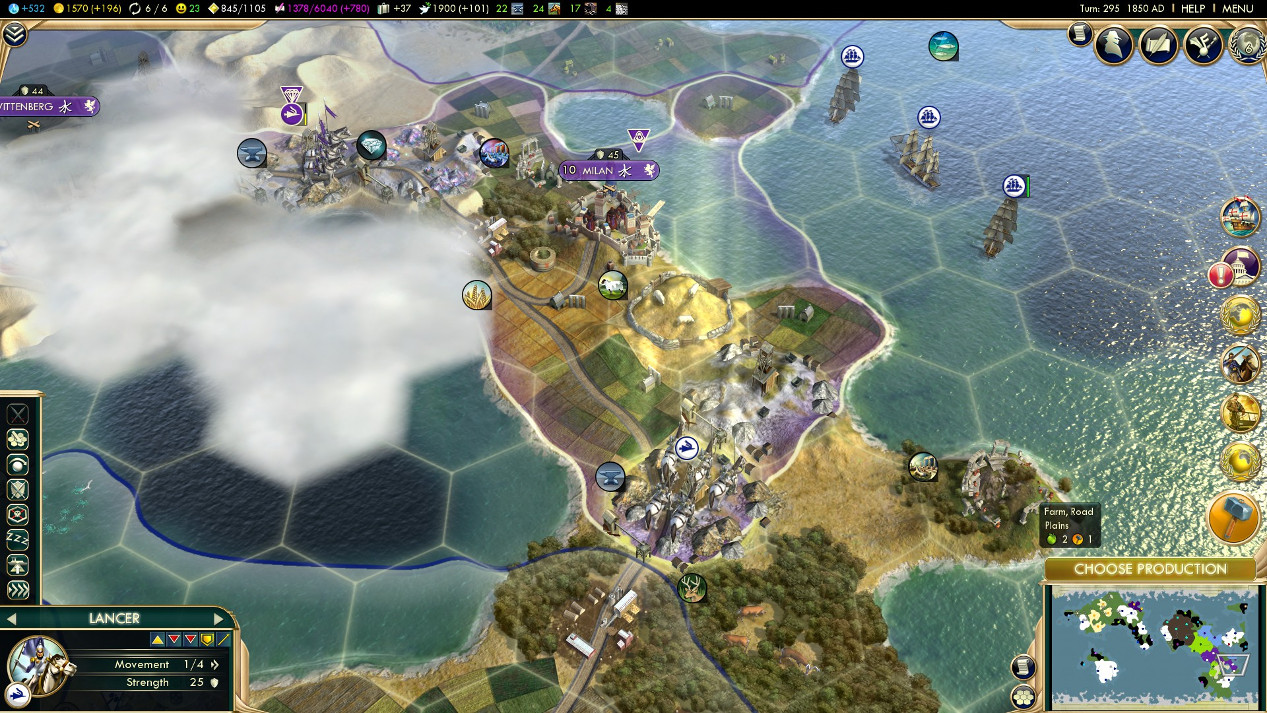 Meanwhile, a new cavalry group in Venetian territory began investigating Milan's borders to identify potential targets, following intelligence pointing to a person of interest in the northwest. 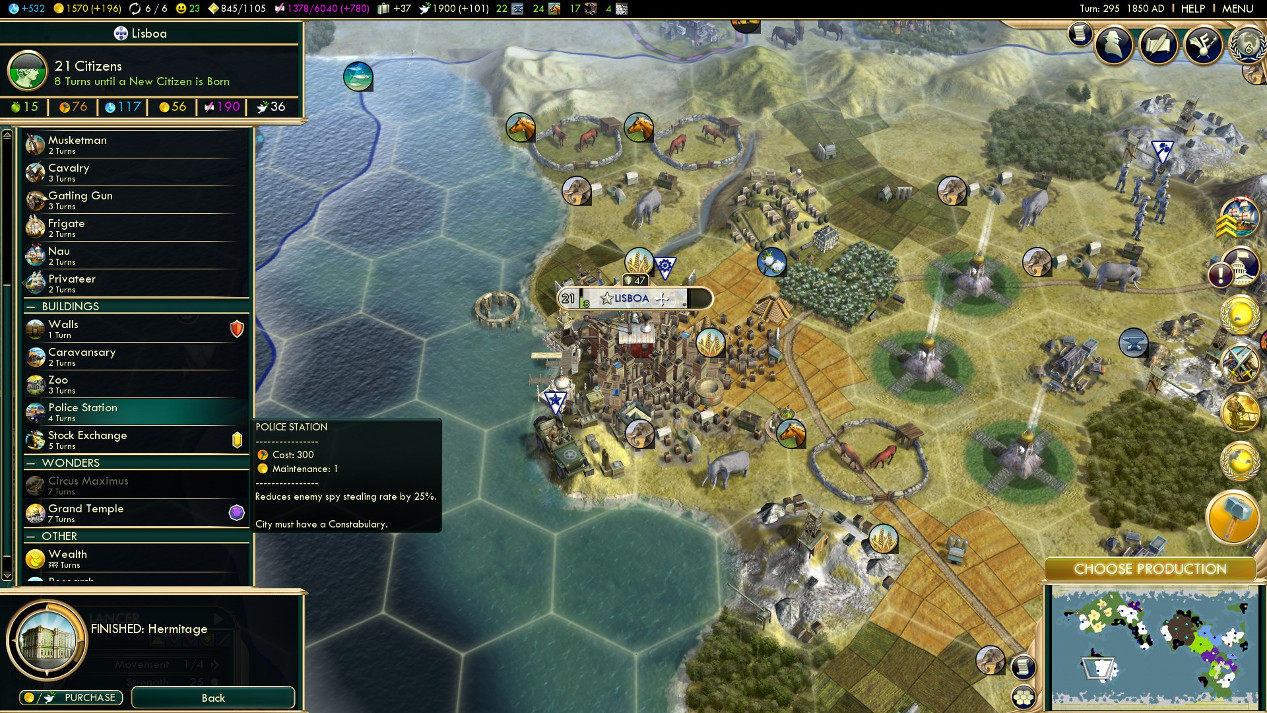 Amid hurried construction of newly modernized police stations, the President received a report from the front on the new development.  A head of a Venetian trading firm was being dispatched to potentially perform a buyout of some major foreign companies, potentially shackling another City-State to the unique Venetian plutocracy. The target was marked for capture, dead or alive.  Assyrians once more found themselves the opportunity to develop unique diplomatic ties. 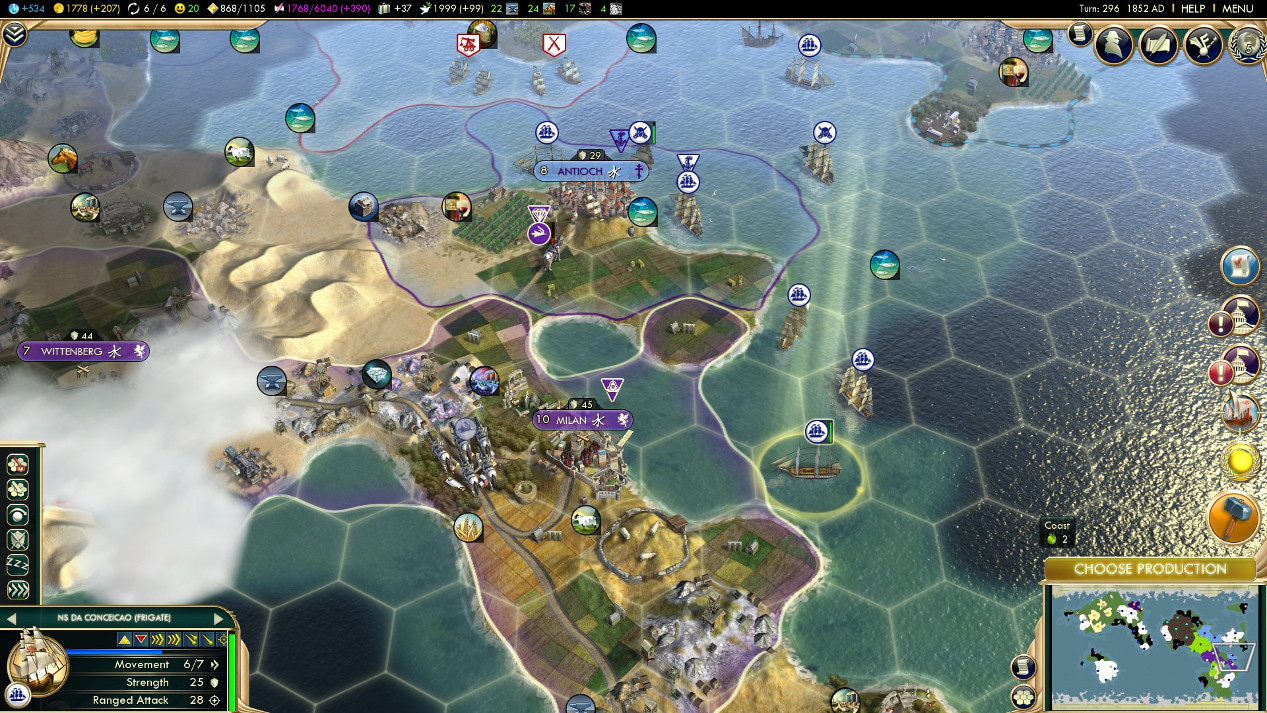 A distracting maneuver from one of the Armada was initiated against Milan to cover the operations of the Lancer force. 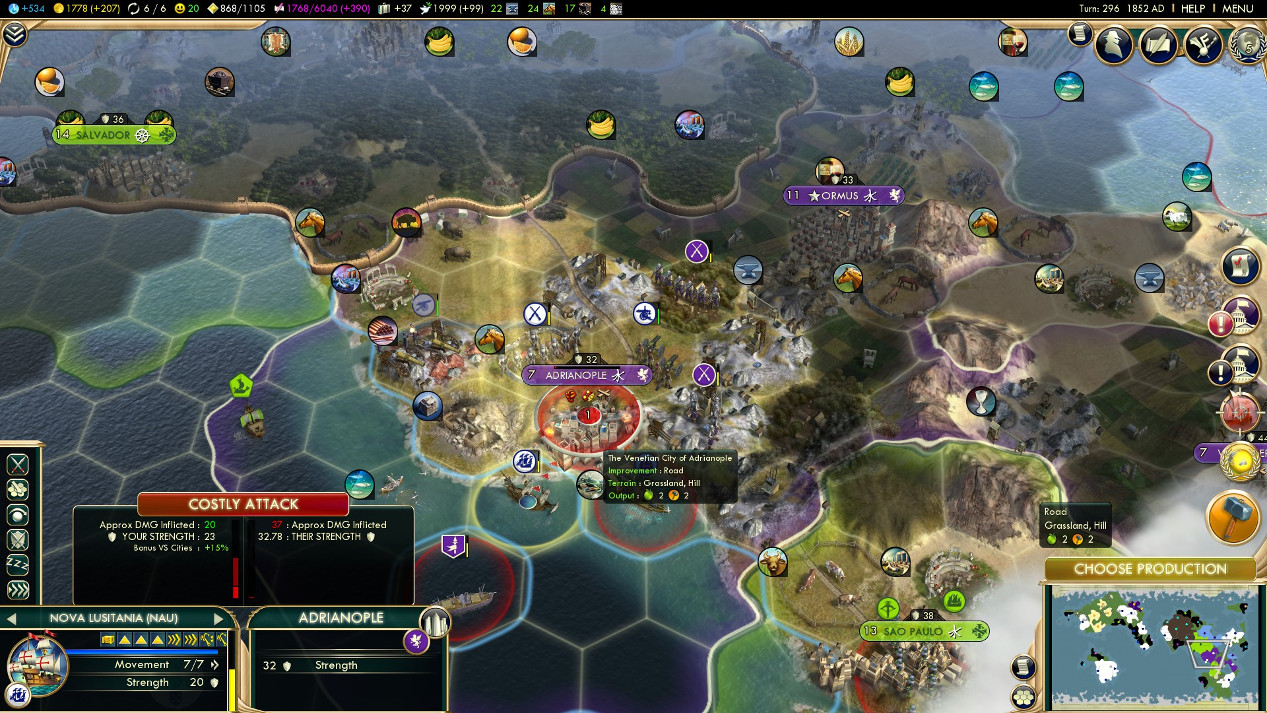 While Adrianople's defences fell for a second time. 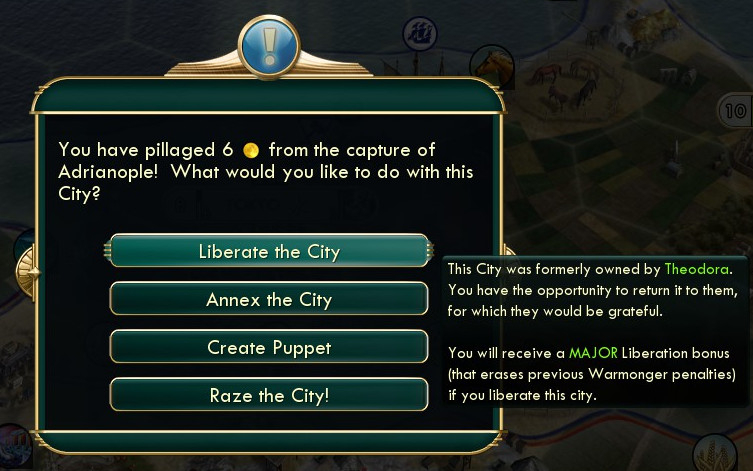 Though the defenders left little but a husk of the former city, it was returned to Byzantium forthwith. 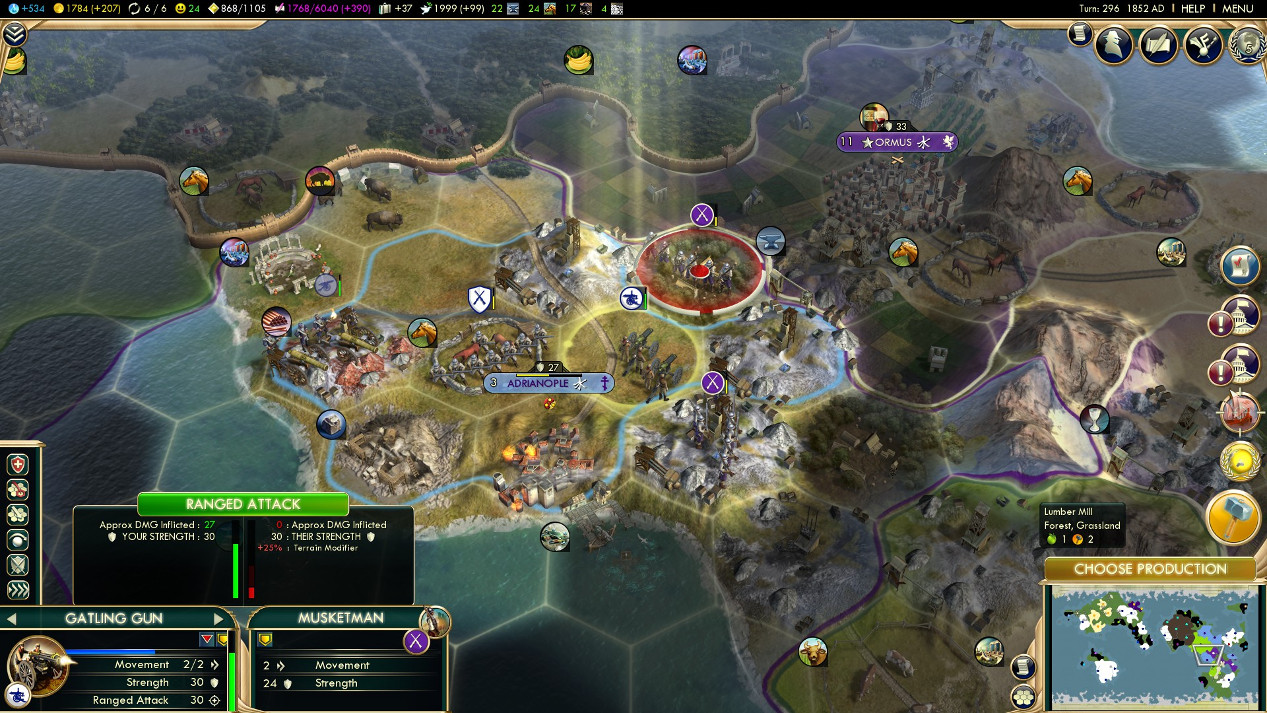 All that remained was for the Portuguese defenders to drive the condottieri from Byzantine borders. 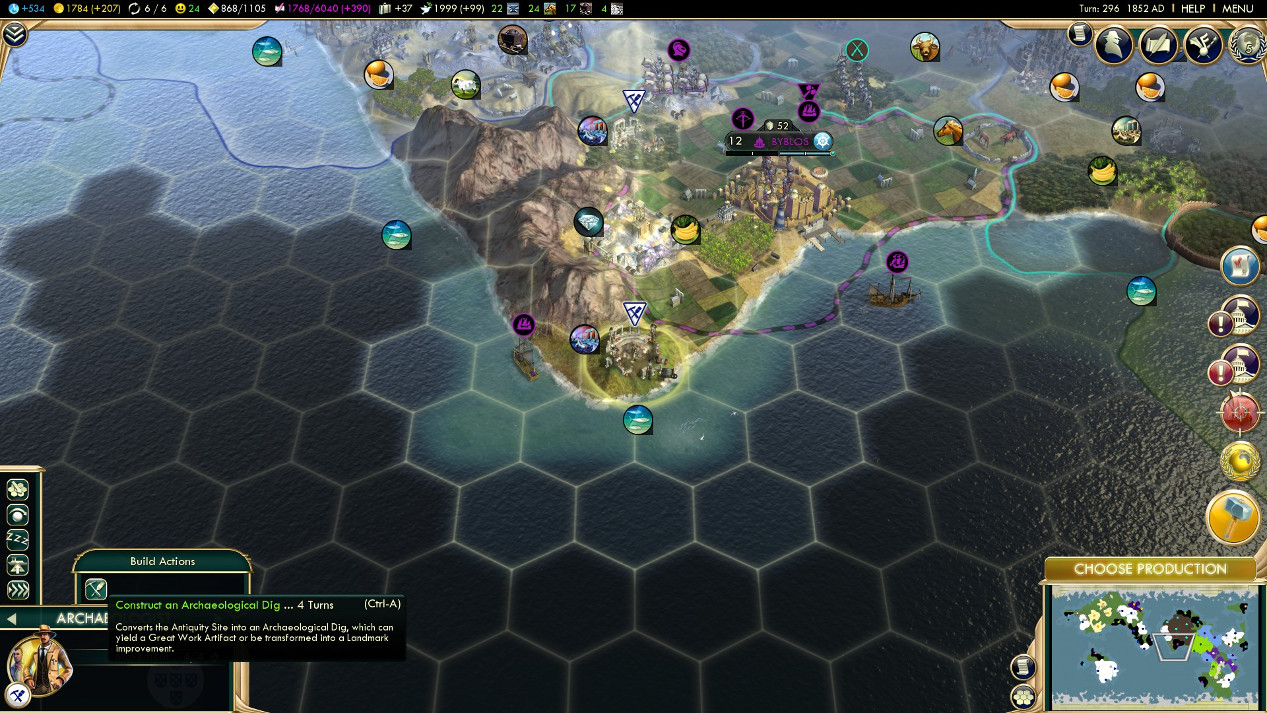 Throughout this, the scientific and cultural discoveries of the Universidades continued to flourish. 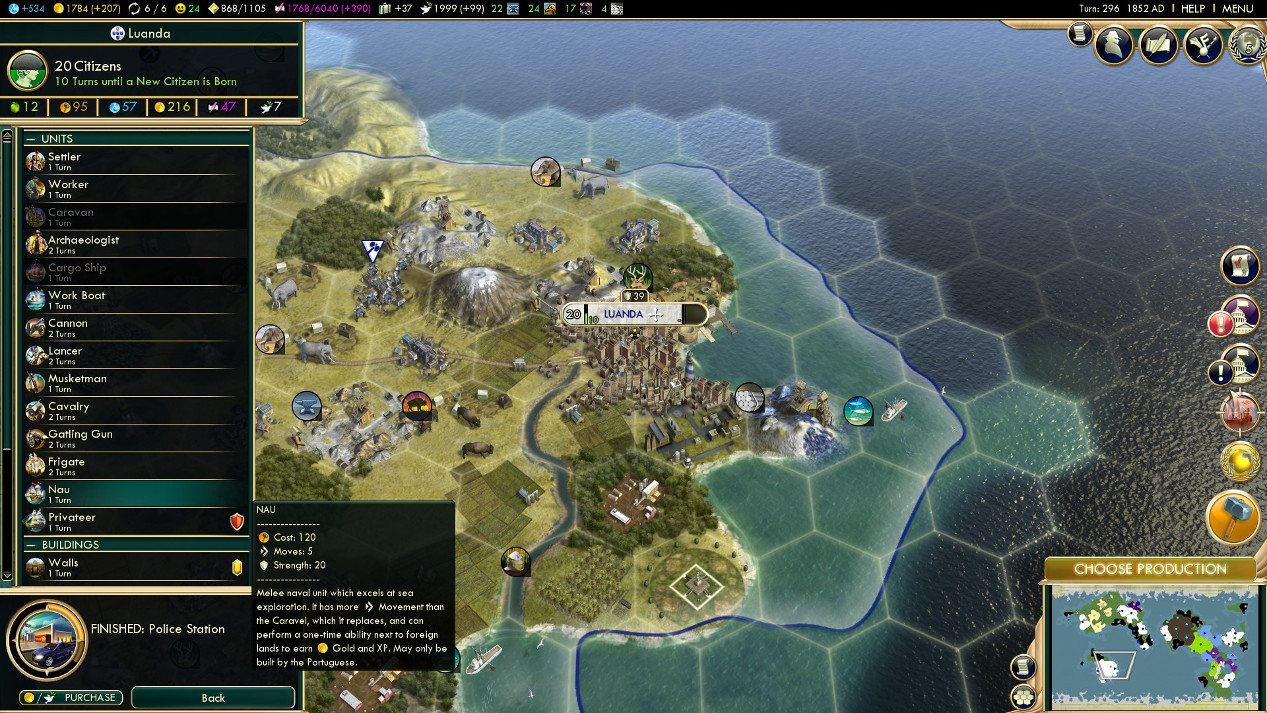 Luanda continued to grow its arsenal of democracy. 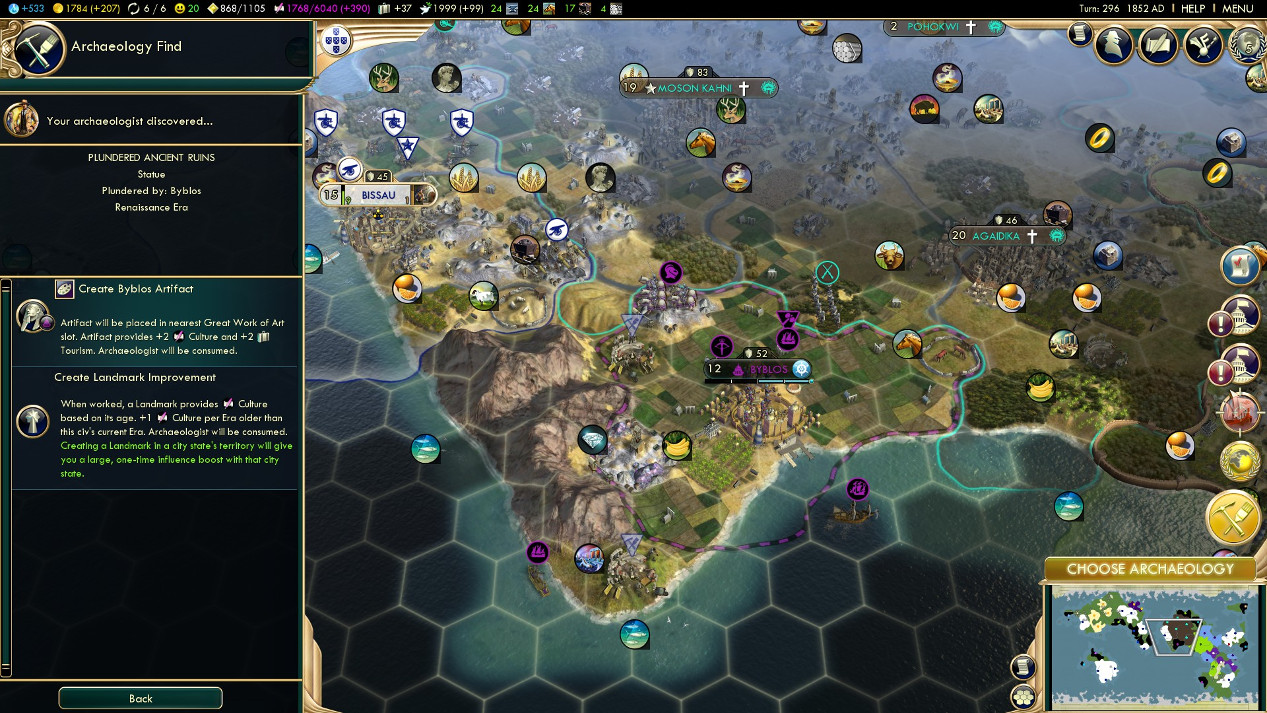 Local Byblos artifacts were brought to Portugal for further study. 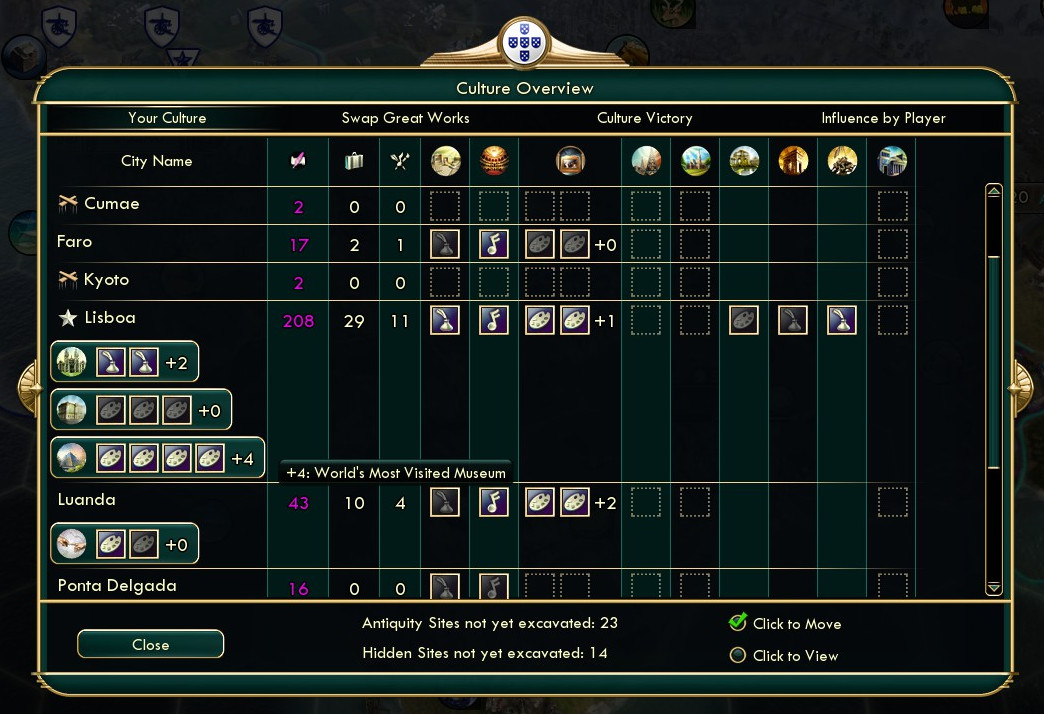 These new artifacts gave the Louvre the unique distinction of being the "World's Most Visited Museum," or so the tourism board called it. 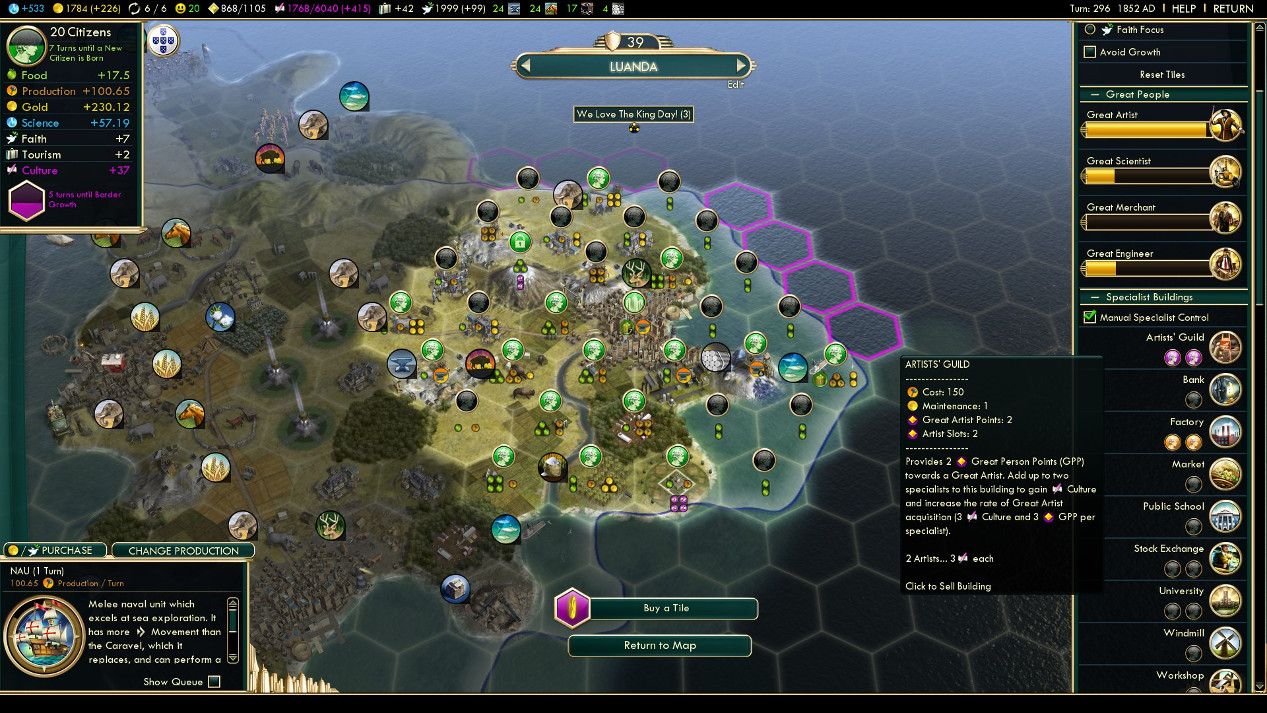 This new and local focus on art and history resulted in a sudden increase of spending for the artist community of Luanda. 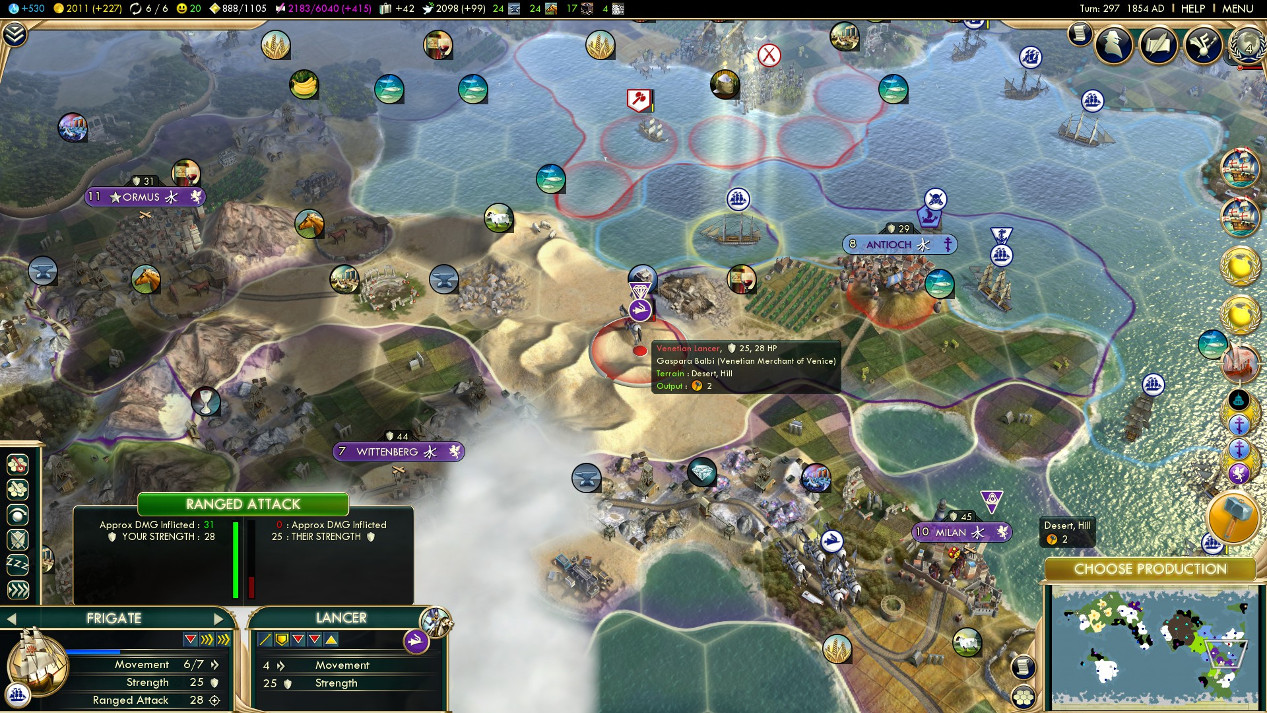 In the deserts near Milan, support fire from the coast rained down on the merchant's bodyguards. 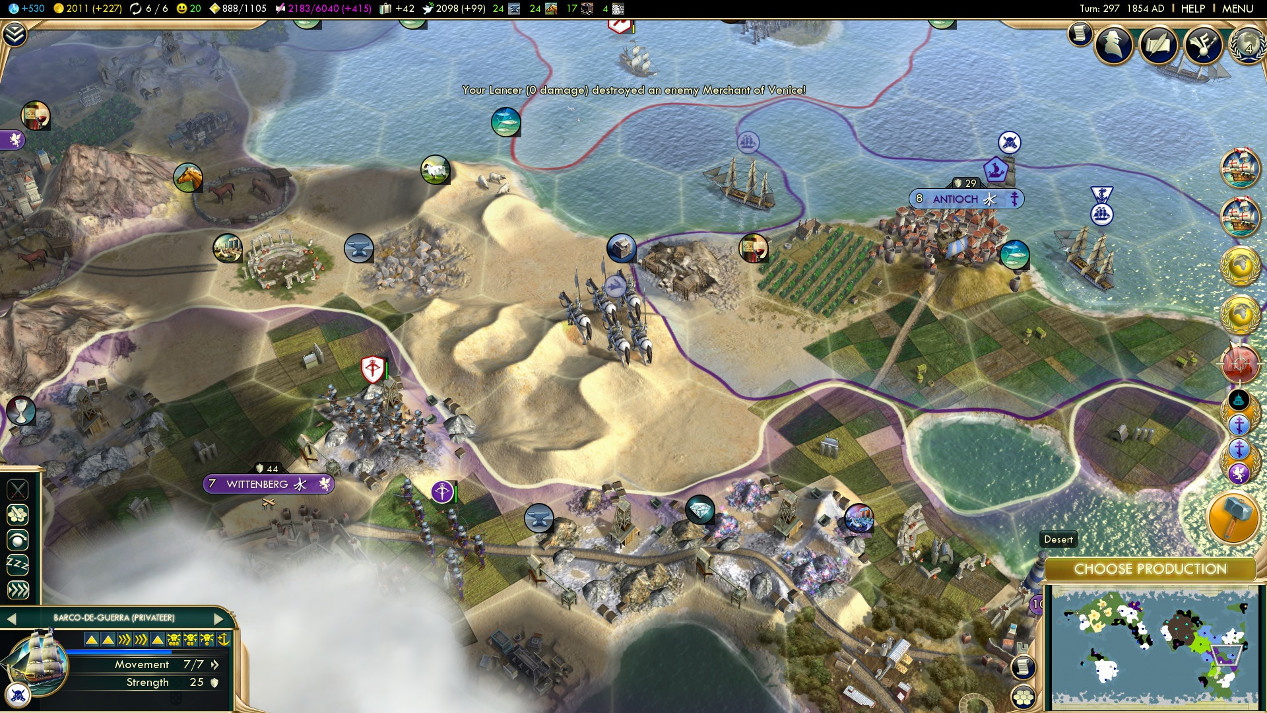 The following assault from the Lancer force was an apparently disorganized melee, as the merchant lord refused to go quietly with the Sidon volunteers, resulting in his death. One of the lancers reportedly told his commander "Apparently they do bleed."  These compounding misfortunes convinced the Doge in captivity to inform his subordinates that the assault on Byzantium was to cease immediately. 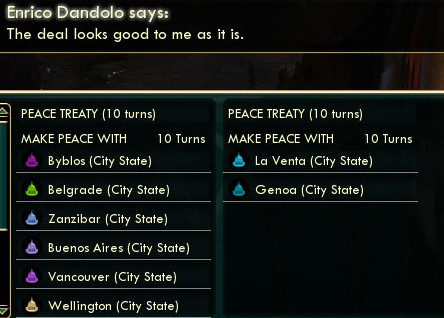 Thereafter, he seemed surprisingly amenable to peace with Portugal as well.  His strangely friendly demeanour led to a bizarre discovery on the part of his Portuguese captors. Noting his erratic and inconsistent behaviour, it was discovered that over the course of observing his Confucian traditions, he had eaten some variety of fish that was poisoned with mercury, resulting in his supposed madness. The President reportedly found a strange sympathy for her fellow elected lord thereafter. 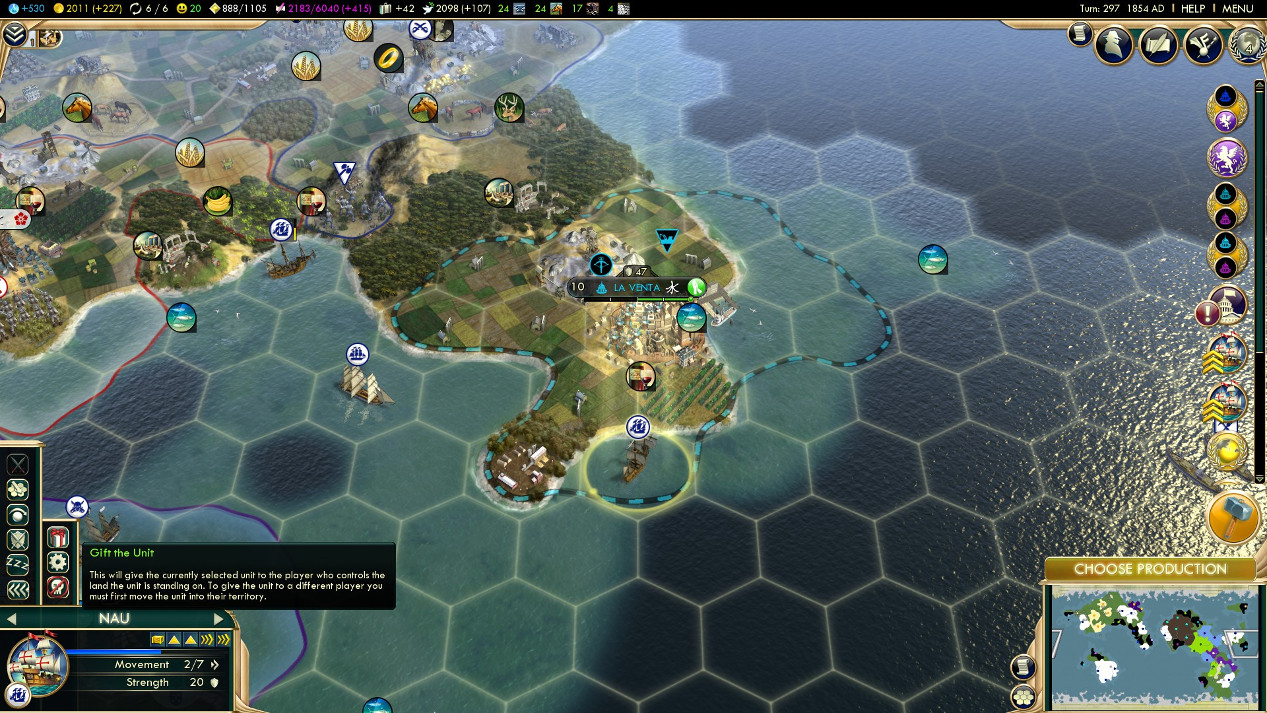 The La Venta Nau was returned to it, much in the same condition it had been originally provided. 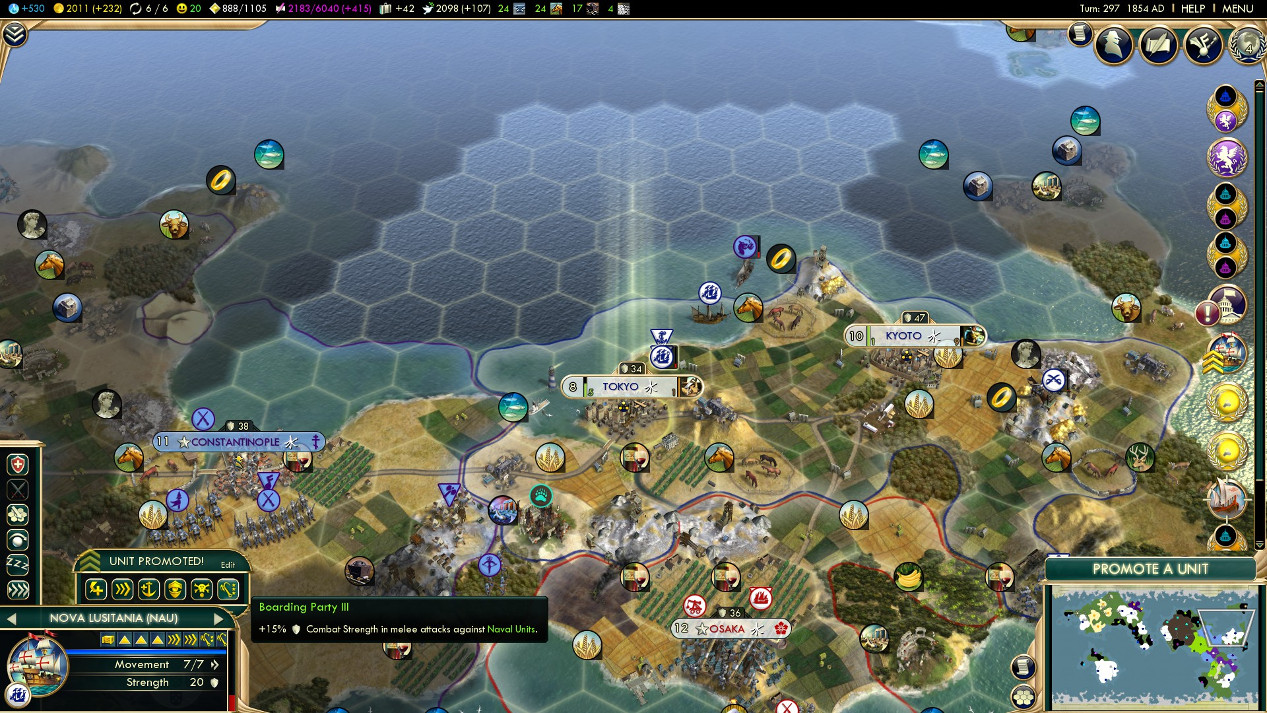 The Nova Lusitania returned to Tokyo for repairs and accolades. 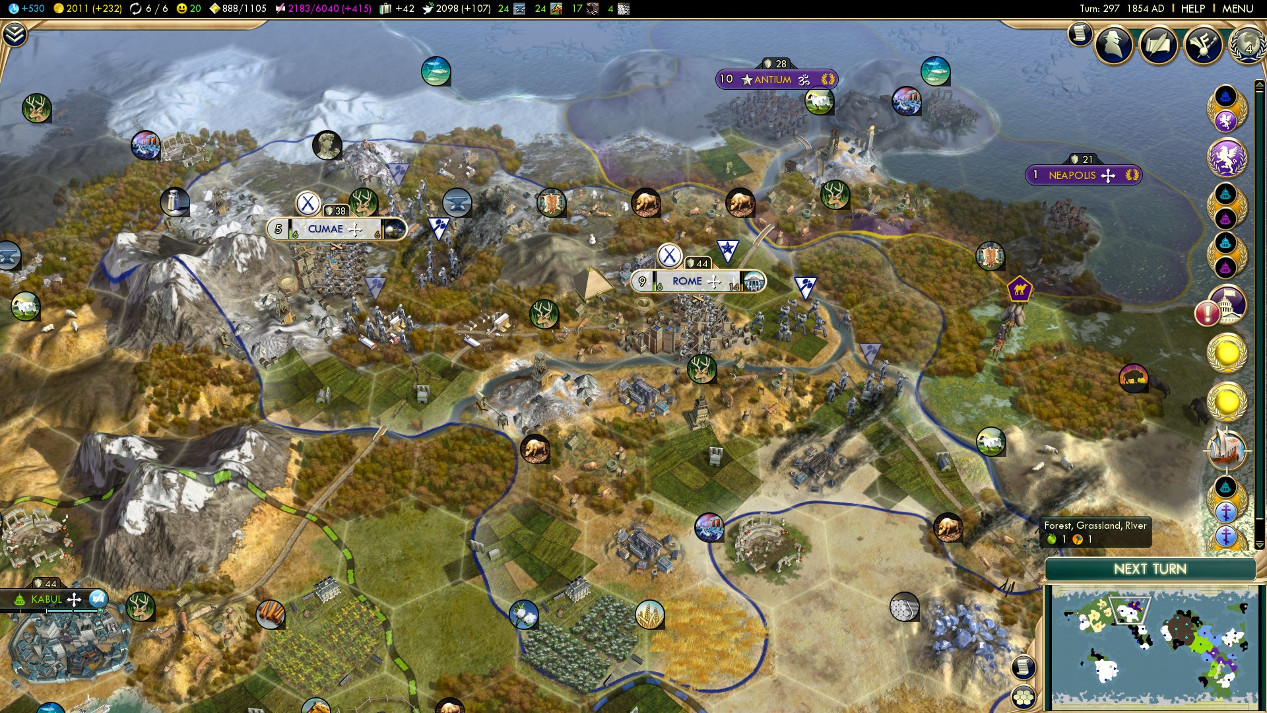 The Roman Restoration also began to draw to a close, as the globetrotting worker corps of the Portuguese empire began to plan their next moves. 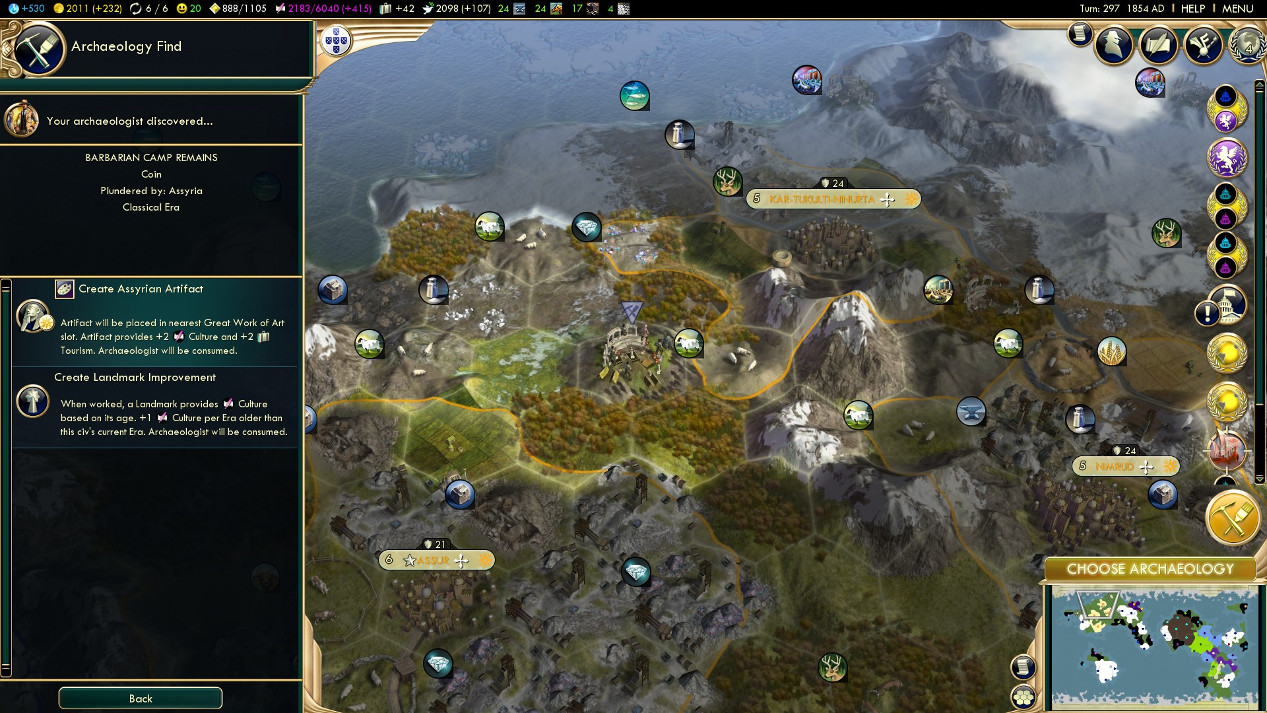 More discoveries about Assyrian cultural tradition (conveniently outside their own borders) resulted in more fame and fortune for academia back home. 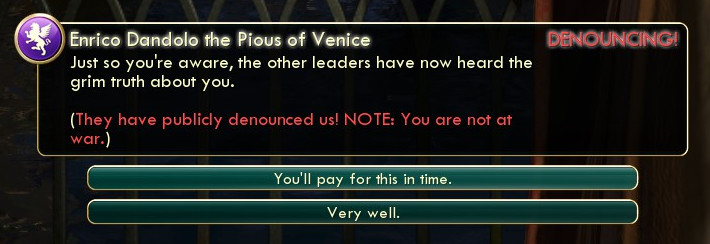 Undergoing experimental treatments for his condition seems to have made Dandolo suddenly aware of his circumstance, and his Portuguese doctor was the recipient of much of his vitriol. 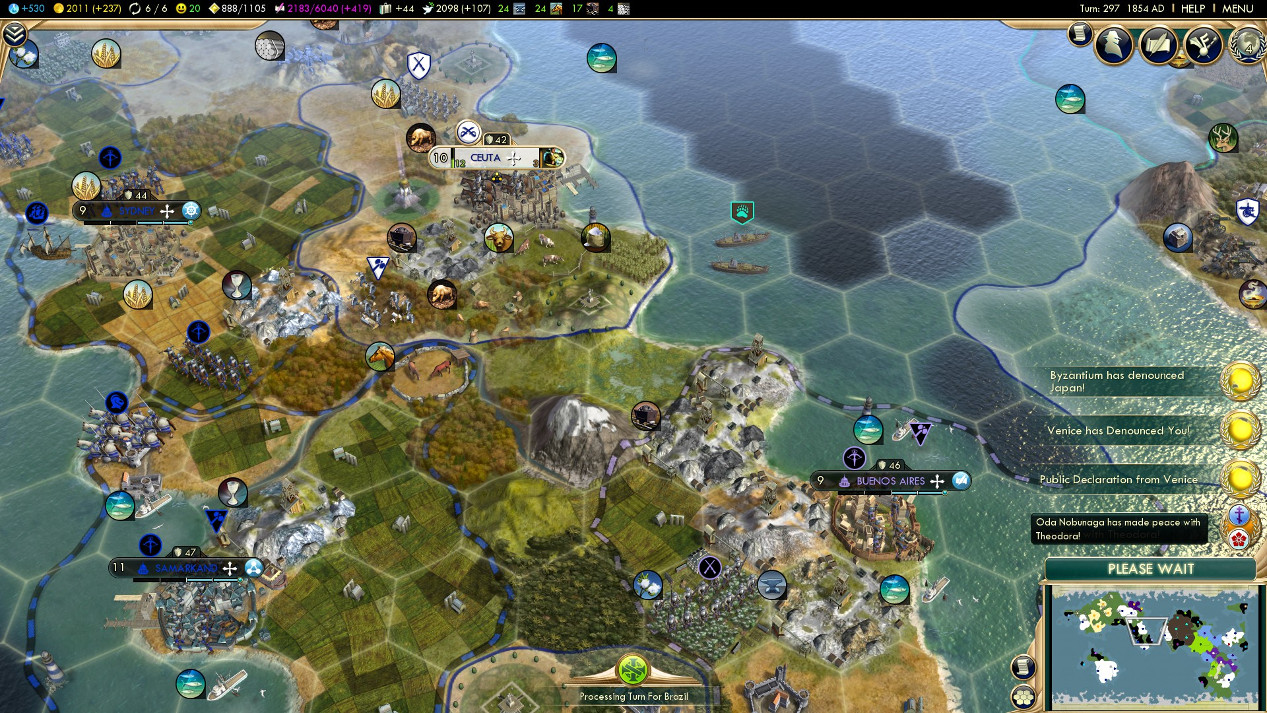 A sudden flurry of announcements that Byzantium had abandoned its aspirations on the remaining Japanese territory, and for the first time in a long time, the world was at peace. 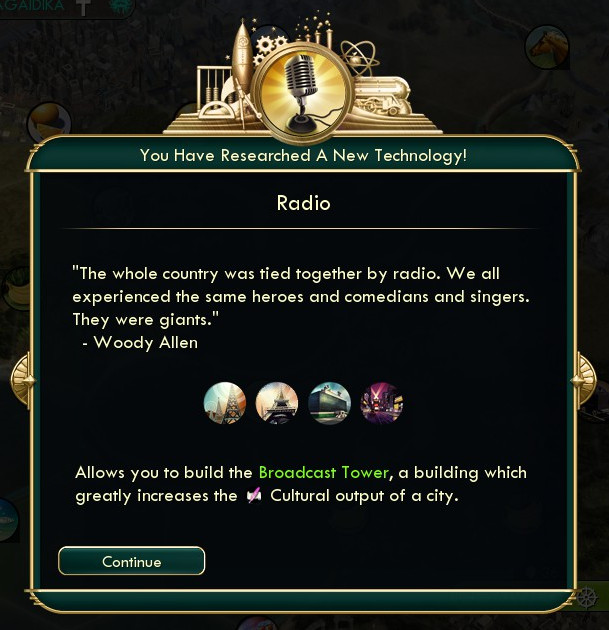 This announcement coincided with another unusual discovery from the Universidades, which was used to send a message from the President's office to cities around the world. 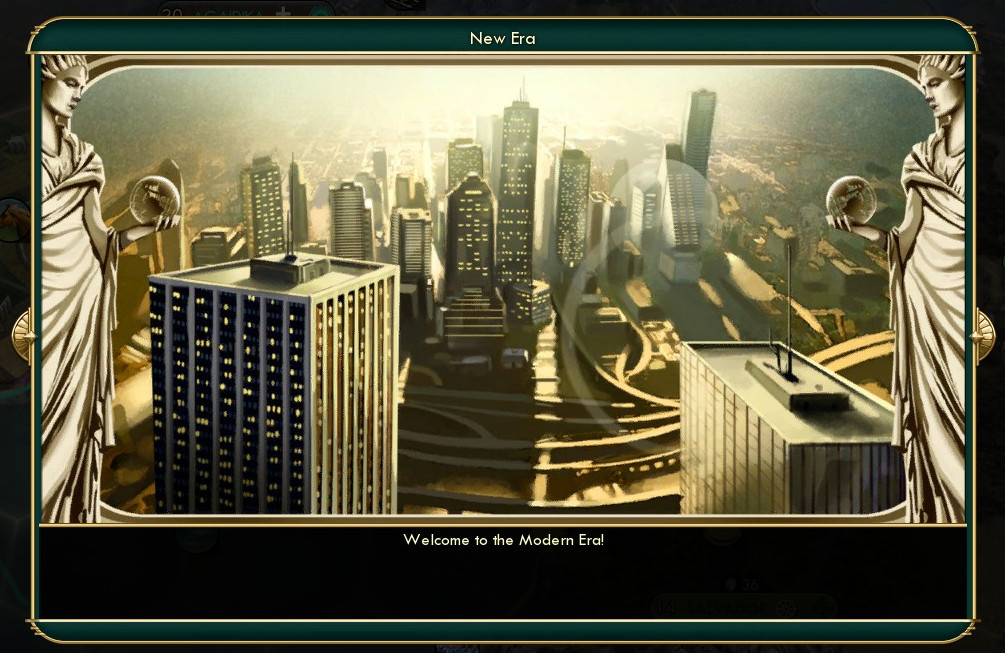 "When Lisboa was first founded, the island that I call home was thought to be the whole world. The entire population of the world was Vancouverians, Rigans, and ourselves." 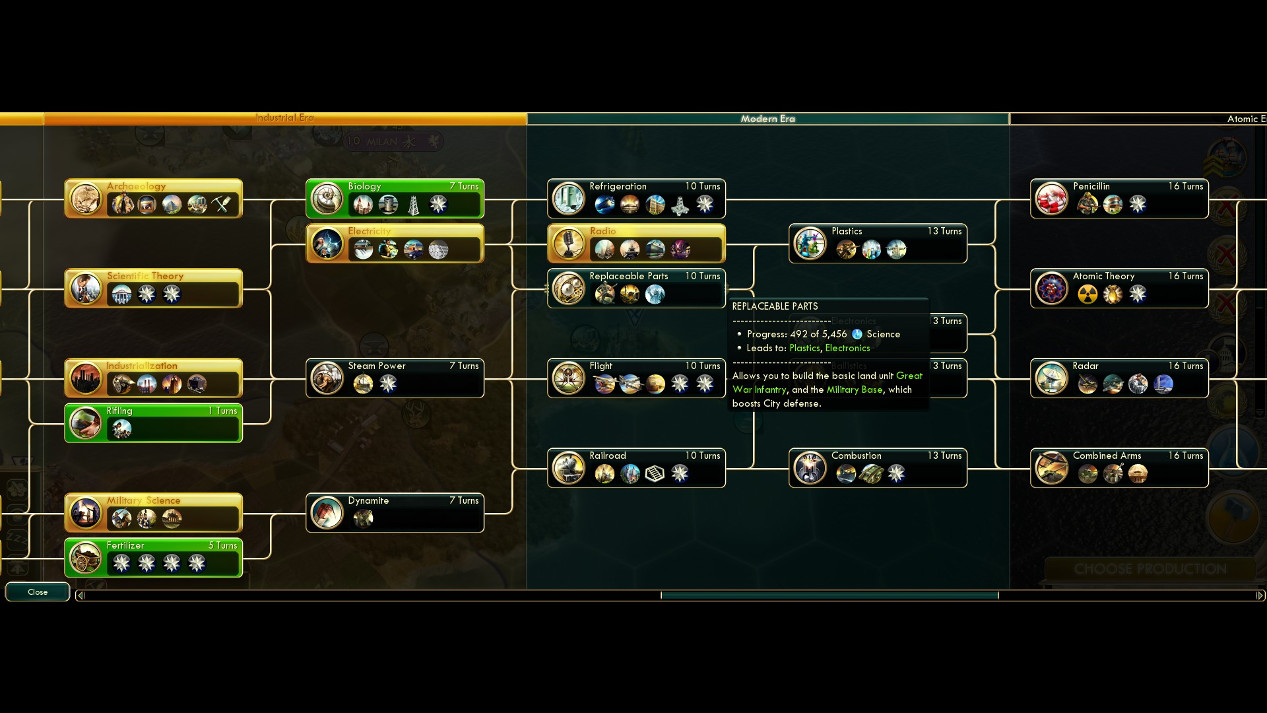 "Given time, we learned that this was wrong, and that we were only one part of a much larger and greater world than our home." 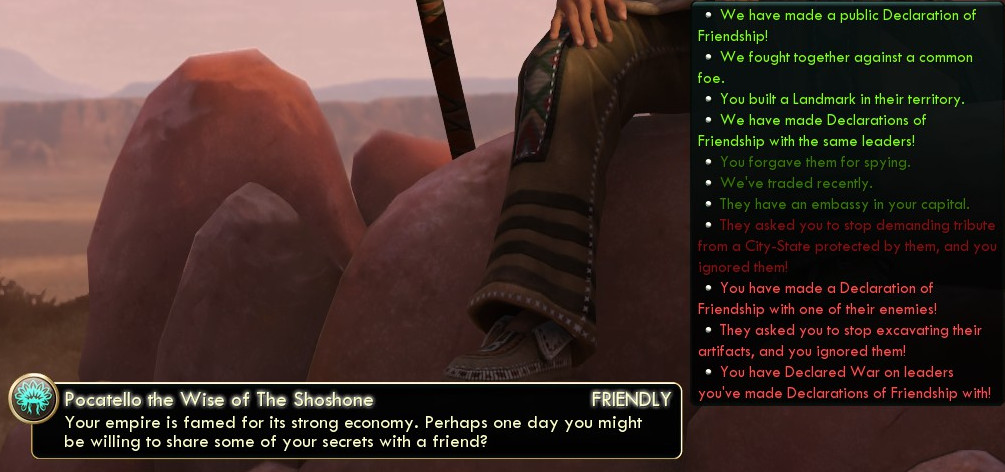 "My hope, above all else, is that this new invention makes the world even smaller still, and allows us not only to communicate faster than ever, but use that communication to better understand one another."   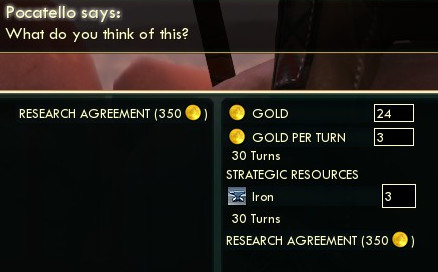 "Like our forebears, we have much to learn about the world we call home, and it will only seem smaller the more we know of it." 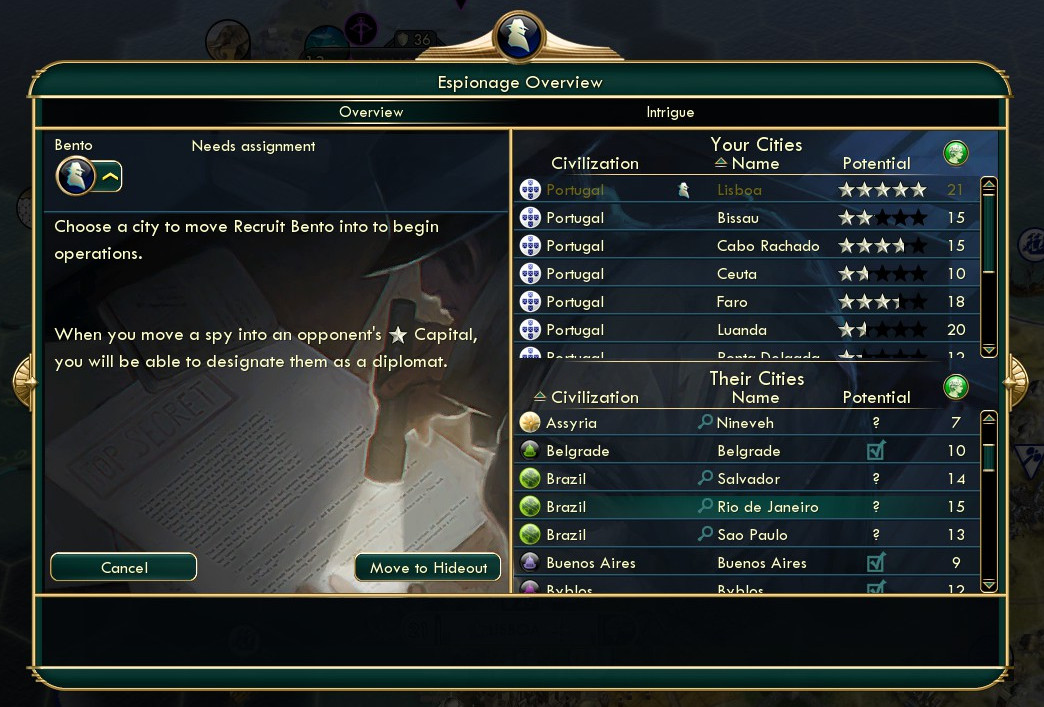 "I hope that as the world becomes smaller, that we learn to coexist upon it, and come together in the hopes of discovering more."  "Though we may argue and find reasons to divide ourselves, we can become greater through unity and a desire to reconcile our differences." 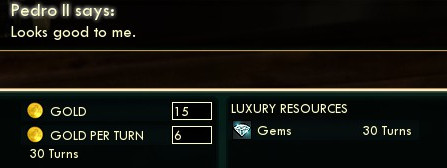 "None of us are truly fools, if we are willing to learn." 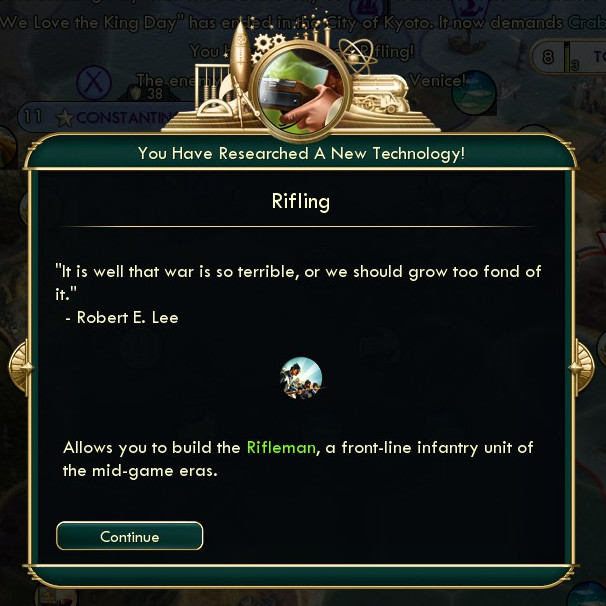 "We grow stronger through our learning, not only as a government, but as individuals." 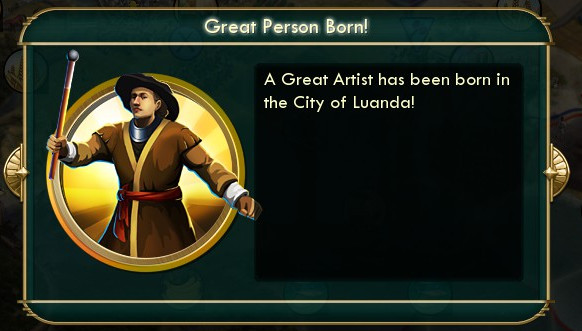 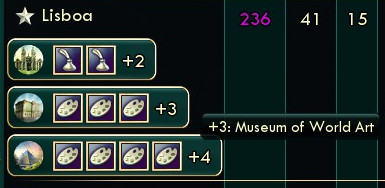 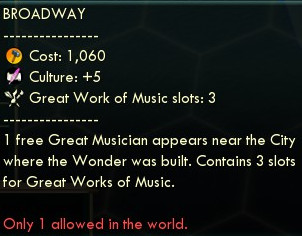  "Our learning also brings with it the unique joy of our shared experiences." 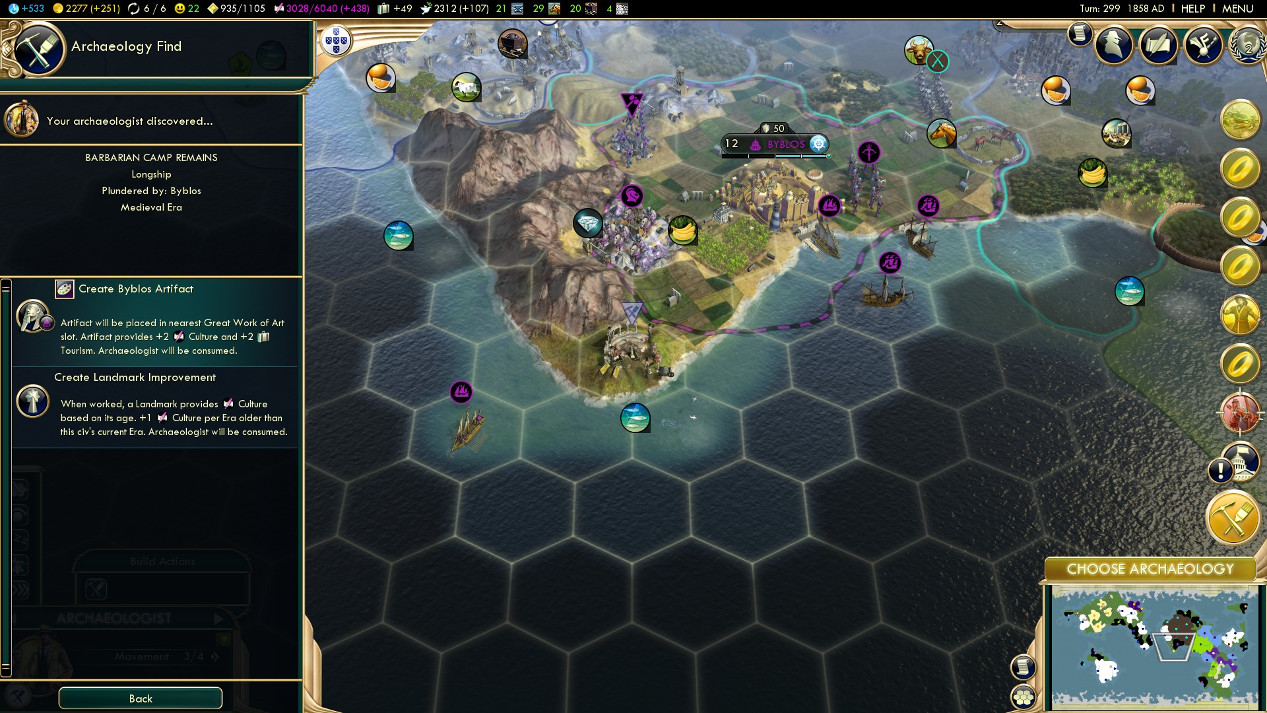 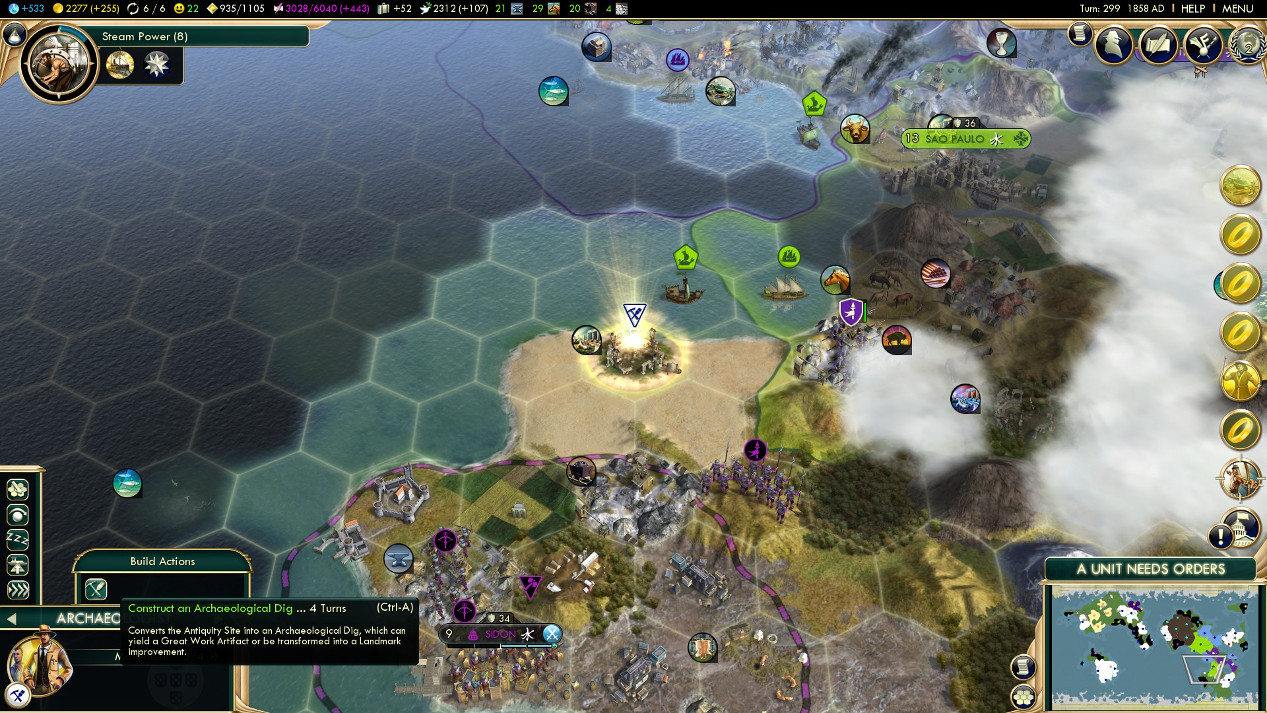 "We have learned to look at the past with new love and admiration, so too must we look forward with the same joy." 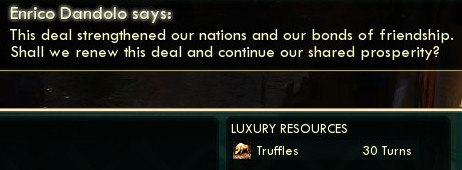  "It will require a generous spirit, and one that is quick to forgive and mend boundaries between enemies." 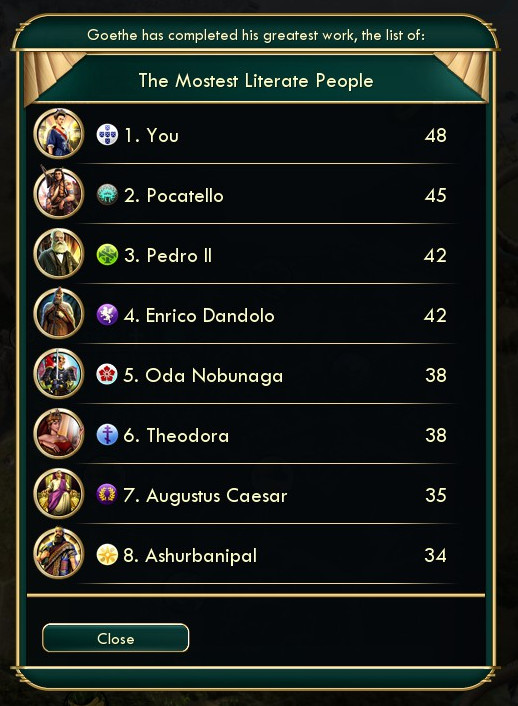 "However, as we grow wiser, more powerful, more joyful, I know that it is possible. Thank you all for listening, from the bottom of my--"   With a burst of static, the broadcast changed. "This is an emergency bulletin..." 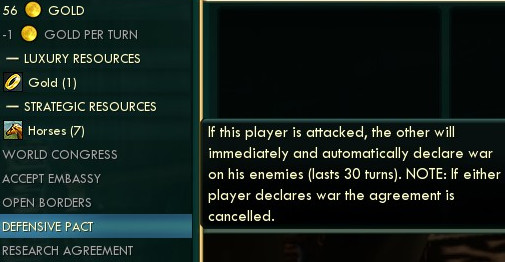 With mounting frustration, the President threw the copy of the original treaty of Rio de Janeiro across the hall. "What do you mean, 'we cannot act'? This is exactly what this treaty was meant to cover!" "A consequence of a more recent decision, senhora." Almeida explained with careful tact. "The terms of our prior treaty with Venice established that we were obligated to respect a cease-fire for the next several years, and now that Pocatello and Dandolo have announced their invasion as a joint effort, they are both protected by the terms of the Venetian treaty, notwithstanding the fact that we have announced a formal friendship with Pocatello, who now hosts a number of Lisboan exchange students while we host his." "I am not going to let a...technicality cost Pedro and his people their lives!" 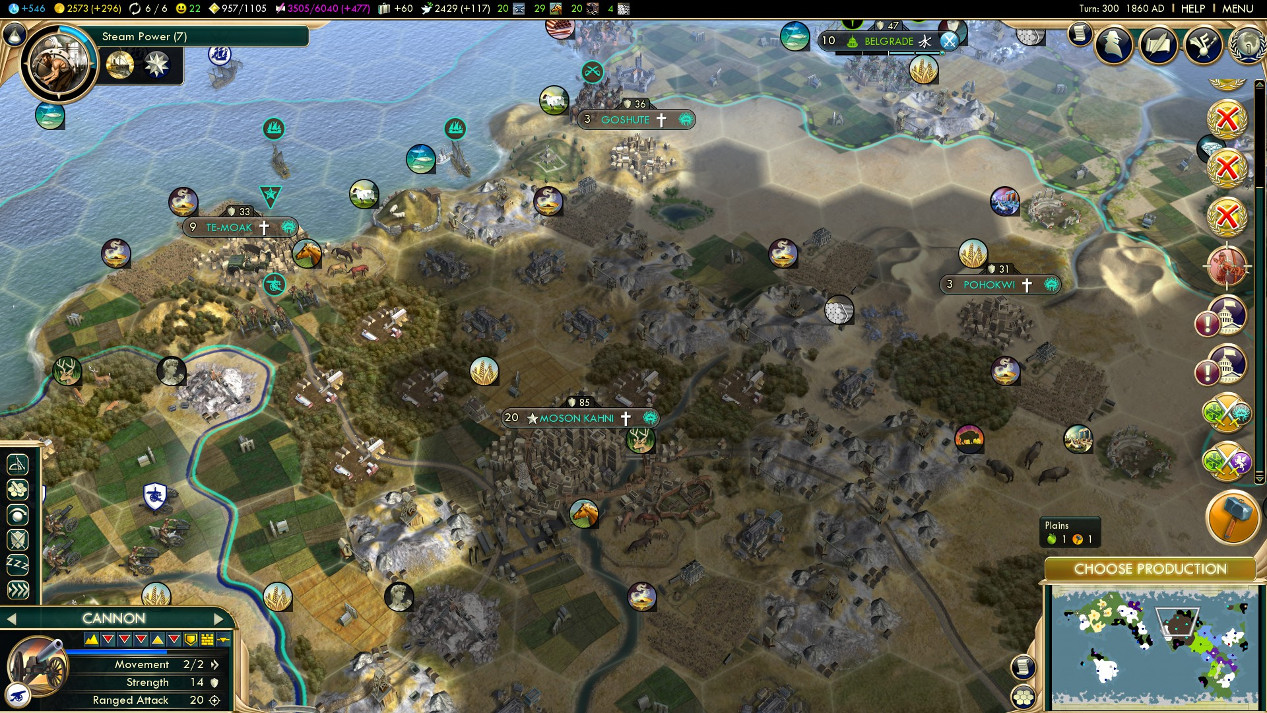 "I do not like it any more than you, senhora, I assure you. Even I must admit fault in knowing that my suggestion of passive aggression has only briefly stymied this bloodshed rather than stopped it. However, I believe that if we do wish to achieve this reconciliation you hope for, we may have to respect the fact that we cannot intervene this time, and perhaps await an opportunity to rescue the people of Brazil at least until after the terms of our current exchanges with the Shoshone and Venice end. Alternatively, if you wish to strike now, or perhaps not strike at all, that decision is yours." "The decision is never mine alone, Almeida." the President's voice low and tense. "We must know what the people desire, and offer it to them." Vote on what course of action we should take in this latest conflict. Voting will close on Tuesday evening. Boa sorte...
|
|
|
|
Try to negotiate with the Shoshone for peace as well as with Venice, and/or negotiate Japan to attack either of them.
|
|
|
|
We could donate units to Pedro as part of a lend-lease program. That's technically not being at war with anyone!
Pvt.Scott fucked around with this message at 04:55 on Jul 4, 2016 |
|
|
|
Secure open borders and then surround each of Pedro's cities with a picket of Portuguese forces. That'll learn those wily bastards. A wall of ostensibly neutral troops, protecting squishy, squishy cities.
|
|
|
|
Wipe the treacherous bastards out. Liberate every Venetian city state. Make Pocatello regret his perfidy.
|
|
|
|
Pvt.Scott posted:We could donate units to Pedro as part of a lend-lease program. That's technically not being at war with anyone! Stormgear posted:Secure open borders and then surround each of Pedro's cities with a picket of Portuguese forces. Something like one of these. Fight technicality with technicality.
|
|
|
|
Stormgear posted:Secure open borders and then surround each of Pedro's cities with a picket of Portuguese forces. Do this. Also don't give Venice anything anymore unless they're willing to pay substantially for it.
|
|
|
|
Pvt.Scott posted:We could donate units to Pedro as part of a lend-lease program. That's technically not being at war with anyone! and then AJ_Impy posted:Wipe the treacherous bastards out. Liberate every Venetian city state. Make Pocatello regret his perfidy. Let's Lend-Lease this poo poo and save the world... again 
|
|
|
|
Get the troops in striking position. Once the treaty expires, burn it all down.
|
|
|
|
You know what they say: "When life gives you lemons, squirt it into the eyes of your enemies!" By which I mean Troop Wall the Brazilian cities, negotiate a peace treaty with the Shoshone, and wipe Venice from the face of the earth! We're merciful until we stop being merciful. Not biting the hand that feed you and all that.
|
|
|
|
Pvt.Scott posted:We could donate units to Pedro as part of a lend-lease program. That's technically not being at war with anyone! If we wish to maintain a standing as the world's premier diplomats, this is the best option available to us. Gift Brazil an army with strength beyond their wildest dreams. (Also, I want to see a diplomatic victory play out, and if we defeat both the Shoshone and Venice securing victory would be a formality at best)
|
|
|
|
So, the majority so far seems to be something to the effect of "use our army to avoid direct engagement, but use a combination of gifted units to Brazil and military picket lines around cities to prevent any Shoshone-Venetian capture attempts." Sound about right? I have to admit, I am enjoying playing this way and engaging in all this interventionist nonsense I wouldn't get into in a regular game. I started this hoping to show someone unfamiliar with Civ V how it can be played, but in the end I'm having way more fun with this strange national identity we have found for this Portugal. Anyway, I was also hoping to resolve something regarding our upcoming World Congress. We seem to be at a crossroads concerning which diplomatic objective we should complete next: World Ideology: Freedom World Religion: Sebastianism Embargo: Venice Each of these has been indicated as a priority for the next Congress session, but we can only choose one. Take the opportunity to vote on this now as well, in the event that we have our next vote before I have a chance to provide another update.
|
|
|
|
World Religion first. I want Venice wiped off the map via liberations before Embargo arises.
|
|
|
|
Reminder: You cannot liberate cities bought by Venice.
|
|
|
|
Nay, let World Ideology: Freedom ring.
|
|
|
|
Stormgear posted:Secure open borders and then surround each of Pedro's cities with a picket of Portuguese forces. This is wisdom. AJ_Impy posted:Wipe the treacherous bastards out. Liberate every Venetian city state. Make Pocatello regret his perfidy. This is not.
|
|
|
|
Cathulhu posted:Reminder: You cannot liberate cities bought by Venice. That's true and should be kept in mind, what you can do though is to keep a city's health down until one of your friends takes it, which saves you the warmonger penalty. Also: world ideology: freedom should have priority.
|
|
|
|
With a minor change in wording for tonight, it's... FINAL VOTE SUMMARY Majority opinion is that we continue using indirect methods to support Brazil, and perhaps employ the Japanese proclivity for conflict against the remaining Venetian realms. Additionally, we will be letting Freedom ring around the world at the earliest possible opportunity, through our influence with the World Congress. Update to follow.
|
|
|
|
You should also propose International Games at the Congress, and win them. You know, because.
|
|
|
|
 "Give me some good news about the Shoshone, Almeida." 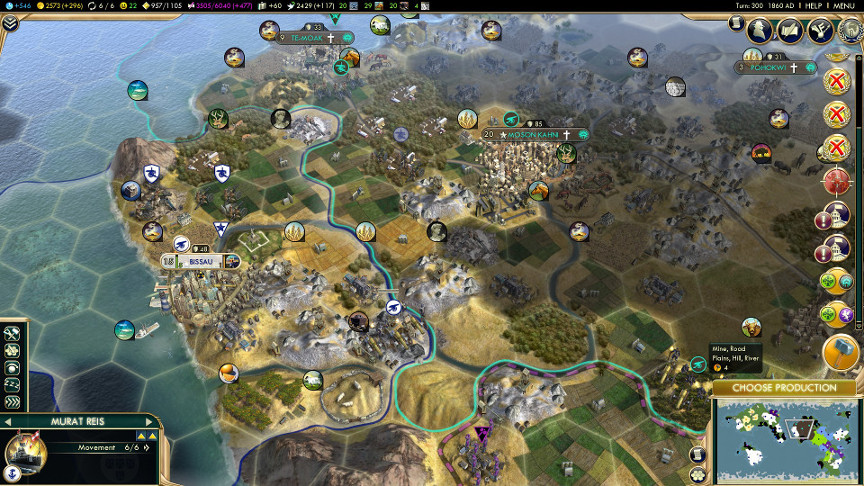 "Nothing from the Bissau coast, unfortunately, as Reis was unable to identify troops through the dense hills of the inner continent." 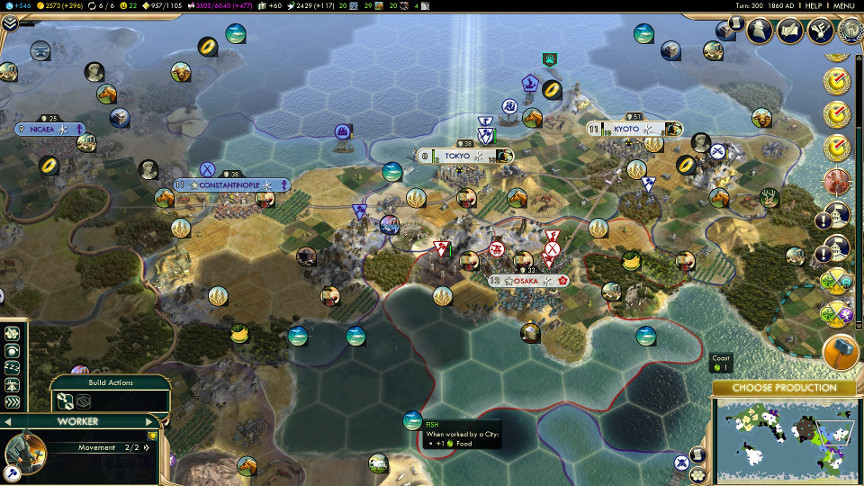 "The Japanese haven't reported any troop sightings, and for the most part the size of the combined Venetian-Shoshone army is at best theoretical for now." 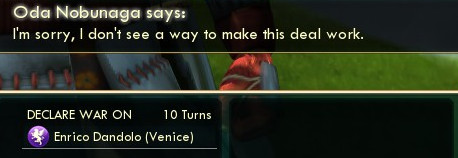 "Nobunaga is not willing to consider engaging the remaining Venetians at this time, perhaps because of his unwillingness to work with us, perhaps because of the size or relative capabilities of his army." 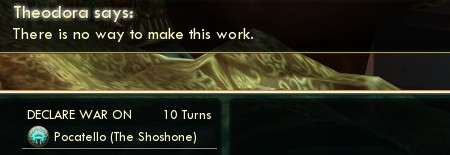 "Theodora fared little better, as despite her army recovering some significant strength she is not going to commit them against a technologically advanced force." 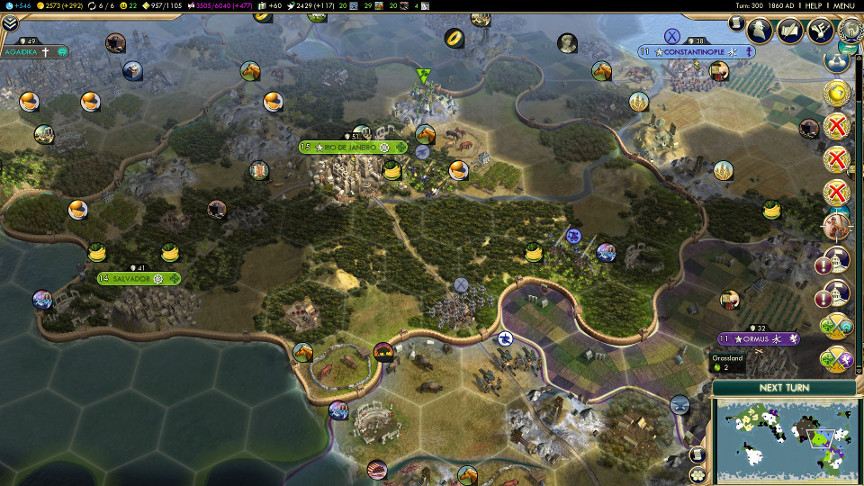 "The Sidon Volunteer Corps are returning from Adrianople in order to form a front, but there is no sign of Shoshone forces as of yet." 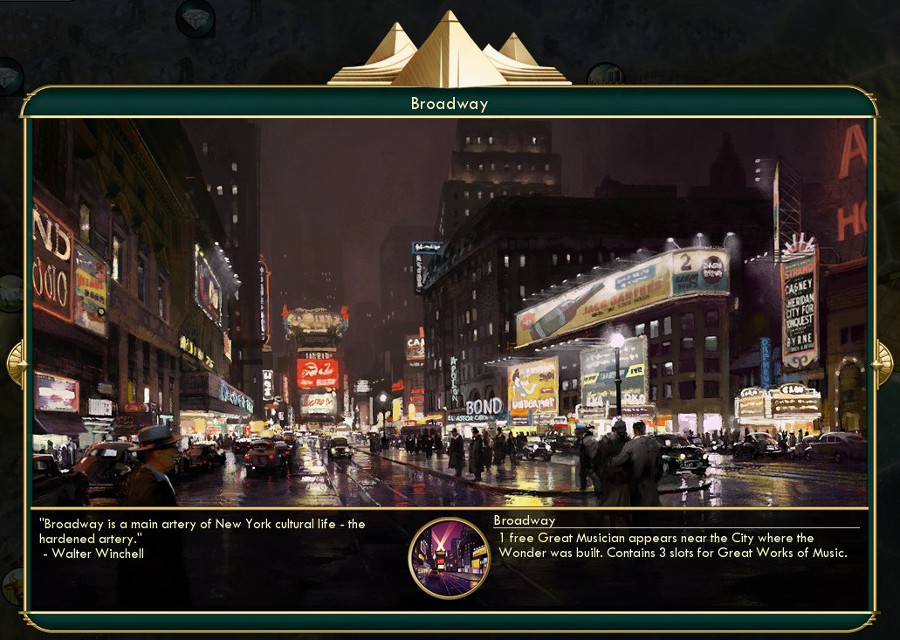 The President's next words were interrupted by the sound of music out the window, as she picked up on the familiar tones of Fado classics from outside the wall. "I'm honestly surprised that you authorized the construction of that new music hall so close to the office, Senhora Presidente." "It's of the utmost importance to balance our duties with leisure, Almeida." Though concerned as he was with operational security, Almeida said nothing. 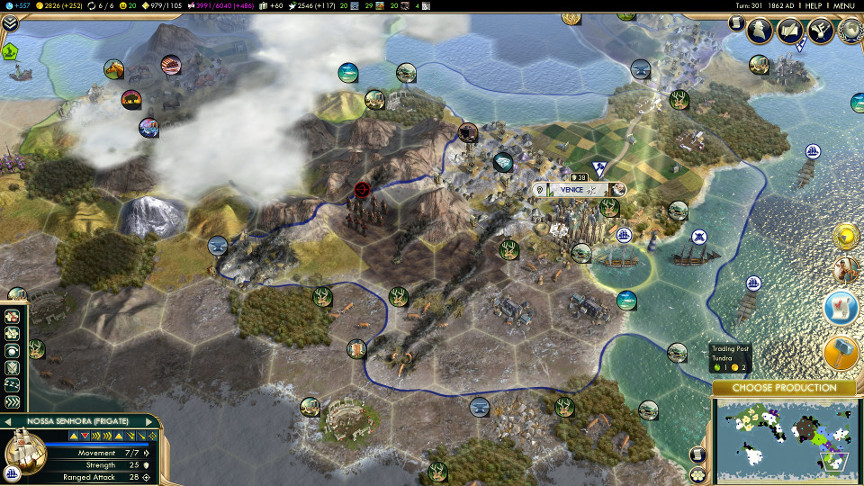 "On a different note, the dispatch from the Armada claims that there is an anarchist force armed with primitive weapons spreading terror in western Venice. We are moving one of the volunteer forces to neutralize them."  "The delegates from the myriad City States have voted in the Conference per Salazar's instructions, though we will not know the results for some time." 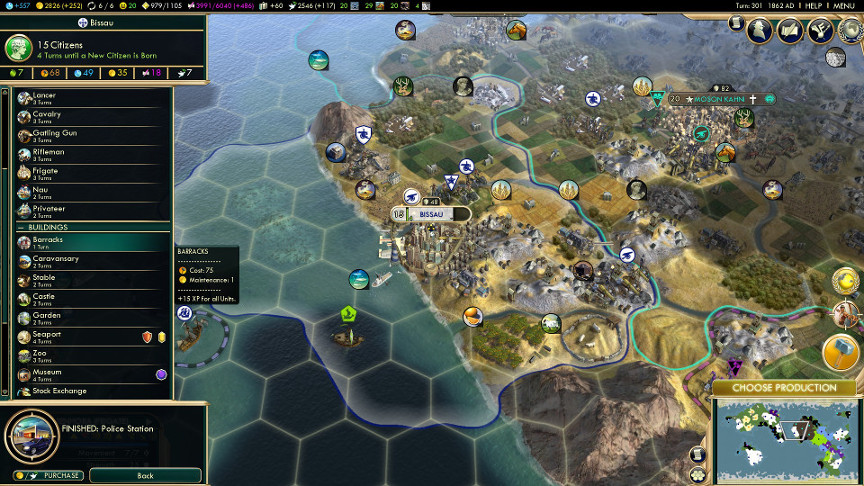 "Finally, Bissau is preparing to build up a military force to provide backup for the volunteer forces, if necessary." 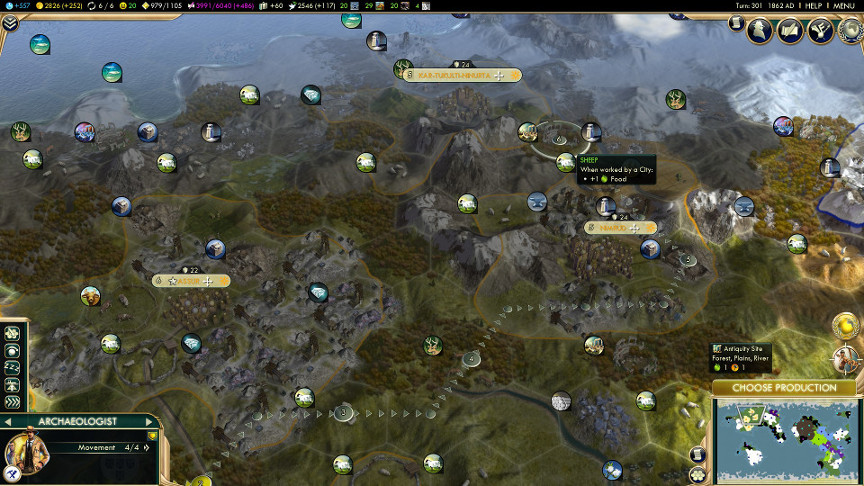 Thinking of her countrymen and fellow freedom fighters, traveling far from home in search of answers, the President waited before responding. 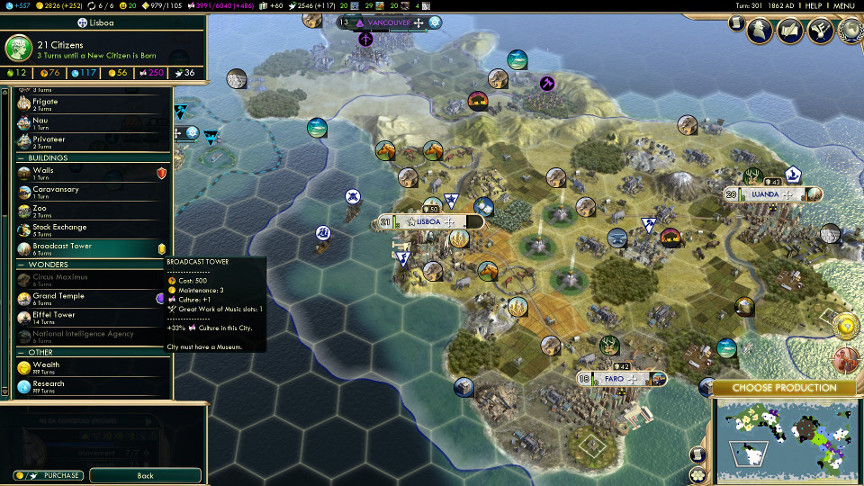 "Would that we could communicate our wishes to them faster, Almeida."  Meanwhile, in the city, Salazar was preparing to meet a theologian of some renown in one of the newly-constructed Fado bars in the Lisboan city centre.  Amalia Rodrigues - Gaivota 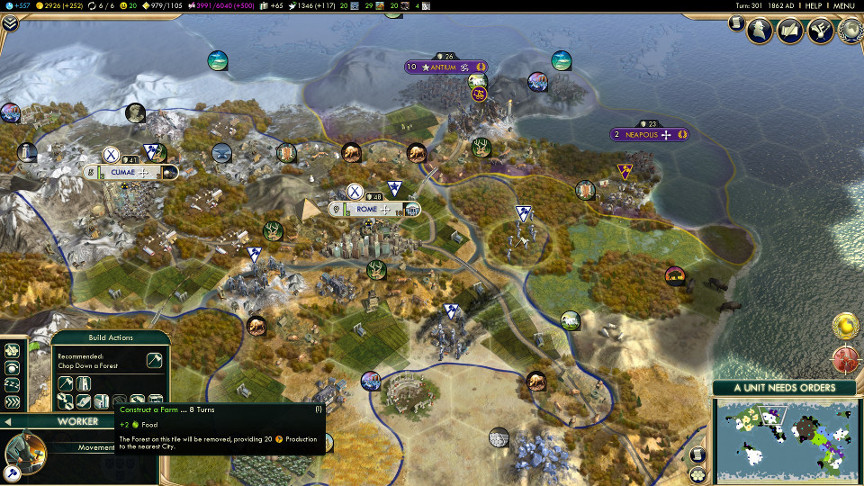 "What do you suppose our mission is in this world, Senhor?" Salazar asks the man he would call his mentor during an interlude. "I see it as presenting people with the opportunity to enrich their lives." 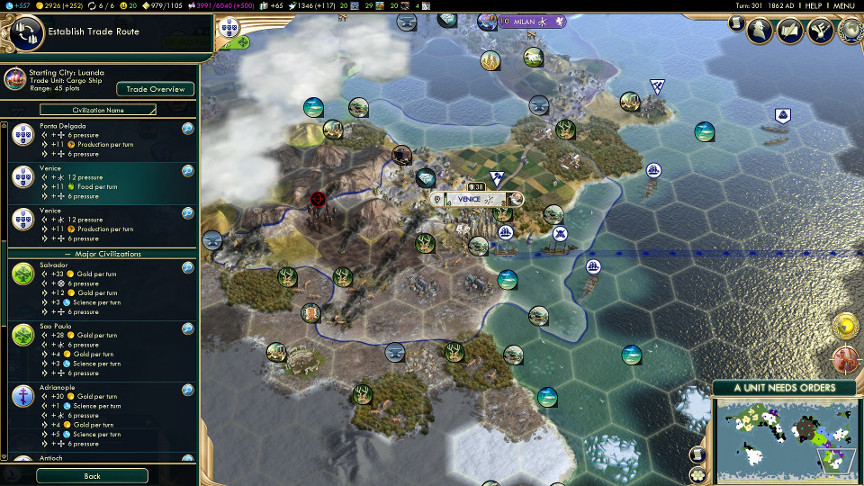 "What we do is in the best interest of all people, and we are generous of spirit to those who would accept our rule, but there are limits." 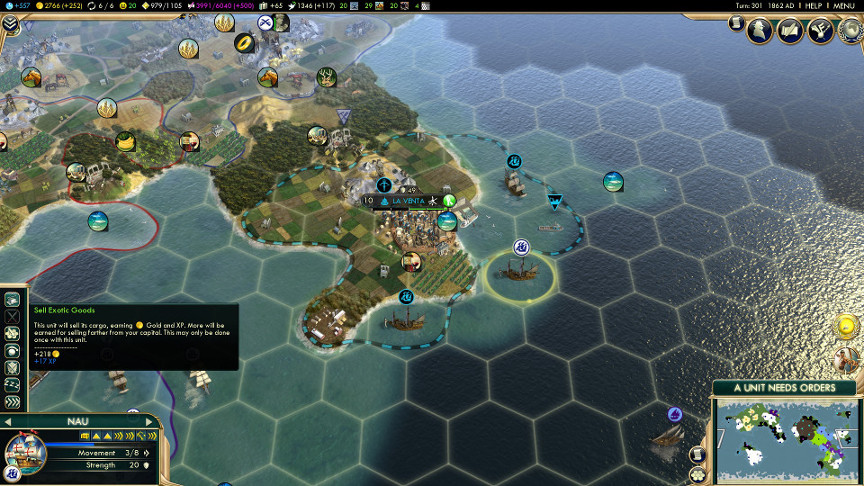 "I spoke to a Protestant in Bissau some time ago, and he told me that the fortune we promise to our people comes at the cost of their immortal souls." 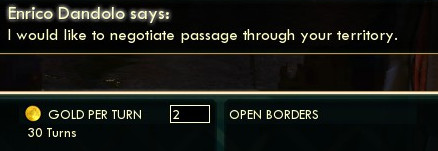 "I've since come to understand that the soul does indeed have a price, and that the exchange we Sebastianists offer is more than fair." 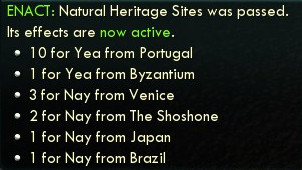 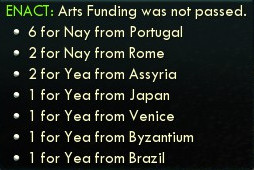  "What other nation can claim that its people are the ones in control of its governance? That decisions at the highest levels of power are only made following the will of those masses that offer their views?" 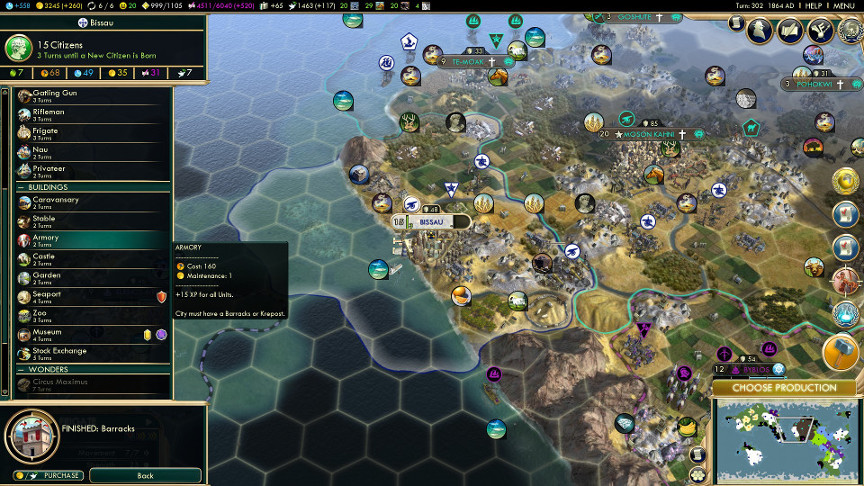 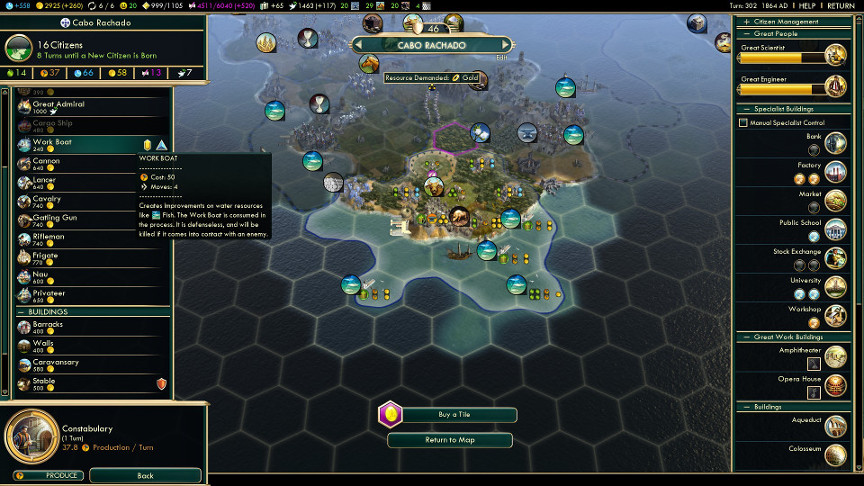 "To me, this is an absurdity, we offer the protections and the opportunities to thrive, but we are always at risk of allowing them to throw it all away if they make a mistake." 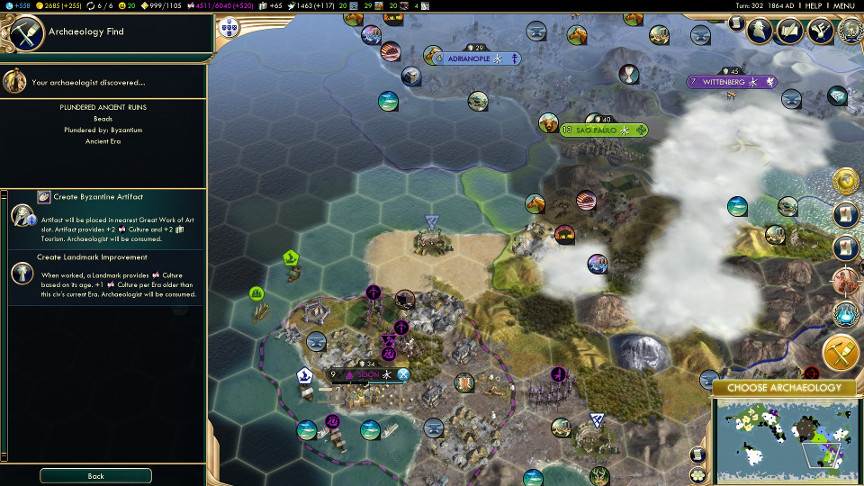 "Yet, I am proven wrong time and time again, these people and their freedoms serve us with faith despite being given every opportunity to betray it for their own gain."  "I cannot say that I would do the save if given the opportunity, but in the end I must accept this as one of the providences of the world the Huntress has given us." 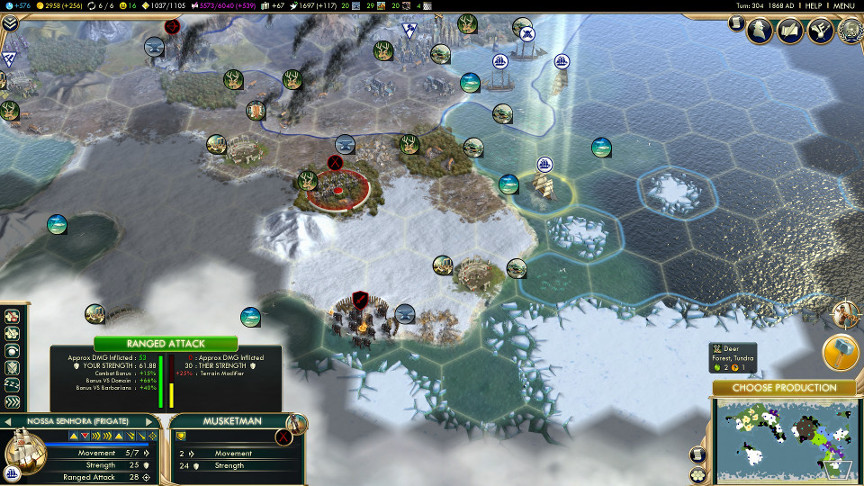 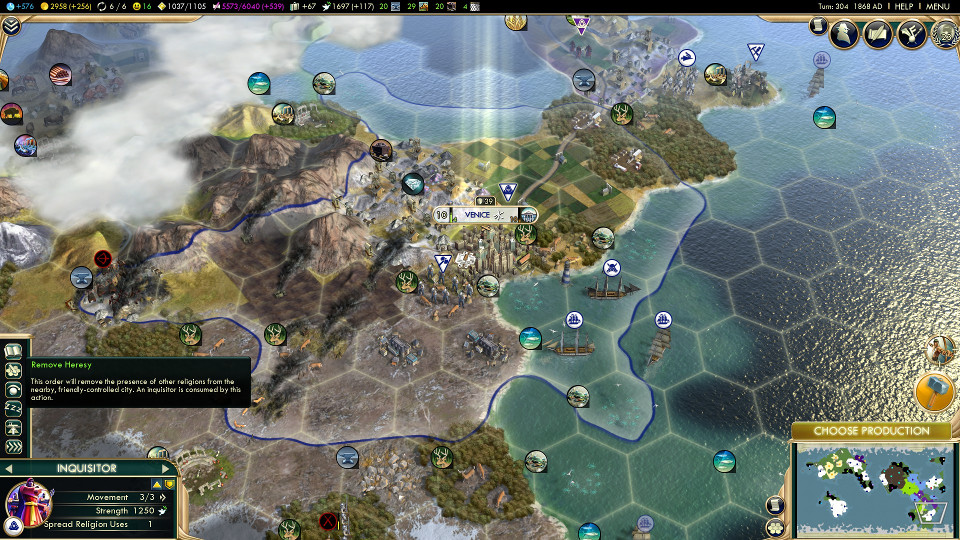 "The people of Venice will need your help to see the light, Senhor. I have done everything I can to prepare them for your arrival, but in the end you will be needed to guide their souls forward." 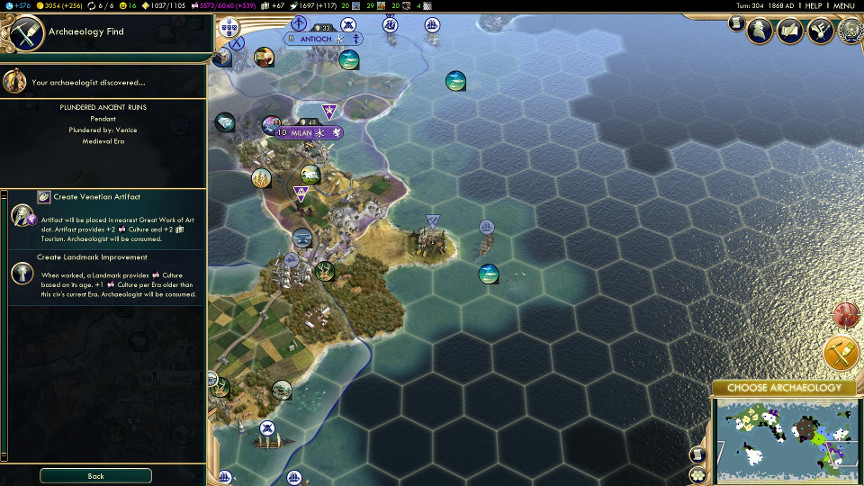 "The only guarantee that I have that you will do so...is that you act according to your own will." 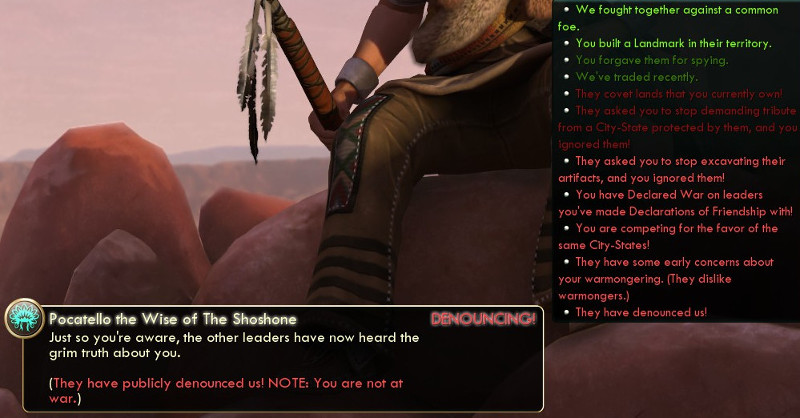 The announcement that the Shoshone had expelled the Portuguese ambassadors from their borders was met with shock and dismay from the general public, but at the halls of the President's office, the embassy staff were being received one by one for interviews with Almeida.  "I had heard from a Brazilian rebel in one of the Moson Kahni favela that Pedro is becoming wary of the President." The first man explained hurriedly. "They are Buddhist, you see, and apparently quite concerned that the volunteer corps will begin some sort of violence in their realm."  "I was hiding with a Byzantine family." Another teary-eyed diplomat followed. "They told me they were sympathizers to the cause of freedom, and that Eliana had told them of a plot the Byzantines were undertaking against Brazil." 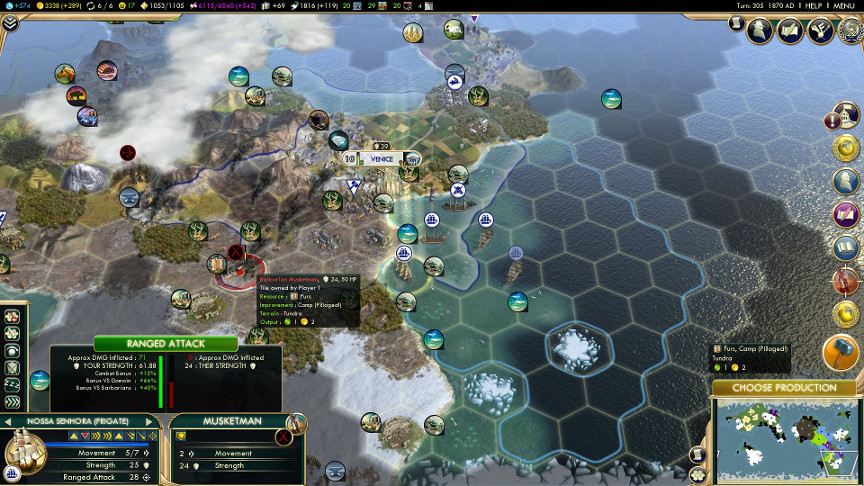 "Is it true that Venice still has anarchists? Tyranny of the Majority types?" A rather headstrong diplomat inquired. "I thought those had died along with the Latin language. What a world we live in." 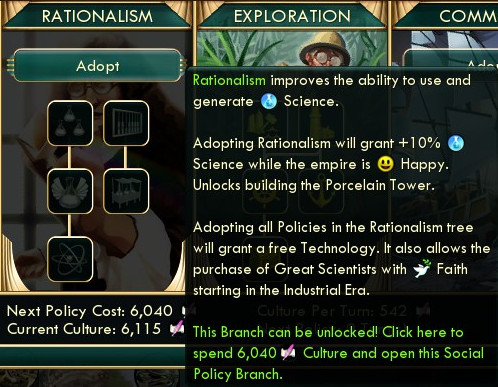 With these accounts flooding in, the President began to give more and more credence to the ideas myriad sources had for improving what was now being termed a "global border crisis." 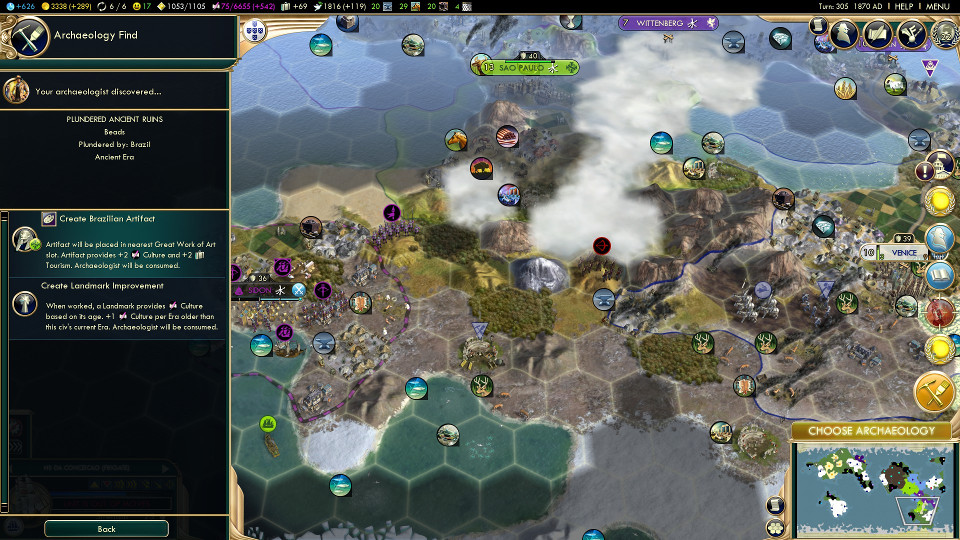 Though the Portuguese often had issues respecting sovereignty under all circumstances, there has been a marked improvement in recent history to acknowledge that some pieces of human history need to be considered by other humans. 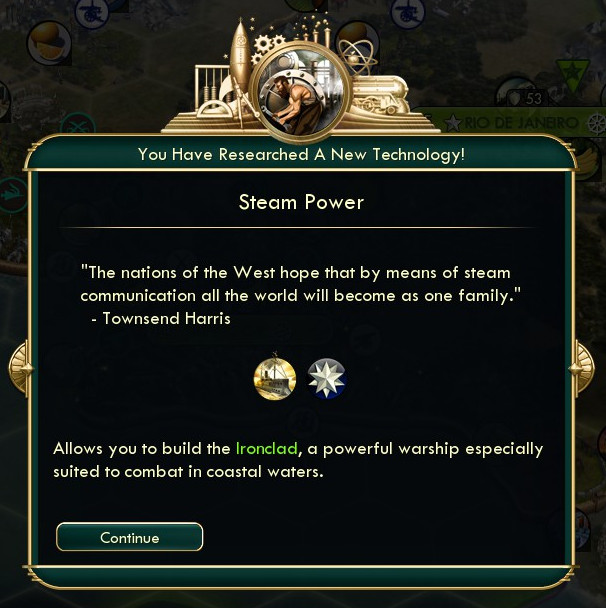 After all, these shared ideas and experiences are a contributing factor in just about every significant scientific advancement in history. 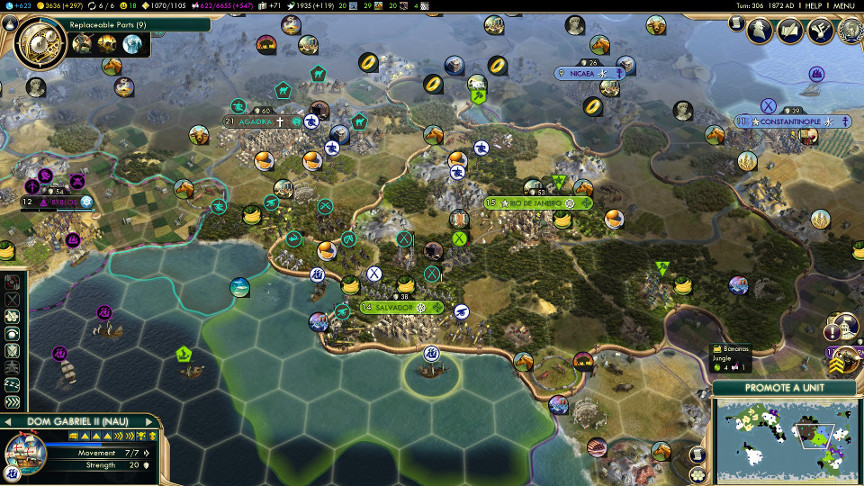 Yet, there is little time for sentimentality, as the Shoshone wolves are at the door. 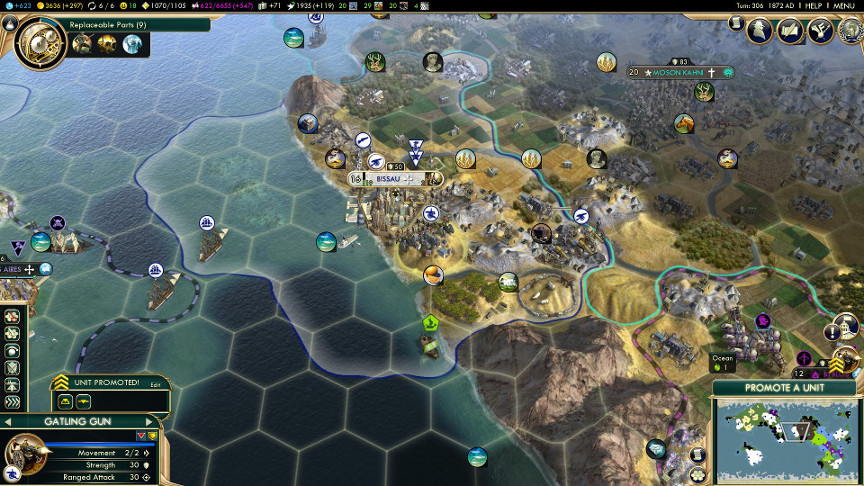 Though volunteer forces continue to make themselves known in Bissau, there is a concern that they will be ill-prepared for their upcoming mission.  Also, the less there is to be said about Venetian diplomatic legerdemain, the better.  Pedro's latest missive showed some bemusement at the continued comings and goings of Portuguese diplomats from his imperial palace at all hours of the day, but he seemed willing to continue collaborating all the same. 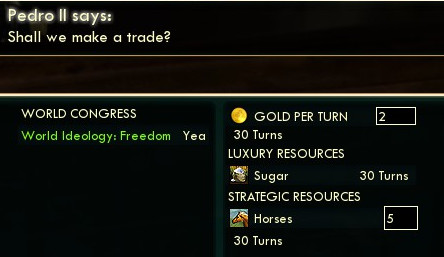 Comfortable that the devout Buddhist would reject Dandolo's calls for acknowledgement of a dying faith as universal to all people, the President instead concerned herself with securing some of his other votes. 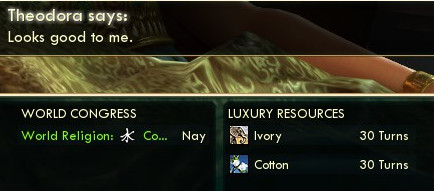 It was a bit more expensive to get Theodora to agree to vote against Dandolo, but she understood the value of such a deal to the Portuguese, and the trade was indeed fair to both parties given their relative standings. 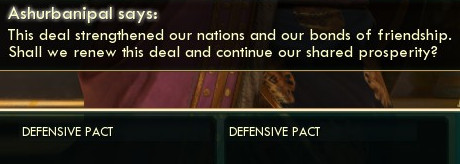 Ashurbanipal's security was really not in doubt, but the gesture of maintaining a treaty of mutual defence was important to the cause of freedom fighters. 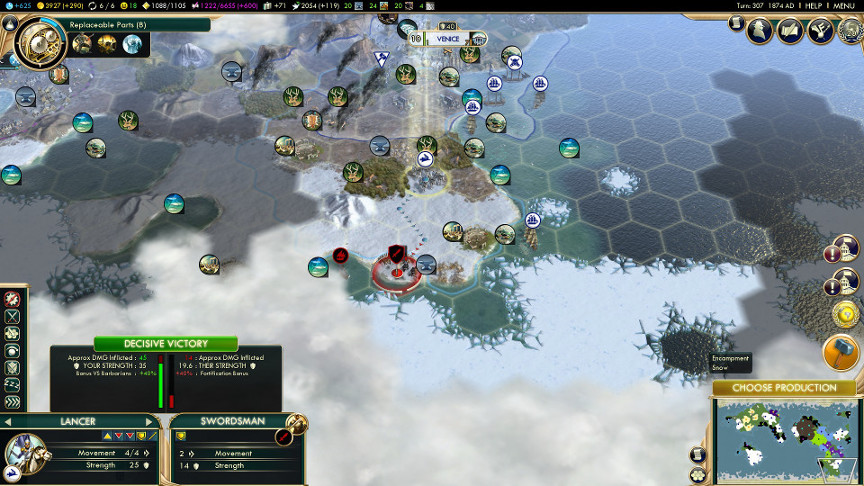 A rather antiquated volunteer force, secured as they were with the cannons from the navy on the coast, made short work of the Venetian anarchists' arctic home base. 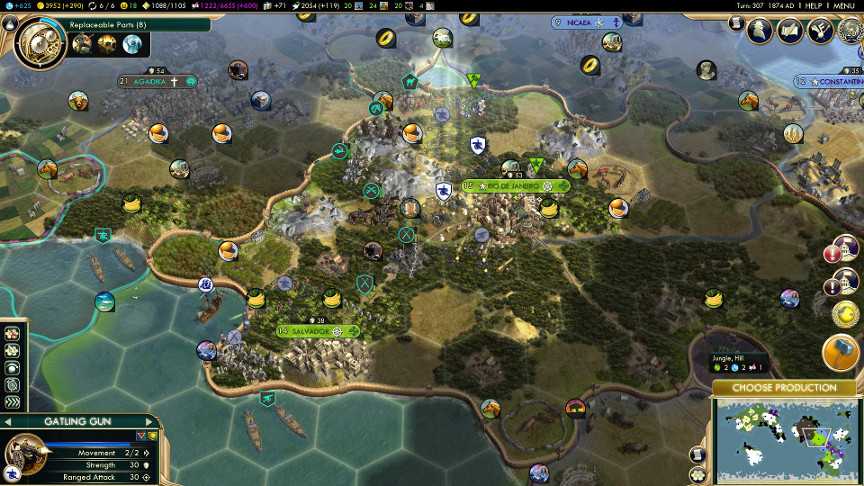 The Portuguese picket, meanwhile, began to set up boundaries around the Brazilian capital. Shoshone forces, upon seeing their approach, hastily dispatched runners back to Moson Kahni to report on history repeating itself. 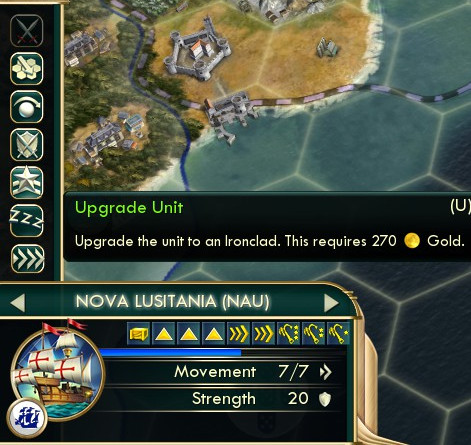 The shipyards are beginning the long-awaited process of modifying the old Nau fleets into something a little more suitable for the present day. 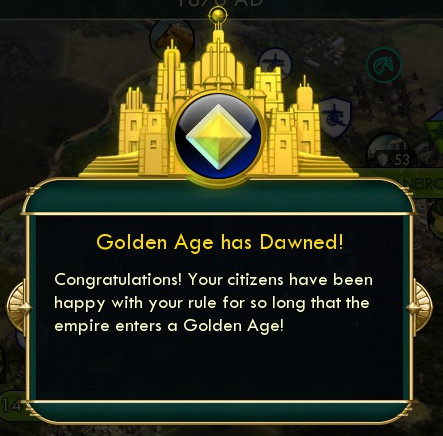 This seems as good a cause for celebration as any. 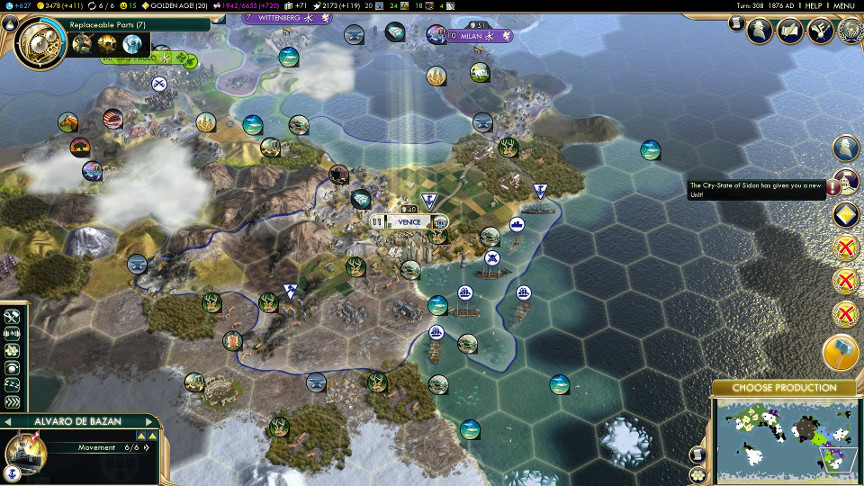 What is more surprising is the Sidon Volunteer force offering to transfer an Admiral to Portuguese command. There is concern that the Armada is beginning to bloat with the number of talented officers under its employ.  Diplomacy must stay the course, though not without one major storm to contend with. 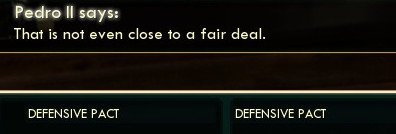 "You cannot be serious." The President told Almeida upon reading the printed response. "How can he say this when the Shoshone are actively trying to conquer his cities, and he does not even have a standing army to defend them?!" 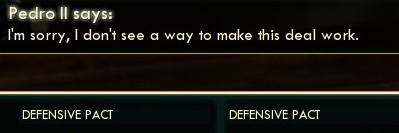 "I have thought about this for a long time, Senhora Presidente." The Brazilian Emperor dictated to the typist at the Portuguese embassy, who guaranteed him that the strange machine she used would transmit the response to Lisboa by day's end. "The world we live in is increasingly guided by the hand of the Portuguese empire, and that your influence, while generously-minded and well-intentioned, contradicts your own notion that people have the right to determine their own fates. If we are to prove your ideas correct, we must put them into practice and show the world that we too are capable of independence. Your troops may still move within our borders, and I will not stymie your efforts to undermine the Shoshone, but we will not be cooperating on matters of mutual defence for the time being, at least not officially. For now, I must take this time to decide how this empire will move forward, with or without the intervention of Portugal." 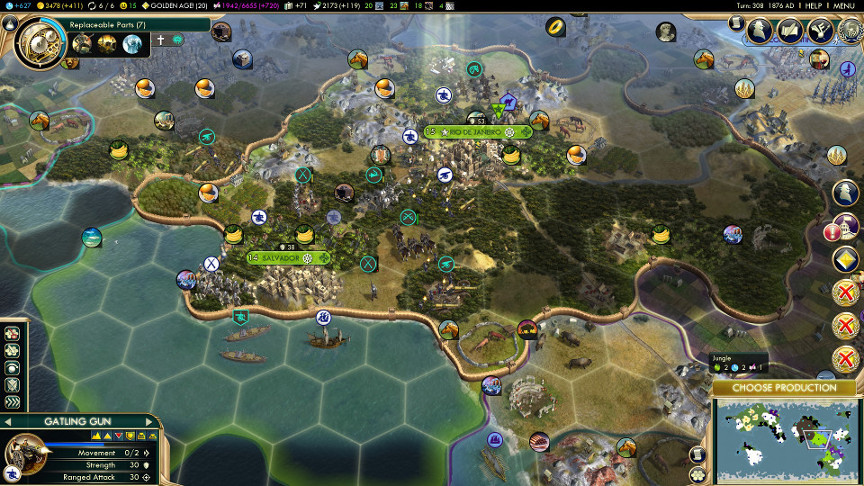 As Shoshone forces swarmed the interior of Brazilian territories, their jeers and invective were heard across battle lines. Fortunately that was the best they could offer, as cries of "Go home, Portuguese" and "Out of our way, tyrants!" were meaningless, but they dared not open fire. 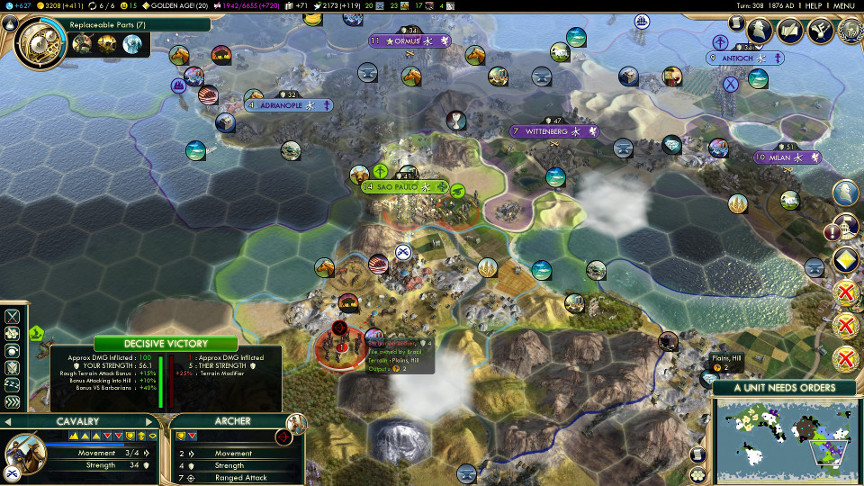 Though there were concerns that Sao Paulo defenders would be overwhelmed by the remaining Venetian condottieri, they had done an admirable job of protecting their borders, and instead the Cavalry force contented itself with hunting down anarchists. 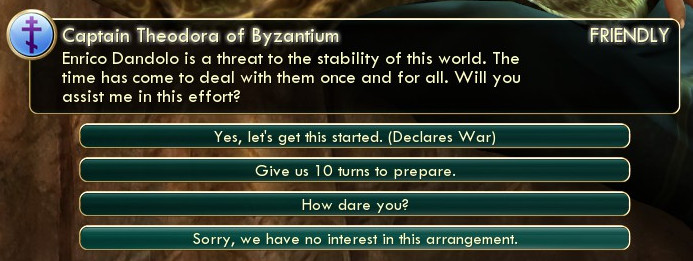 Knowing that there was still a peace treaty to be respected and an image to maintain, The President decided to decline this request.  Pedro, however, seemed content to forgive Byzantine plots hatched in dark corners of Constantinople. 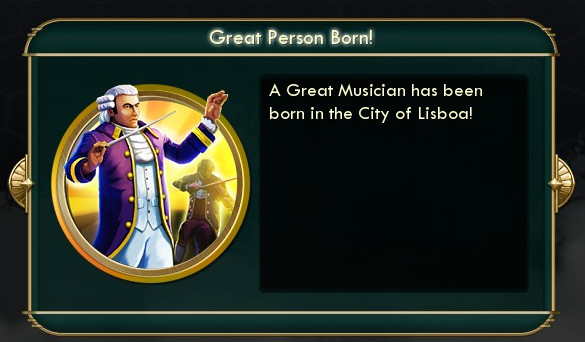 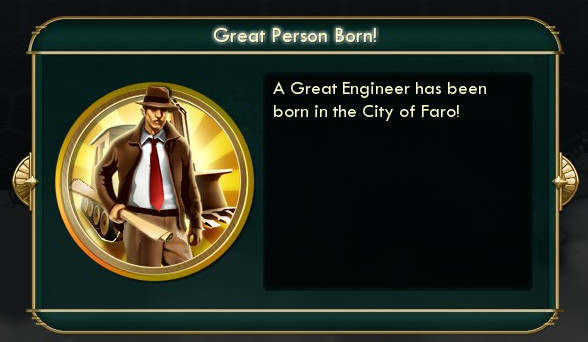 The freedom of thought cultivates the brightest minds the world has known. 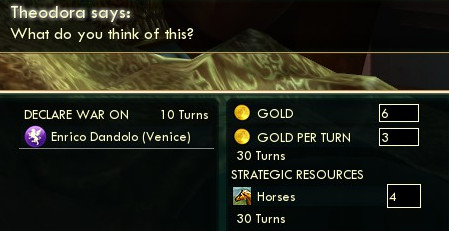 Noting Theodora's desire to make war on Venice, the President determines that the best show of support she can provide is, once more, through the nation's wealth. 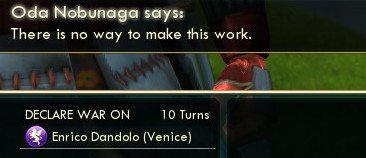 Oda, however, remains strangely committed to avoidance of conflict, though perhaps he abhors the thought of fighting alongside his former conquest.  On hearing what the Shoshone invaders had to say to the Volunteer forces stationed in Brazil, the President thought it best to share some of them with Pocatello. 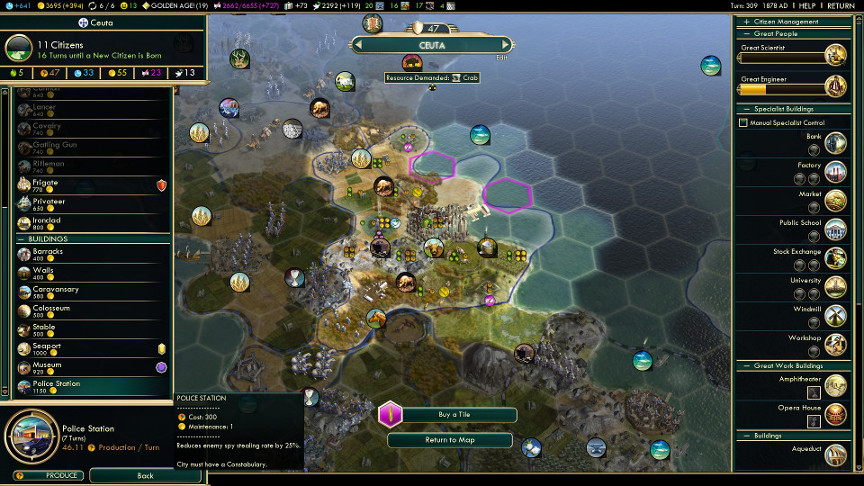 The home defence network, now linked through the power of electricity-aided communications, was now even more effective in blunting other nations' clandestine aims. 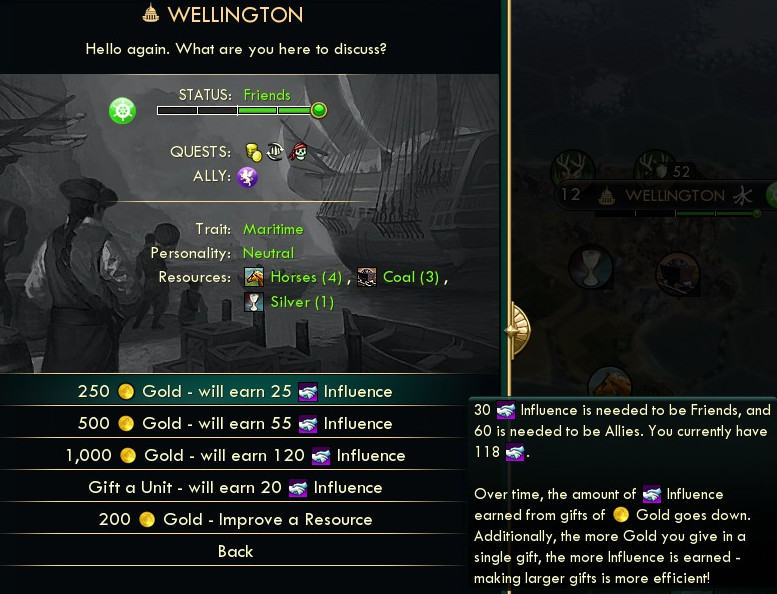 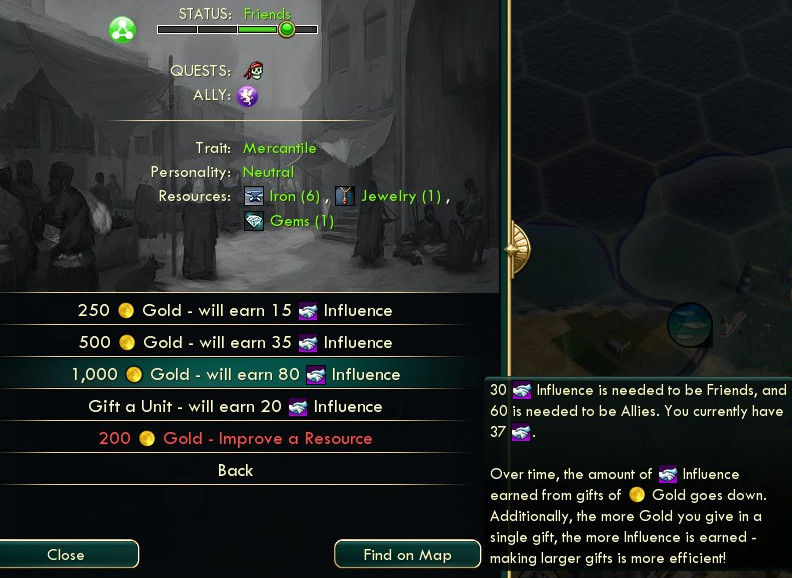 Thereafter, a significant portion of the Treasury was distributed to City-States, in order to secure their allegiances and, more saliently, reduce the number of enemies that Pedro would have to contend with. 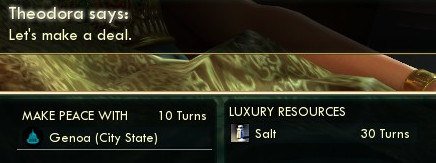 Securing that same peace with Byzantium, however, would cost more in terms of Portuguese goods. 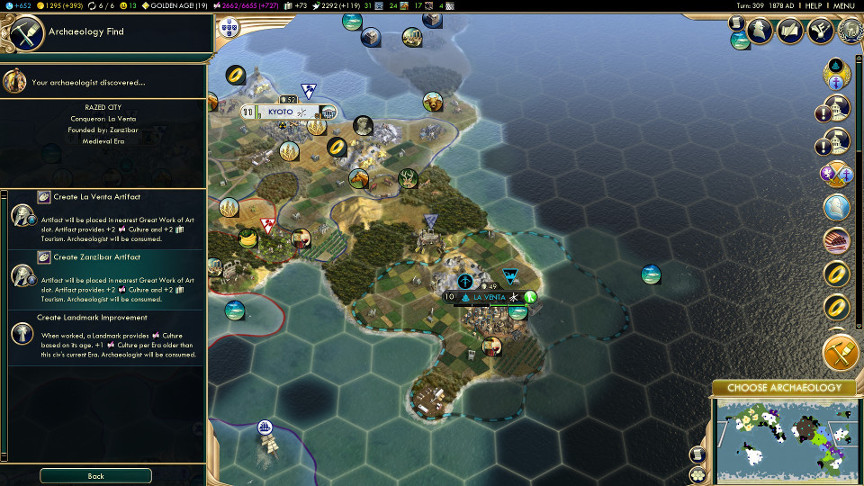 As explorations continued around the world, Portuguese scholars began to wonder about the lines that separated them from their fellow man.  Barriers of language and race can be overcome, and differences in culture are ultimately what their own ilk are seeking to better understand. 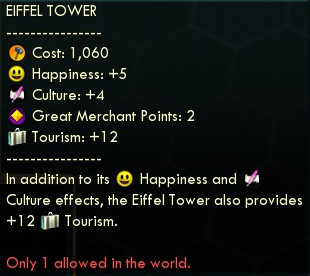  People seem universally drawn to ideas of beauty and grandeur, and the desire to be admired, as well as to admire. 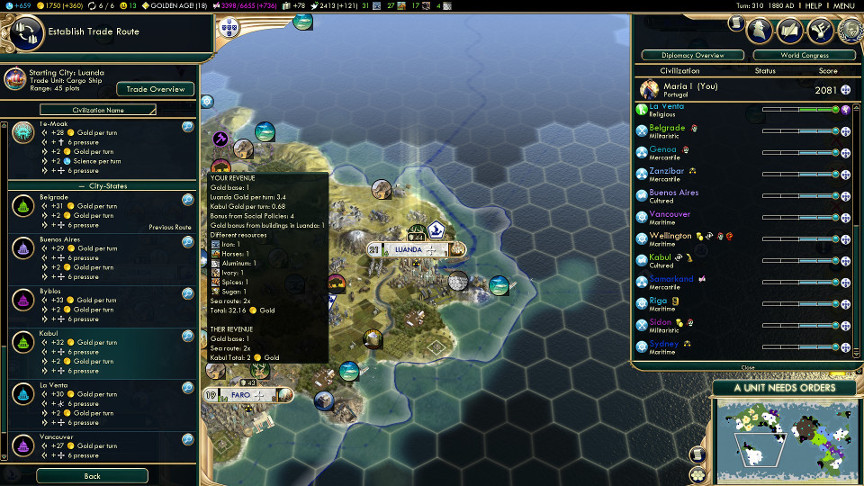 Rules governing the exchange of goods are among the oldest tenets of Sebastianists, and this exchange is what has blessed the Portuguese with the wealth that has since predicated their rise to the foremost of global empires. 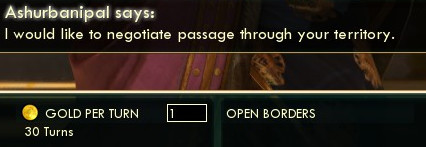 Even borders have been fluid from time to time.  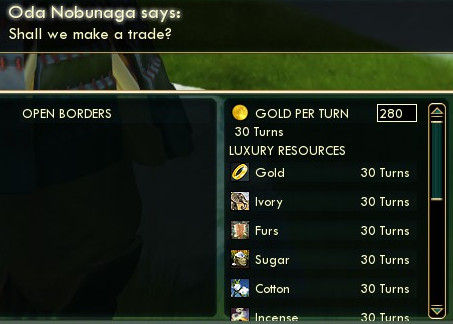 The ideology of rulers is the largest contributing factor to this, however. 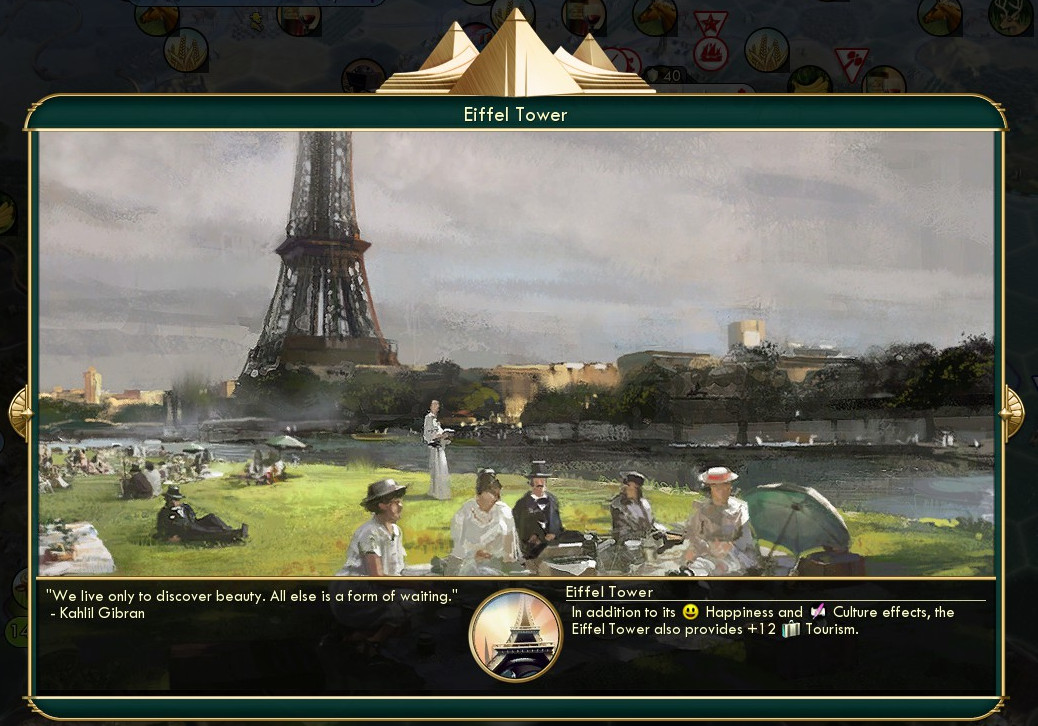 What remains, then, is the shared and disparate human experience that we call "culture" that separates people. 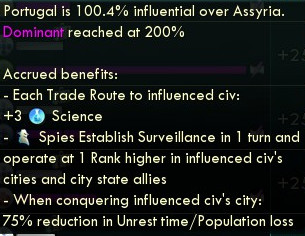 This is most apparent in the case of Assyria, once a society crushed under the heel of Roman oppression, have now flourished thanks to the actions of the Portuguese, and the differences between us disappear by the day. 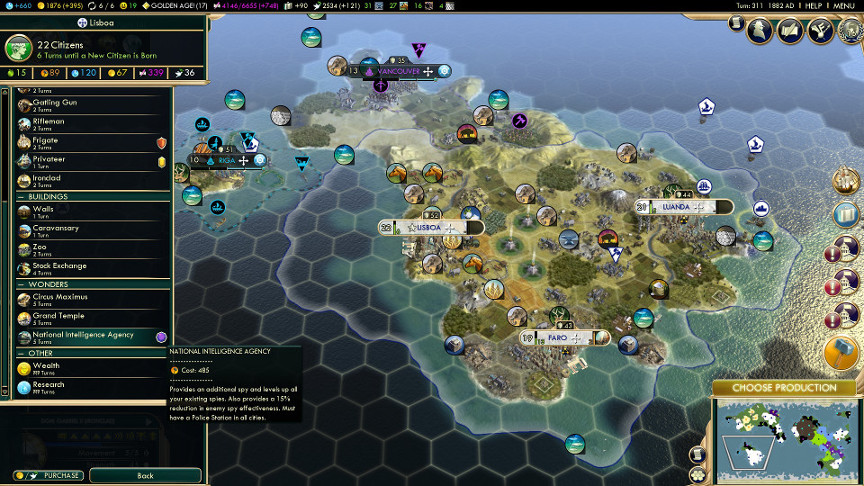 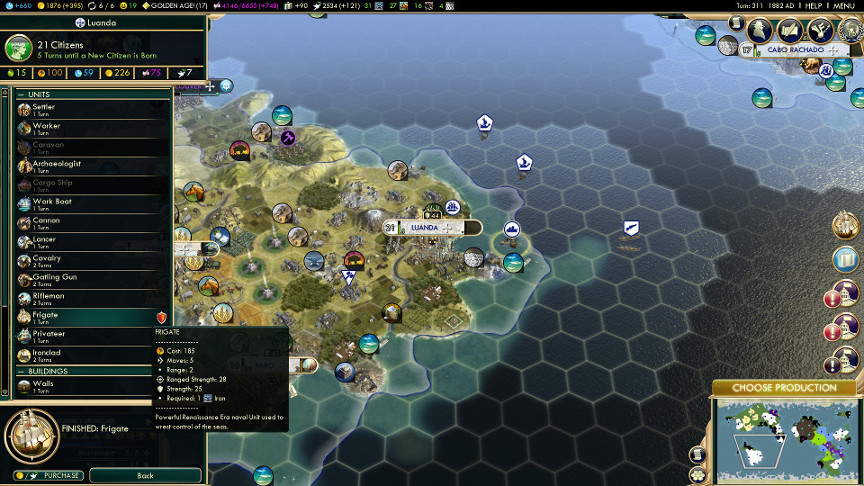 Though we still find cause to develop weapons and defences against other humans, culture is something that may be able to promote peace between people. 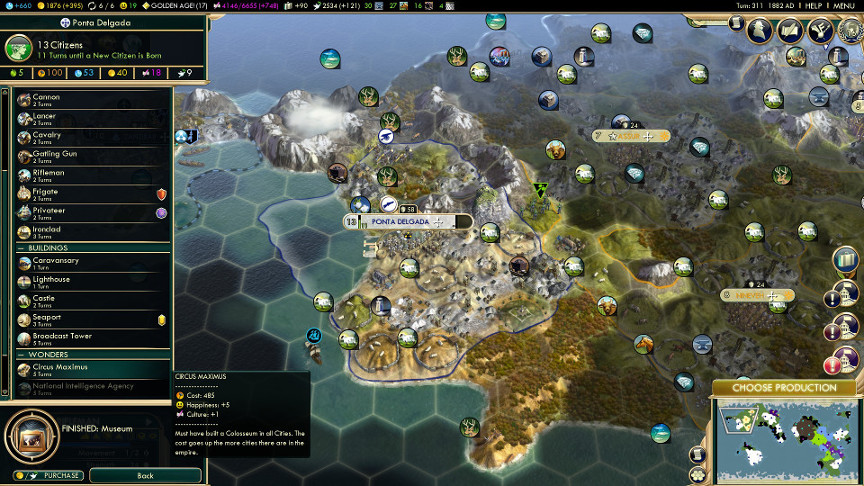 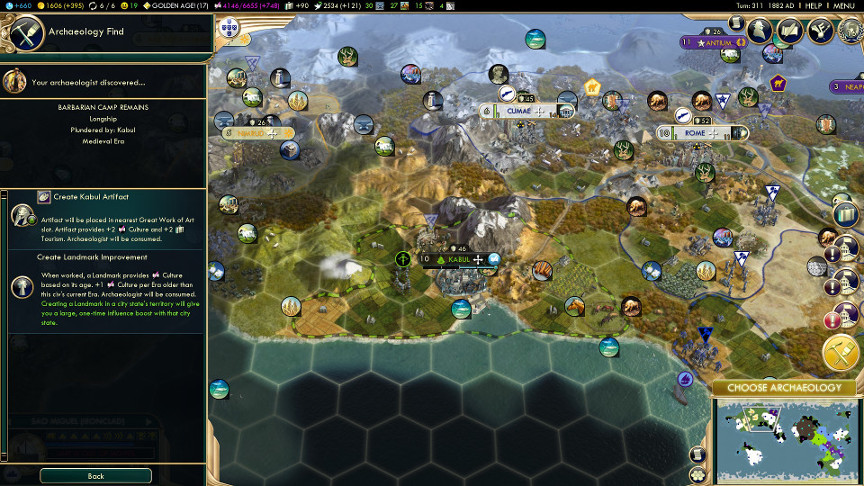 The Portuguese, in pursuing joy and learning, are ever in the process of discovering one of the greatest truths of humanity. There is less that separates us than there are things that make us alike. 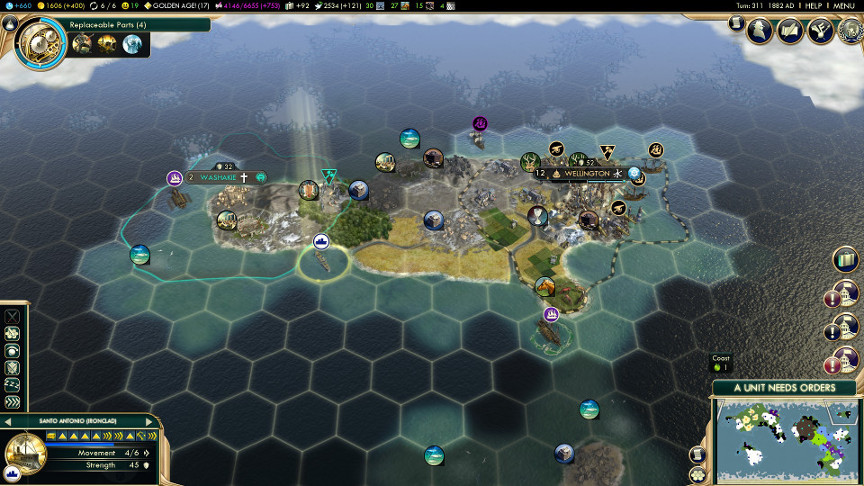 A new Protestant stronghold has been located in Wellington hinterlands. 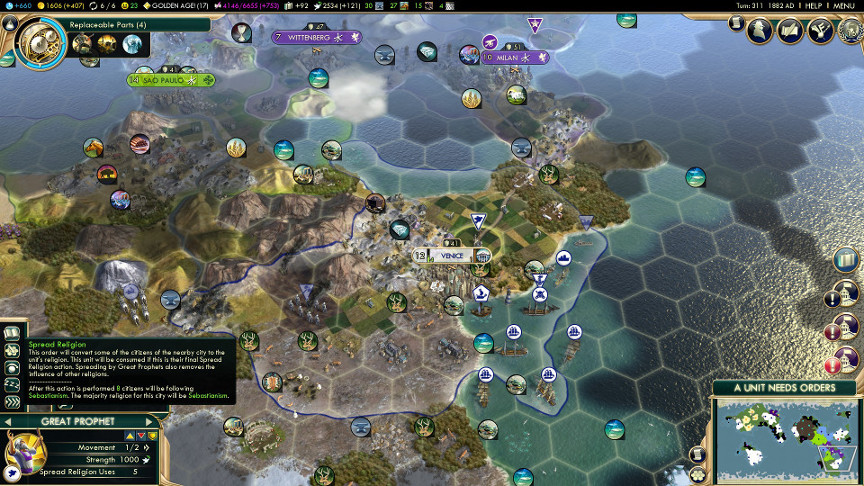 Salazar's colleague spreads the word of Sebastião in Venice.    Even more than money, Diplomacy is what makes the world go round. 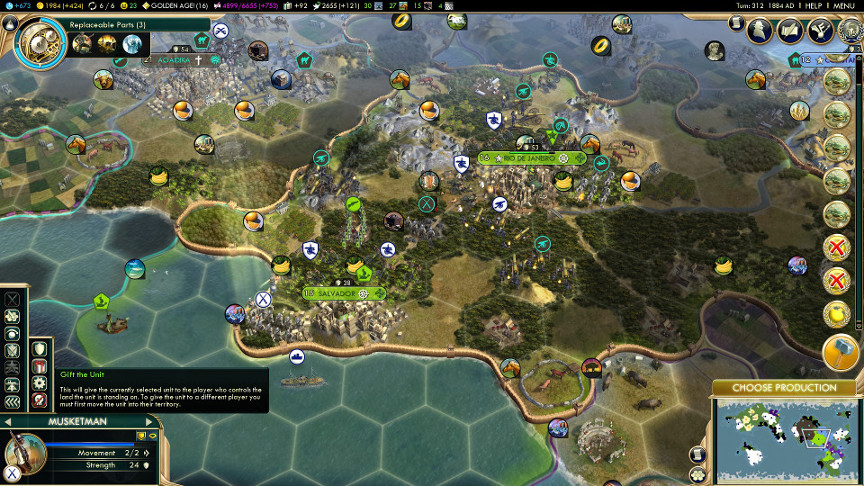 Finally, as the jeers of the Assyrians are drowned out by Brazilian cannon fire, the word races through the streets that several companies of the Sidon-Belgrade volunteer force are no longer under the employ of the Portuguese. Effective immediately, they report to Brazil for further orders. 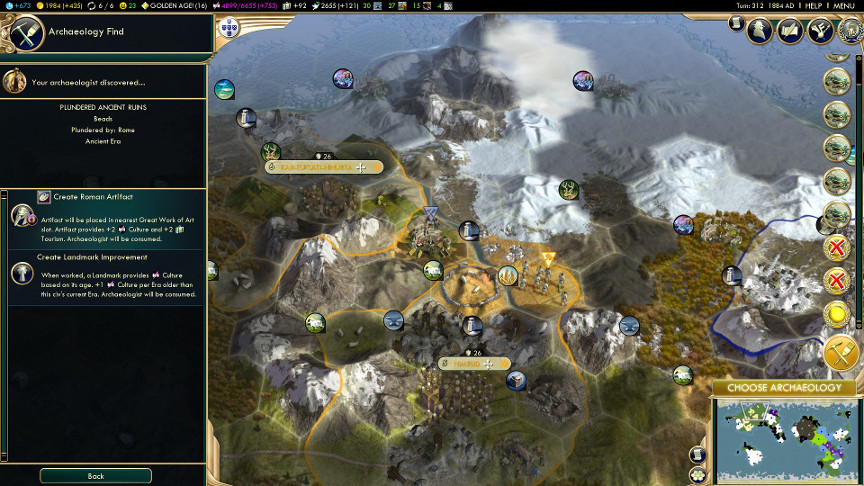 After all, Pedro did not ask for direct intervention, thus indirect will have to do, in the same manner as the Portuguese expeditions have been taught to respect border treaties to within the greatest degree of technicality they can muster. 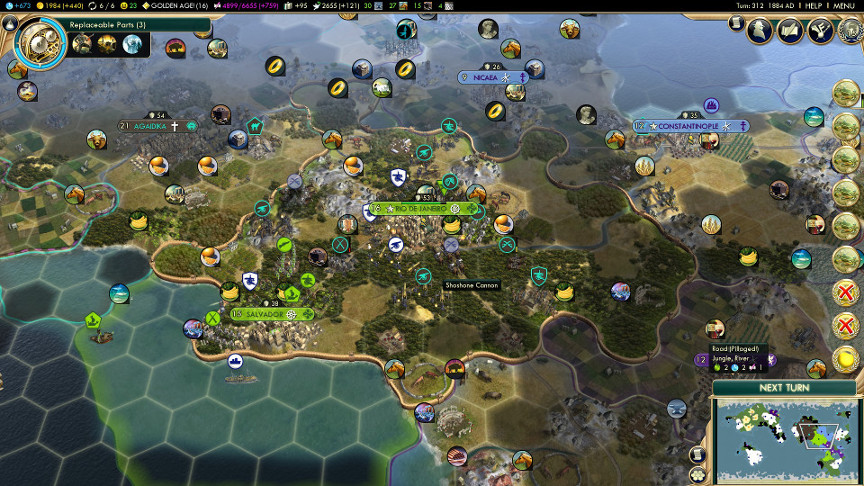 Rio de Janeiro begins to suffer under Shoshone cannon fire, but their battle lines are starting to break. 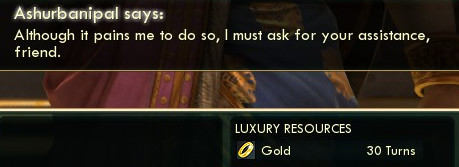 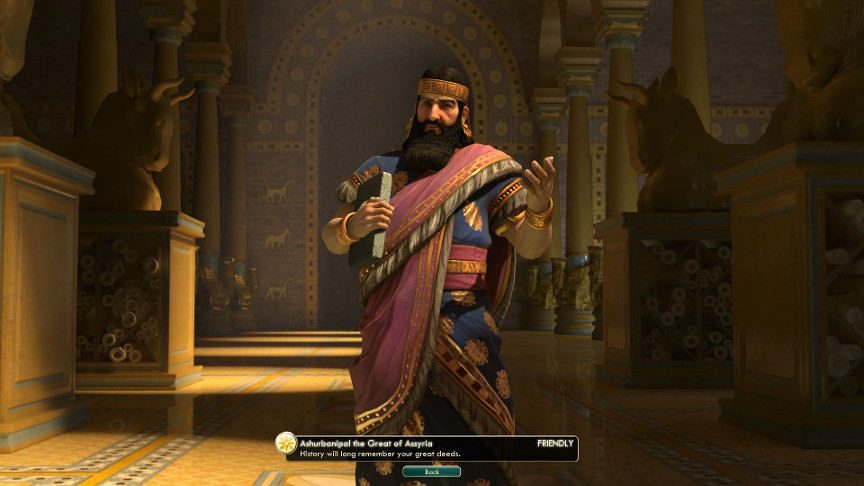 Such is the boundless generosity of Portugal.  In the end, even Pedro must recognize that his interest lies in accepting help where it is both offered, and necessary. 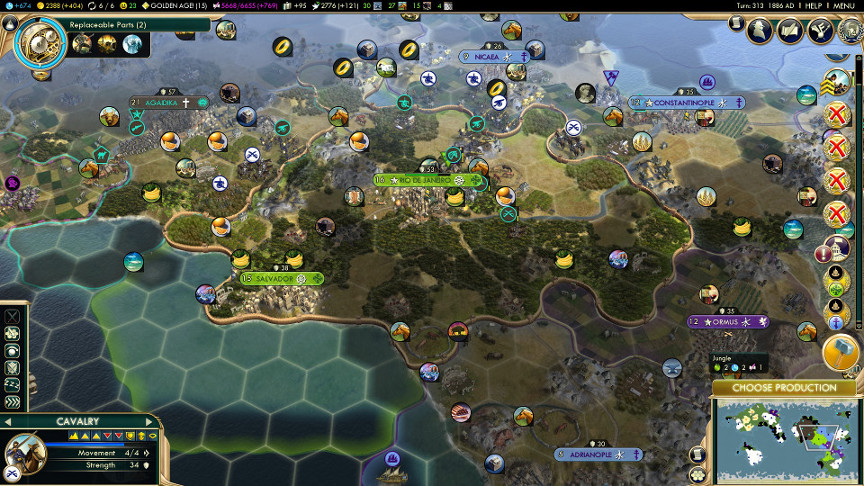 Yet again, diplomatic technicality strikes, as the treaty of Open Borders expires and Portuguese forces are rapidly expelled from Brazilian territories. 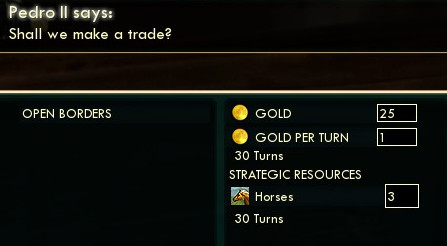 While renewing this deal is in his own interest, Pedro is not above seeking recompense for the continuity of this treaty. The President reportedly said "He has learned well" upon hearing this news. 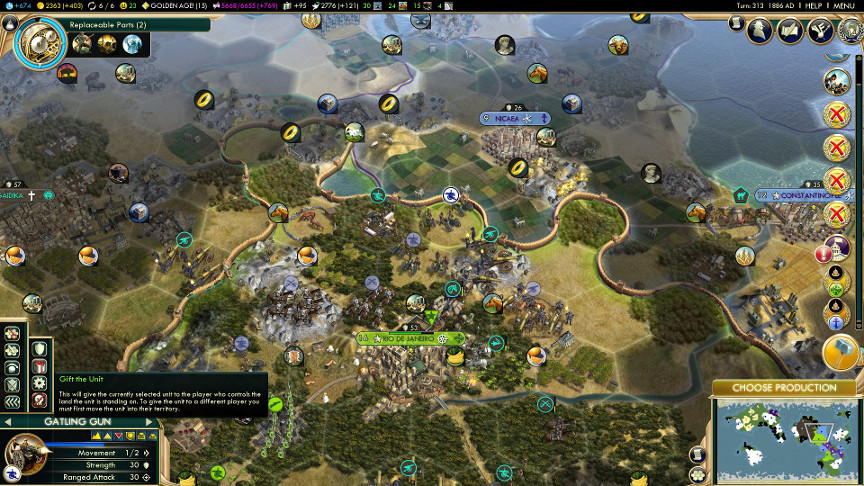 The plan continues in earnest, as more and more Volunteer companies receive the order to report to Pedro henceforth.  Though Ashurbanipal demonstrates one of the dangers of the disappearance of culture, it must be said that his people have provided a very interesting reflection on the Fado tradition, as their own music laments the loss of Assyrian historical tradition. Their propensity for wearing trousers made of blue denim, normally reserved for field work, is also a trend that quickly gains steam in the mainland. 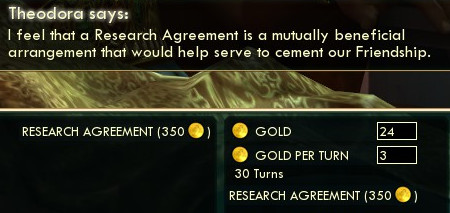 Theodora continues to make diplomatic overtures toward the President.  They are reciprocated in turn, when it becomes apparent that Pedro may be turning his newfound military into a sword to wield against the Byzantines.  As a hopeful safeguard against such a measure, terms of mutual defence are renewed with the Byzantines. 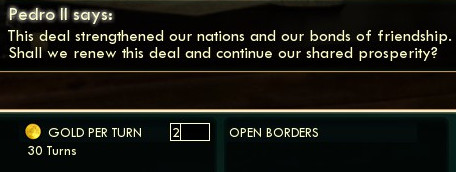 Just as Pedro must pay for his own privilege of exporting Brazilian culture to Portugal. 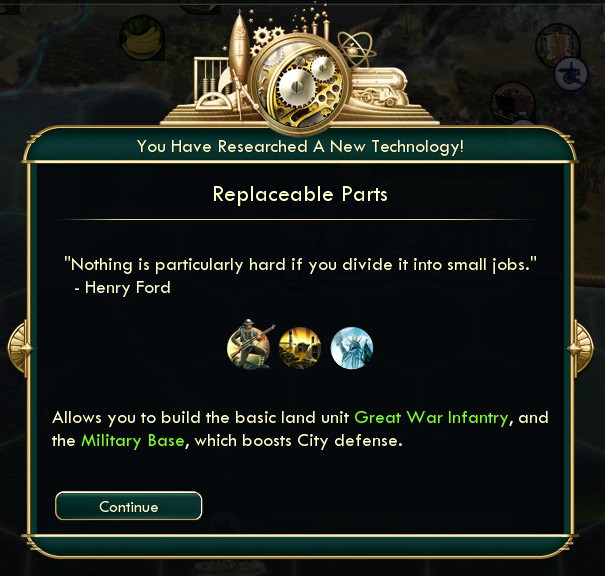 The transience of experience is something that makes for interesting ideas in the manufacturing sector. 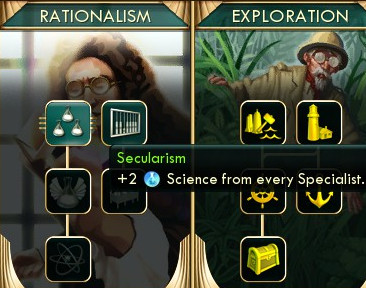 In areas of learning, it is even said that people are turning away from purely Sebastianist interpretations of history and academics, which is a significant step when considering that Sebastianists value learning so highly to begin with. 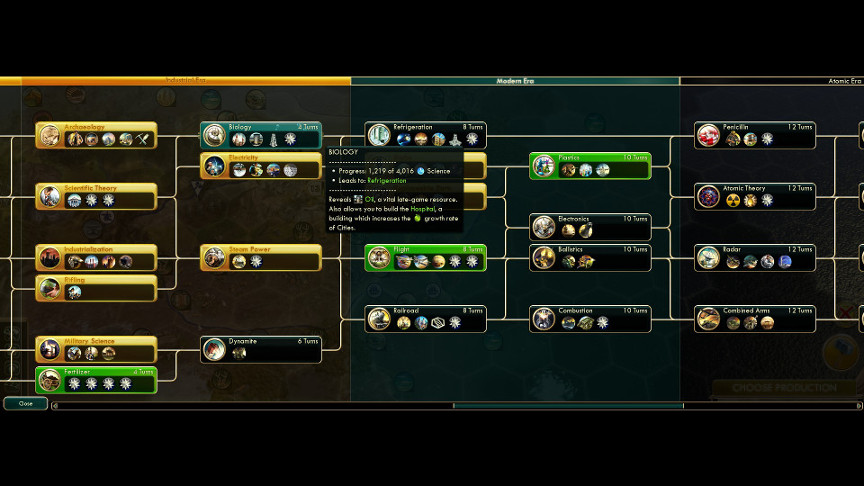 We are in an era of learning more about ourselves than the rest of the world. 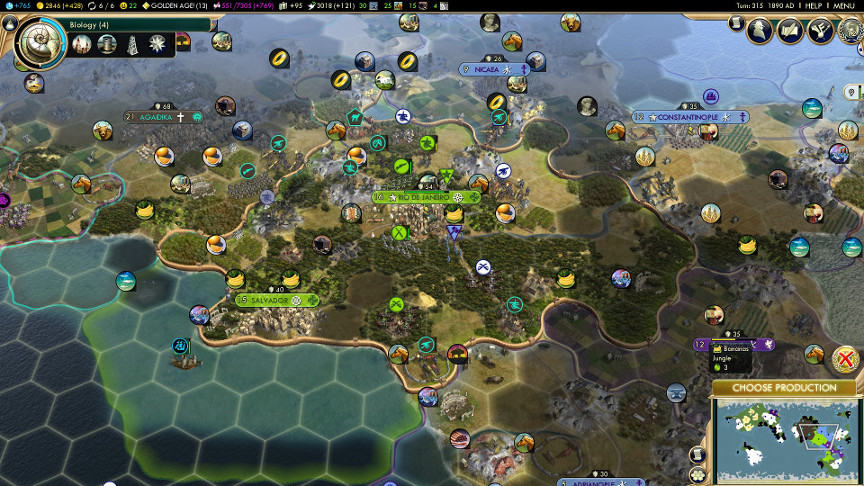 Brazil's new Volunteer Defence Force brings its weapons to bear, and the Shoshone are steadily forced back to their own borders. 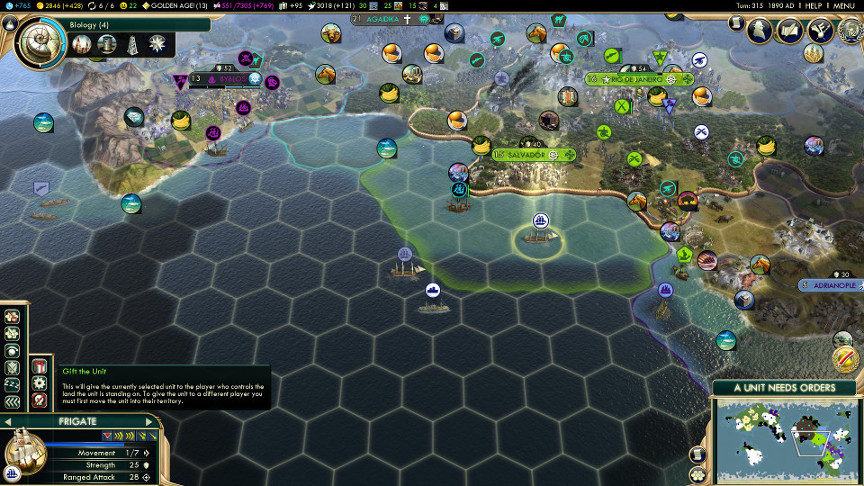 However, no Portuguese offering is complete without providing a ship as well. 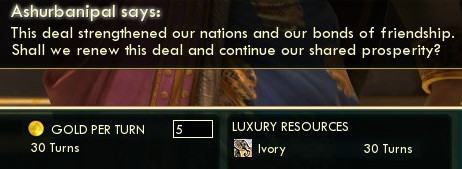  Assyria appears to be making an impression abroad with the Shoshone as well, though that may be because Pocatello views the Portuguese and Assyrians interchangeably, now that they are not separated by the barriers of culture. 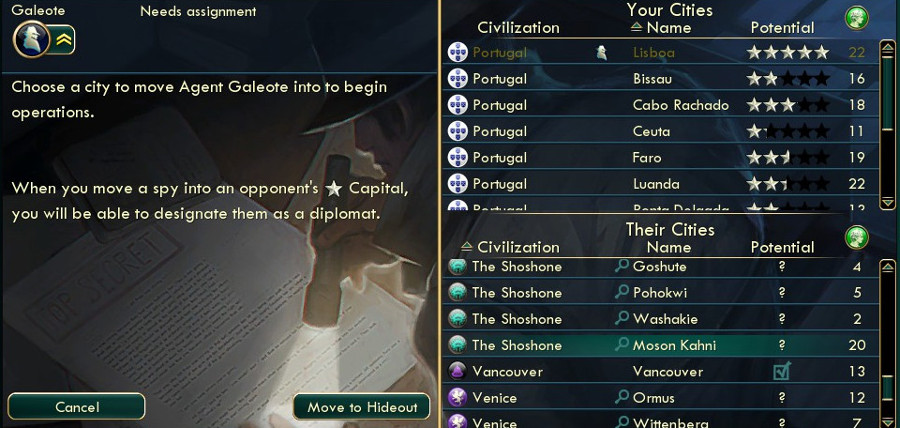 Through the coordinated efforts of the newly created Sistema de Informações da República Portuguesa, a promising young agent is sent to Moson Kahni to better understand the politics at play within Shoshone territory. 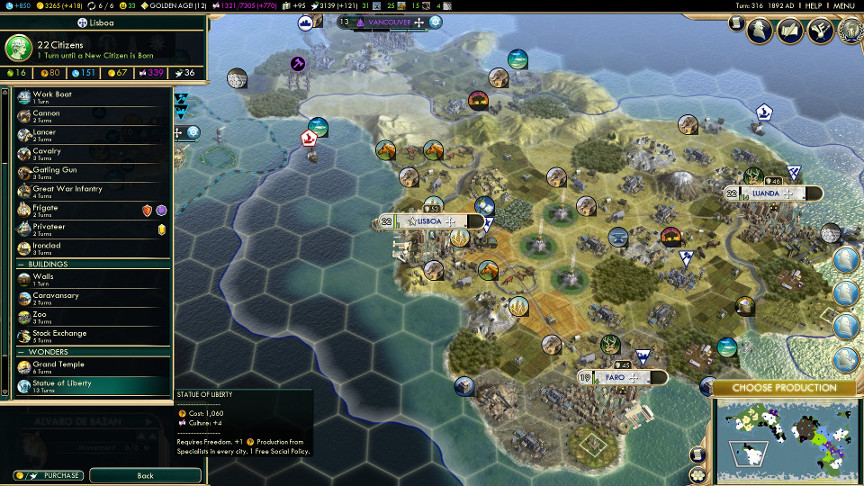 It is then that one of the greatest Portuguese undertakings begin in earnest. 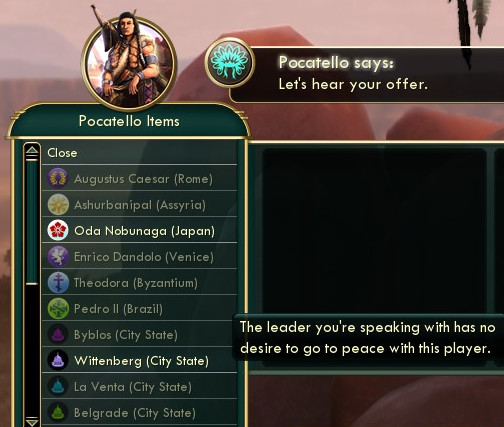 ...Even if the cause of world peace seems further away than ever. A ser continuado. LP NOTE: Thanks for sticking around to read this one even if it is a bit behind schedule. One other thing I tried to do was shrink the images further to test compatibility with the LP Archive, as I now realize that the majority of images here will not fit should I try to archive it. I do have access to the original screenshots, and will try to adjust them to fit in it works for the Archive. However, I am also concerned that there is a drop in quality on the screenshots when they are reduced as they have been here, so I would appreciate some feedback as to whether you all think it makes more sense to shrink the screenshots to under 900px wide as I have for this post, or simply move the pages to an LP Screenshot Test Post format when I ultimately archive this work.
|
|
|
|

|
| # ? May 5, 2024 00:41 |
|
Interestingly, I didn't actually notice the drop in size until you mentioned it in the LP note, but looking back at it, I think this may be because I never needed to look at the text along the left-hand side. It may be more important to crop than to scale if you try to retrofit things.
|
|
|


